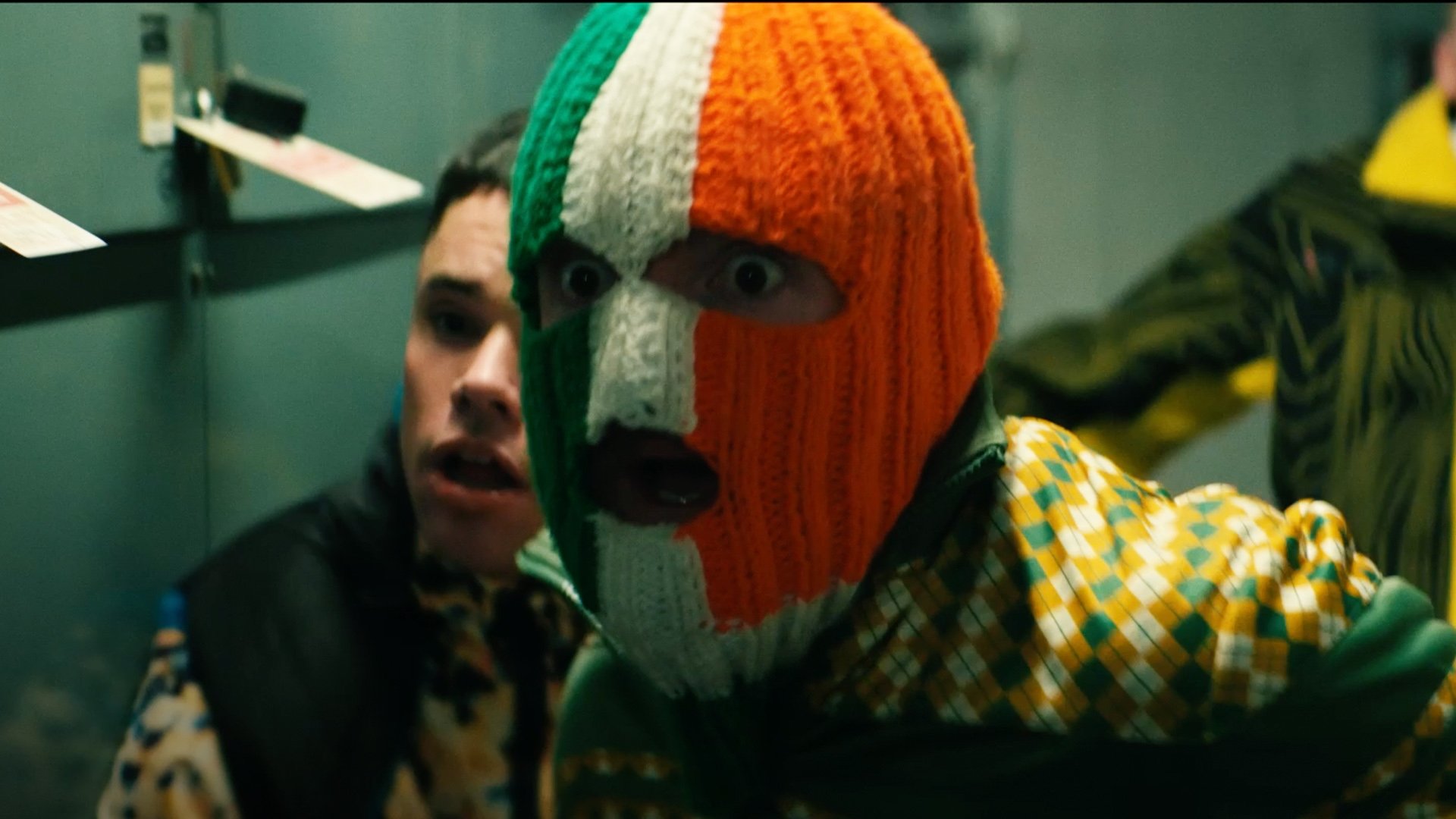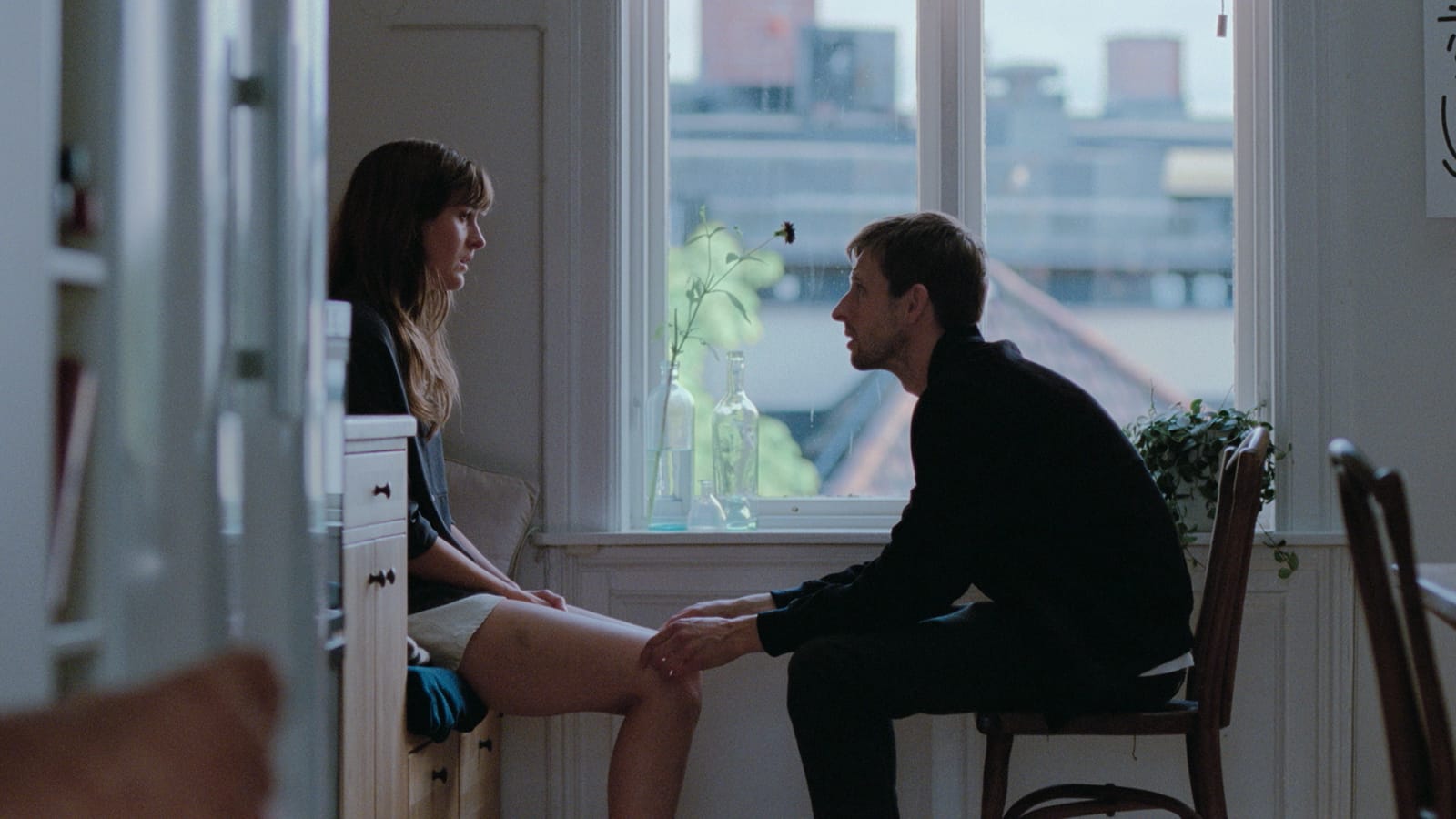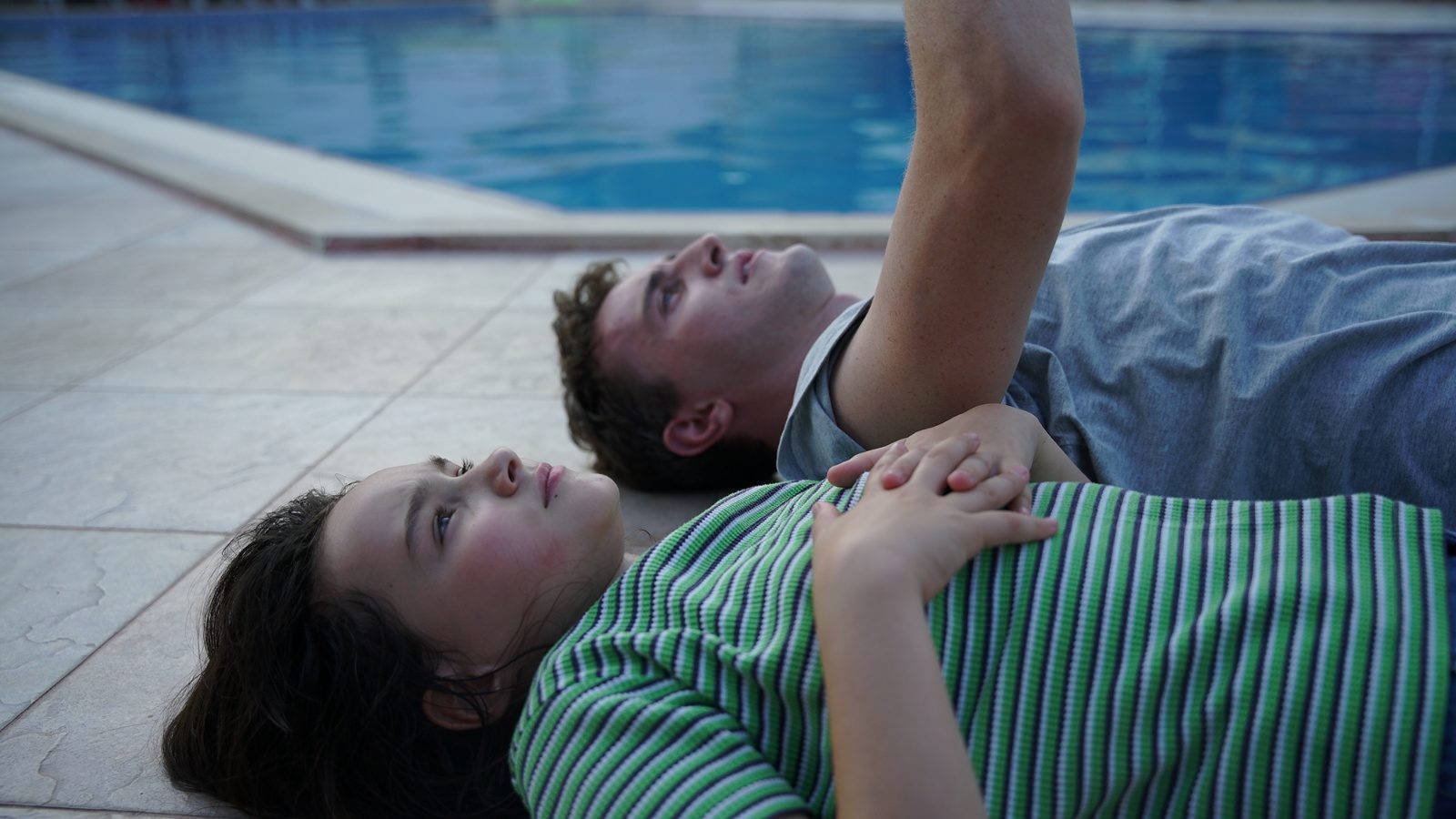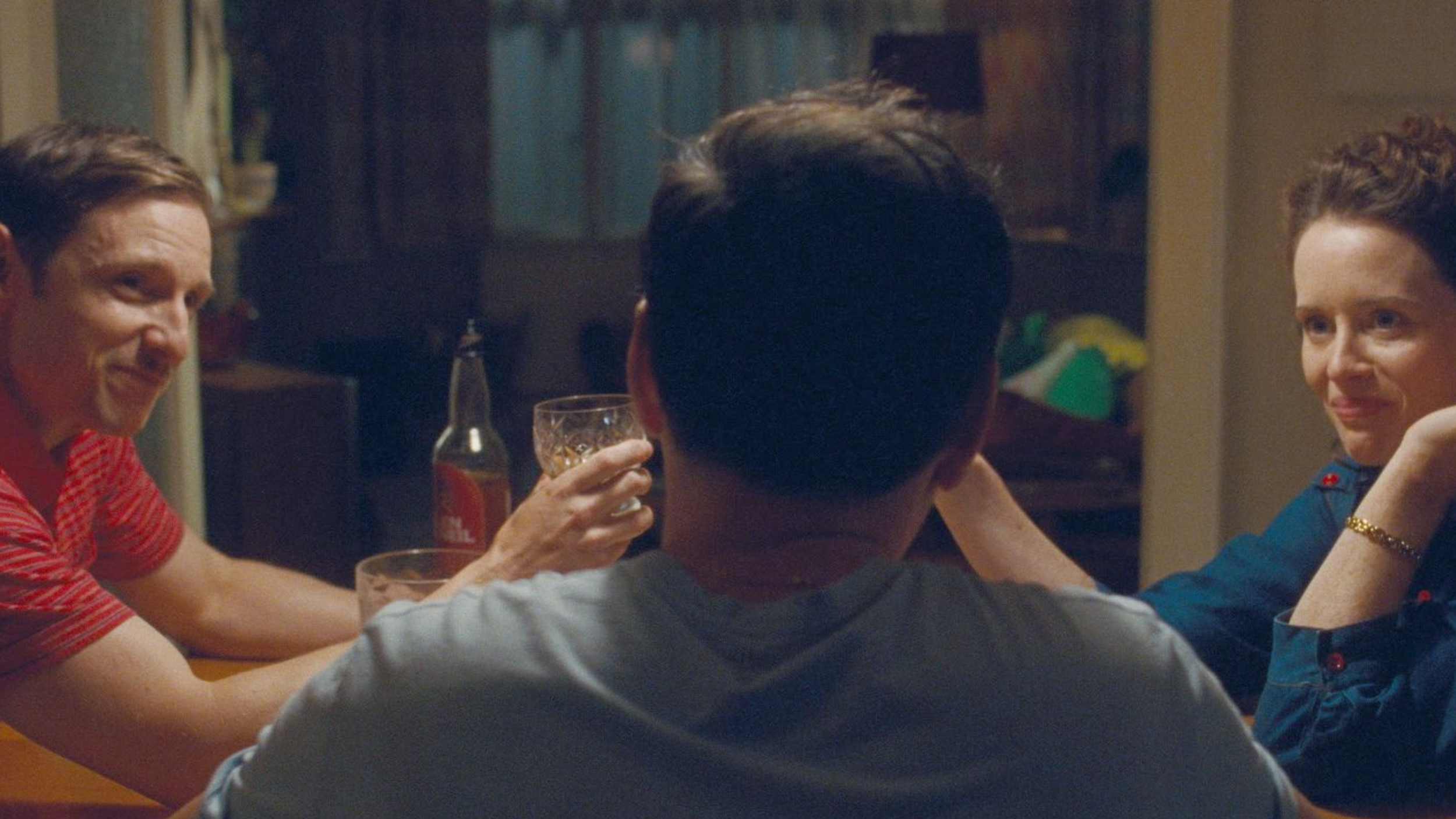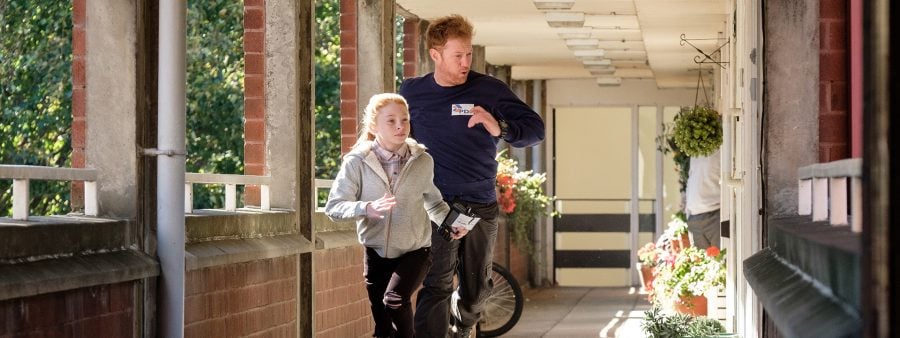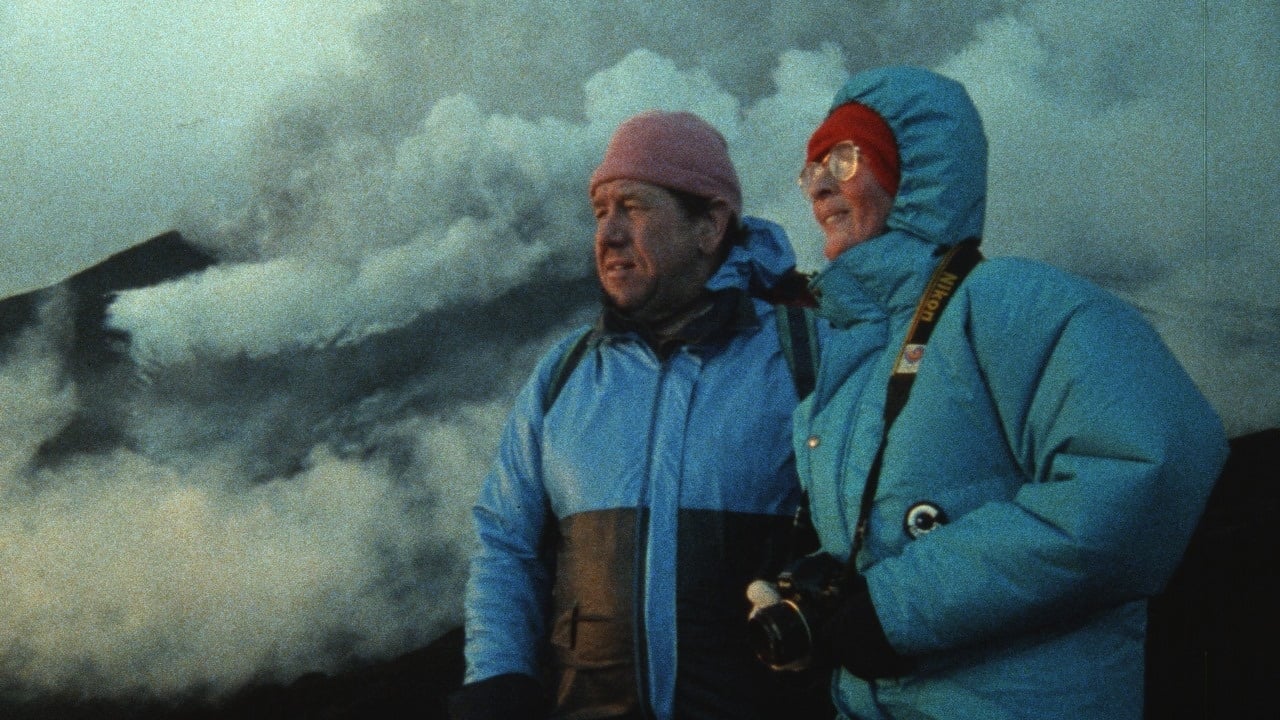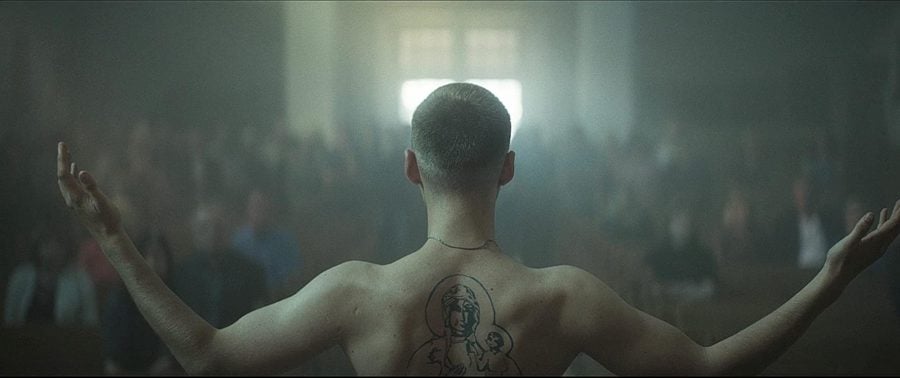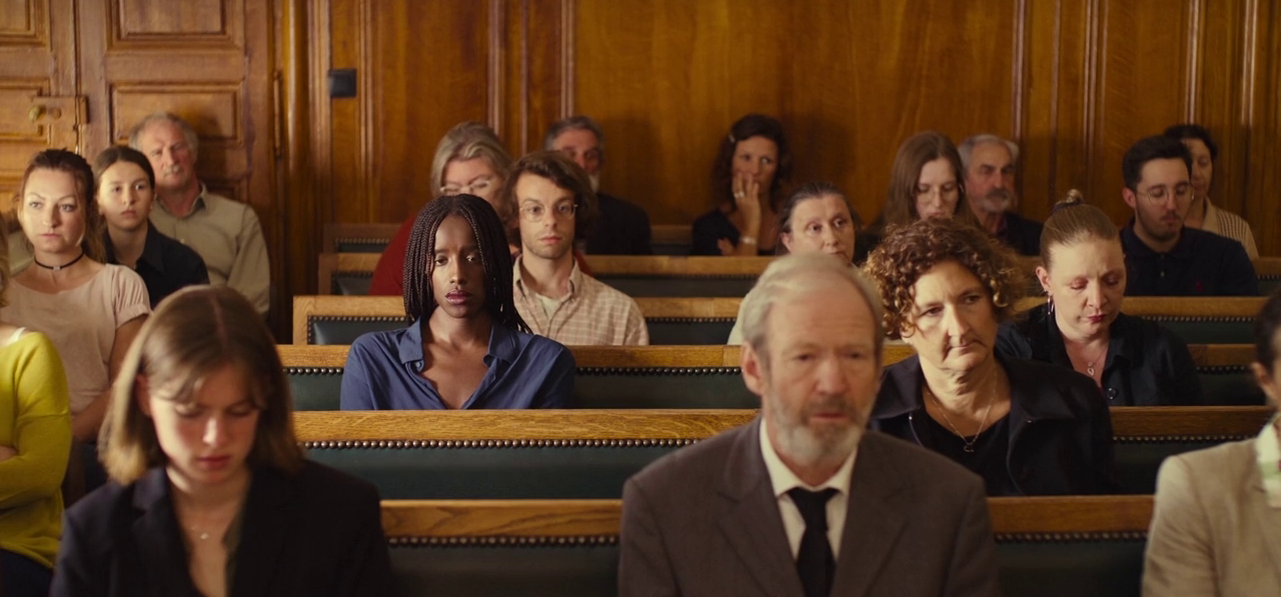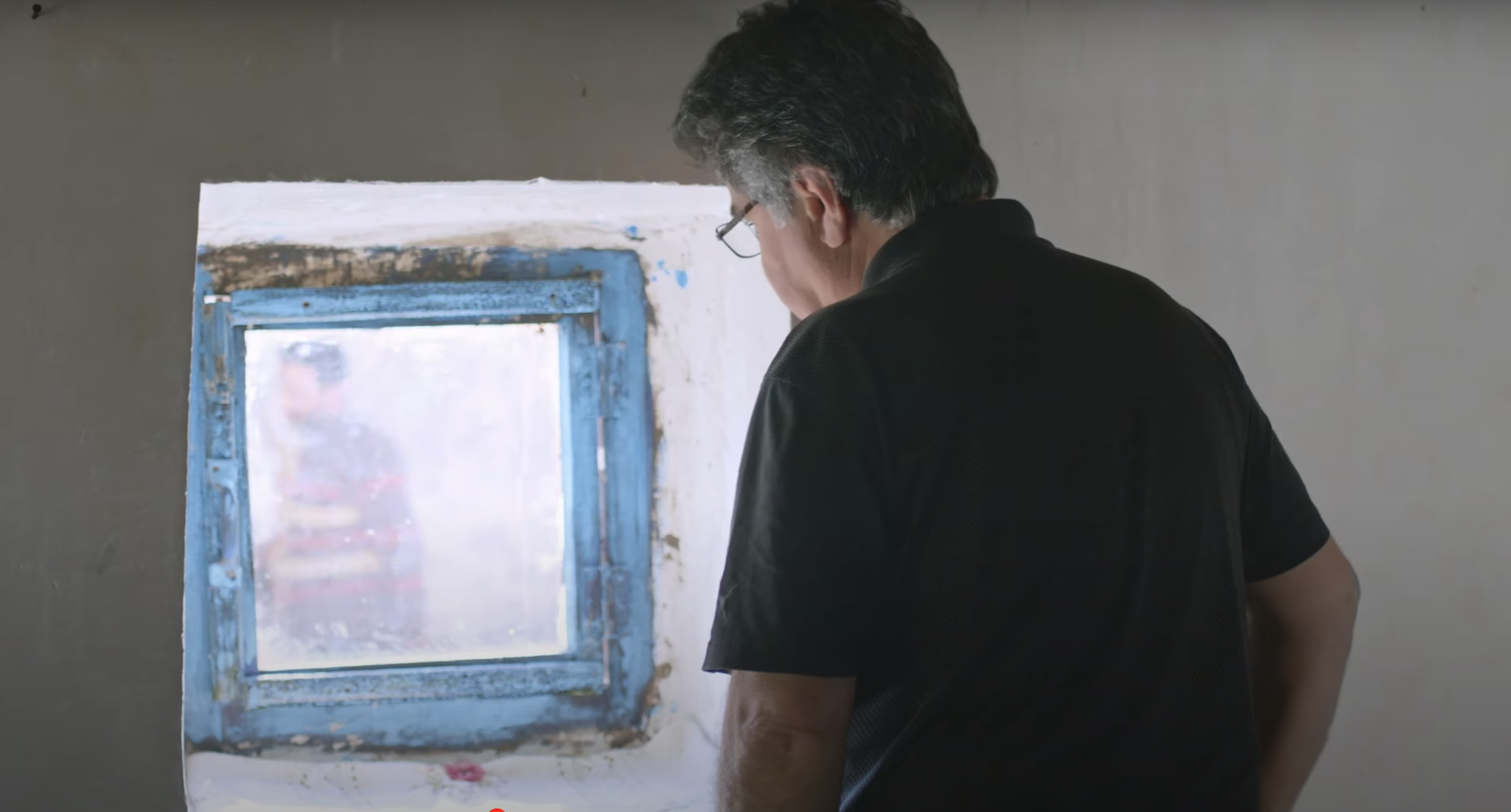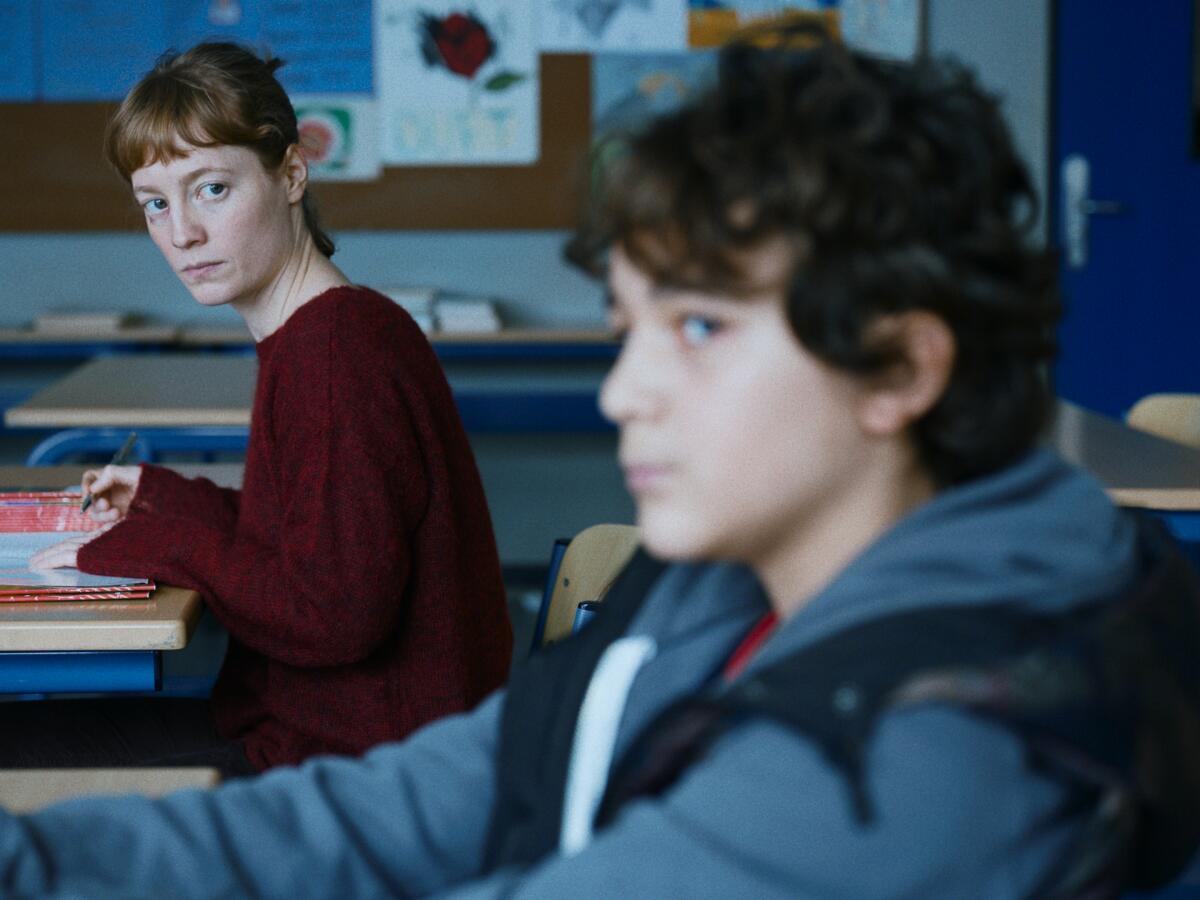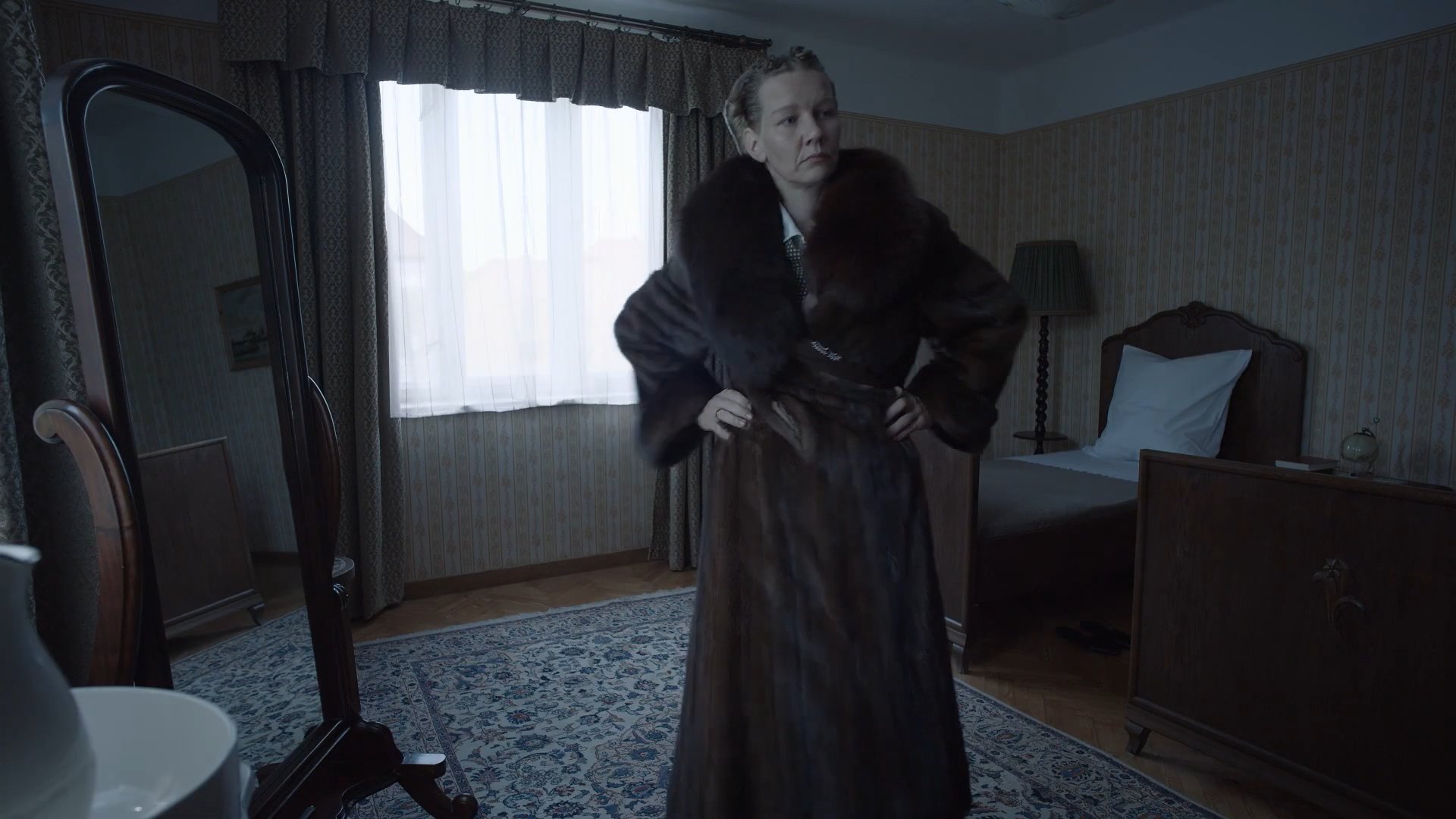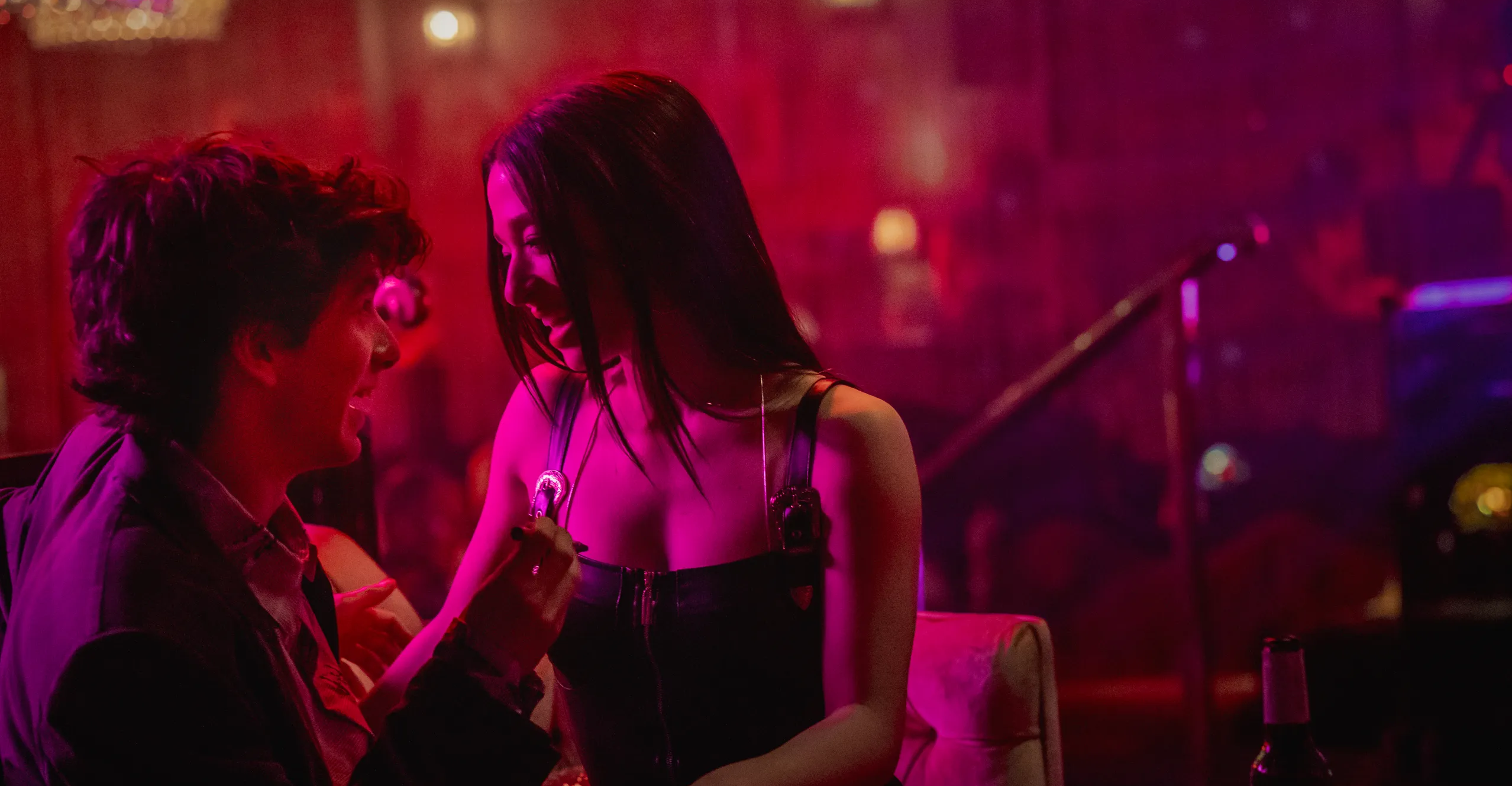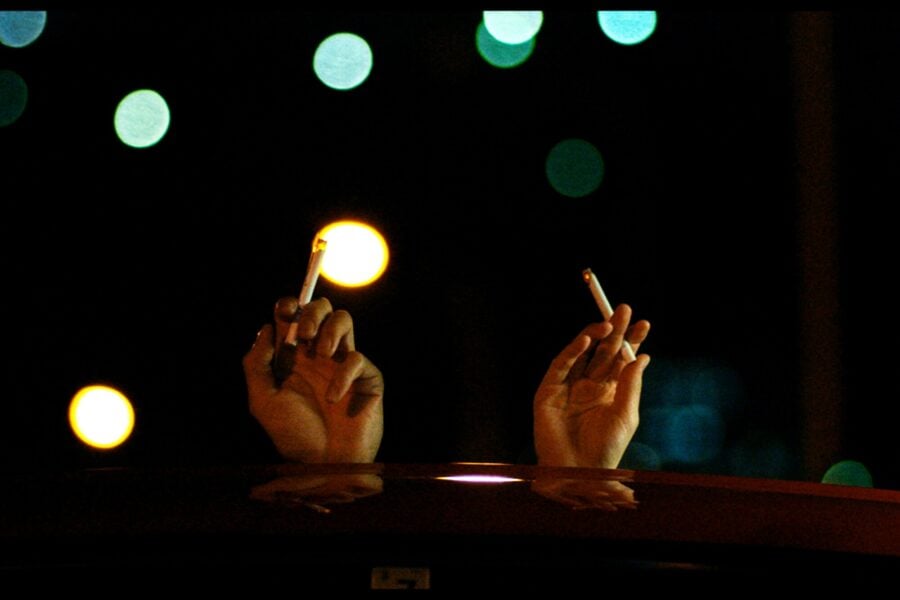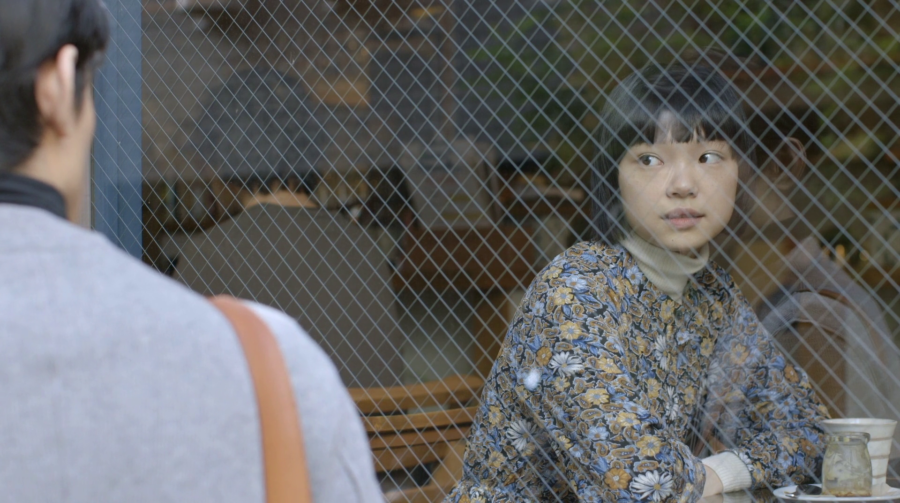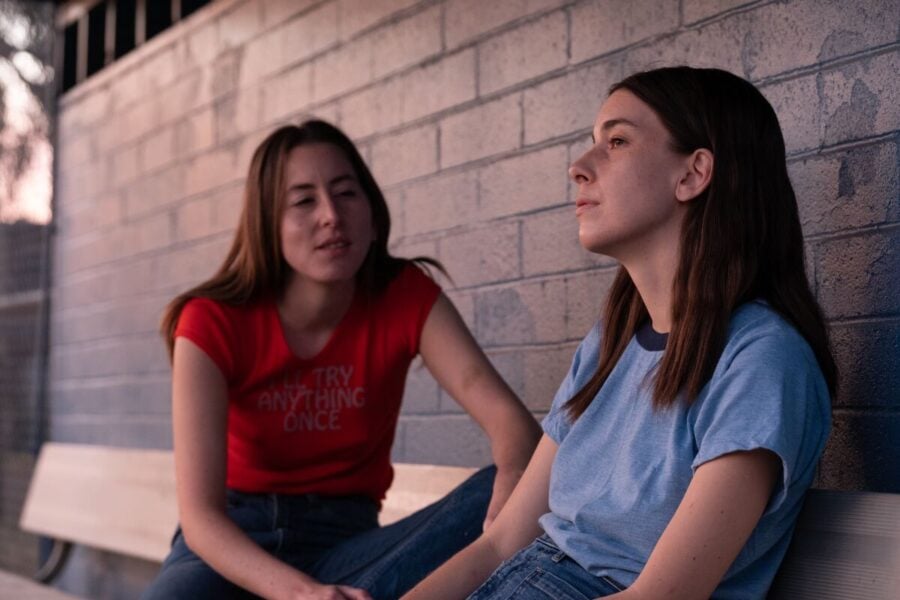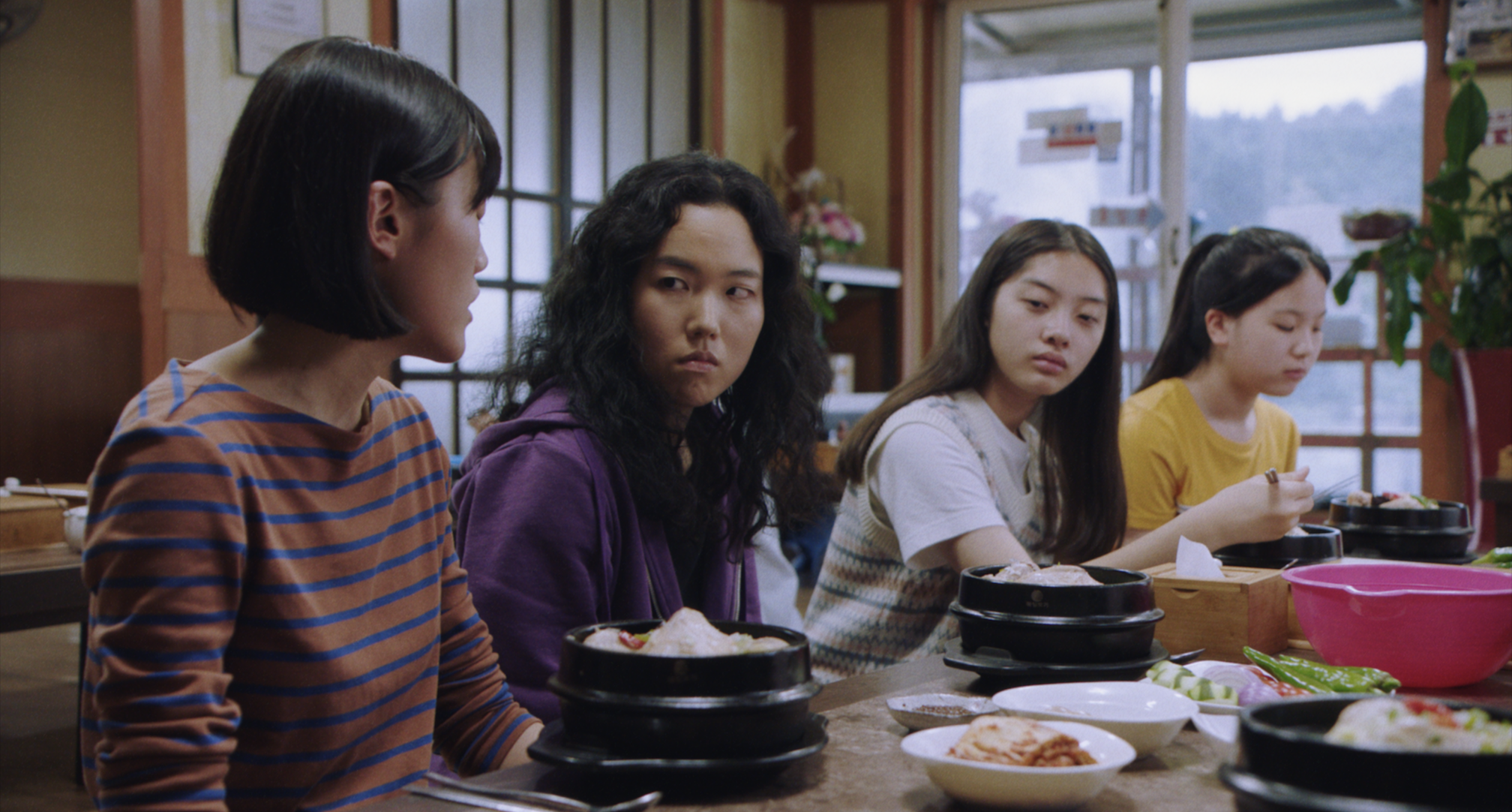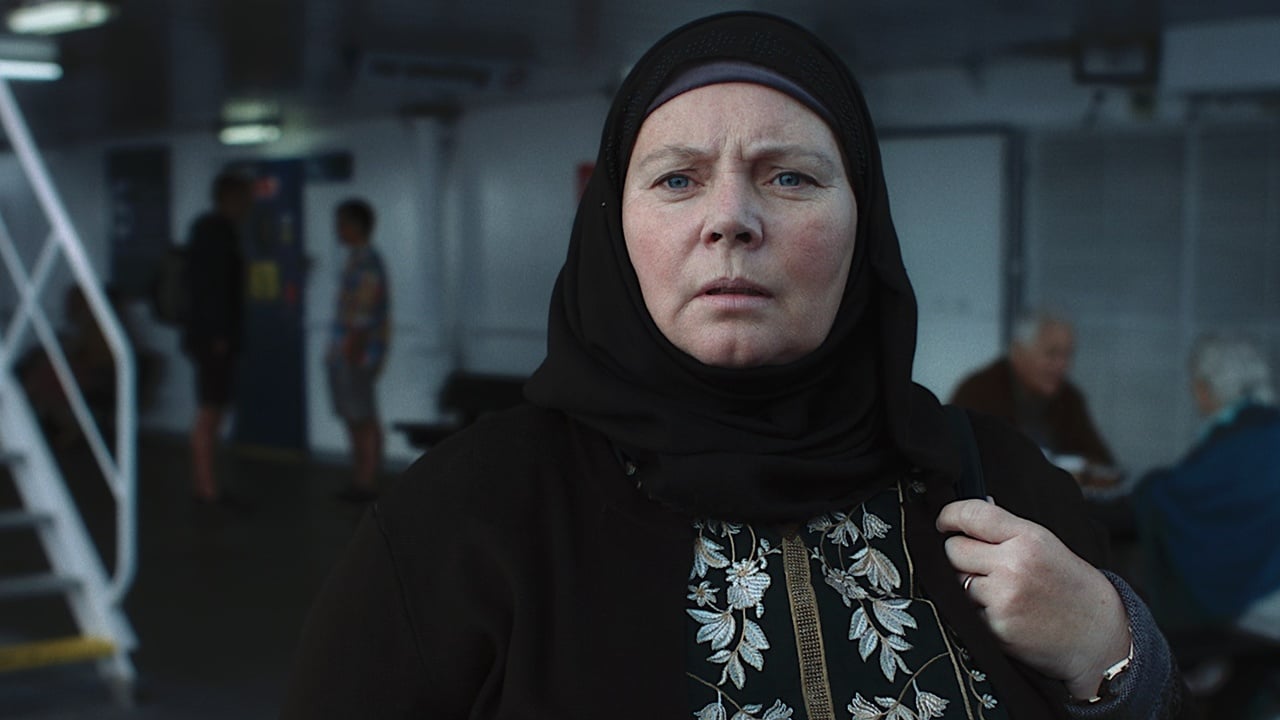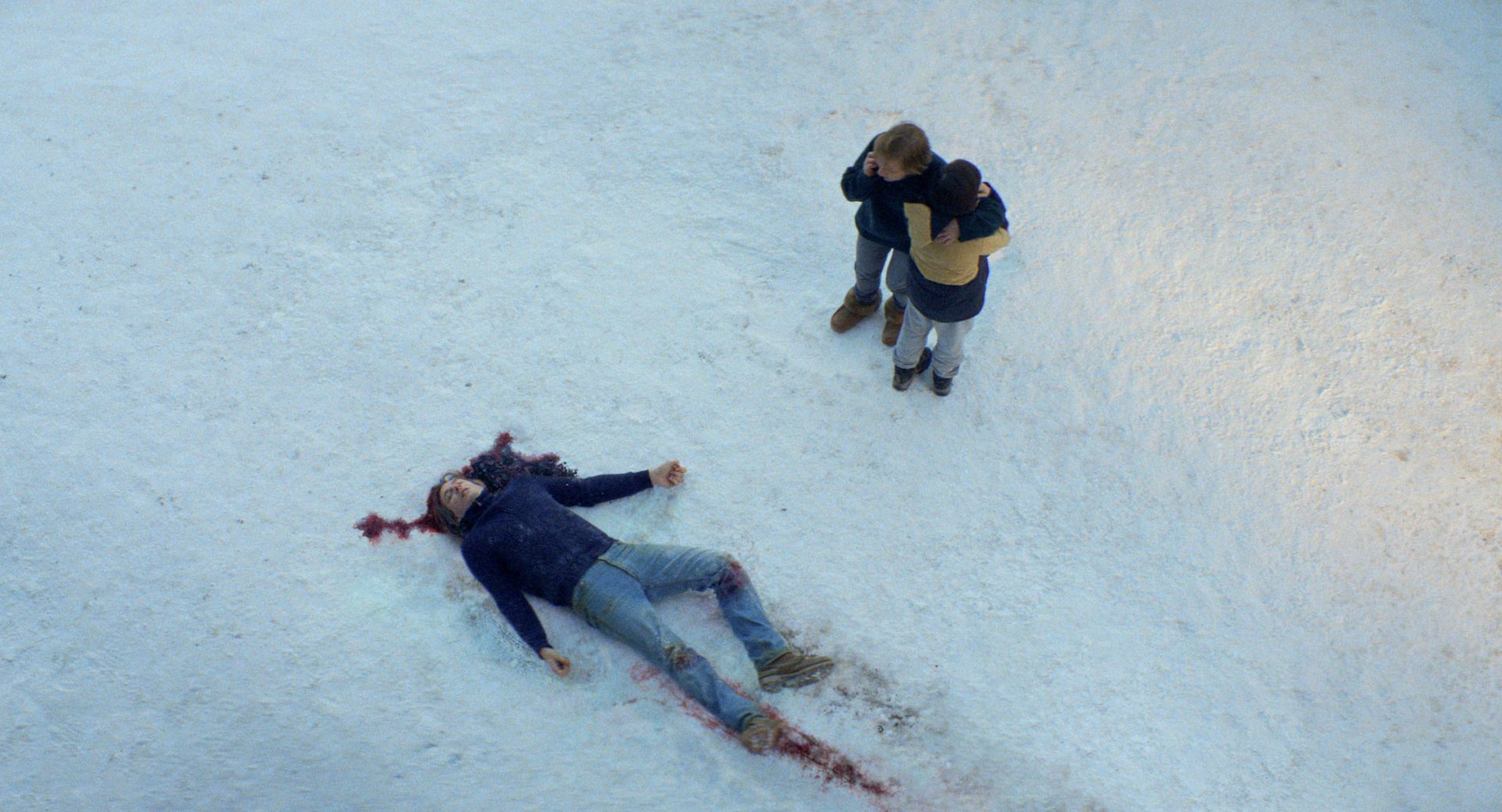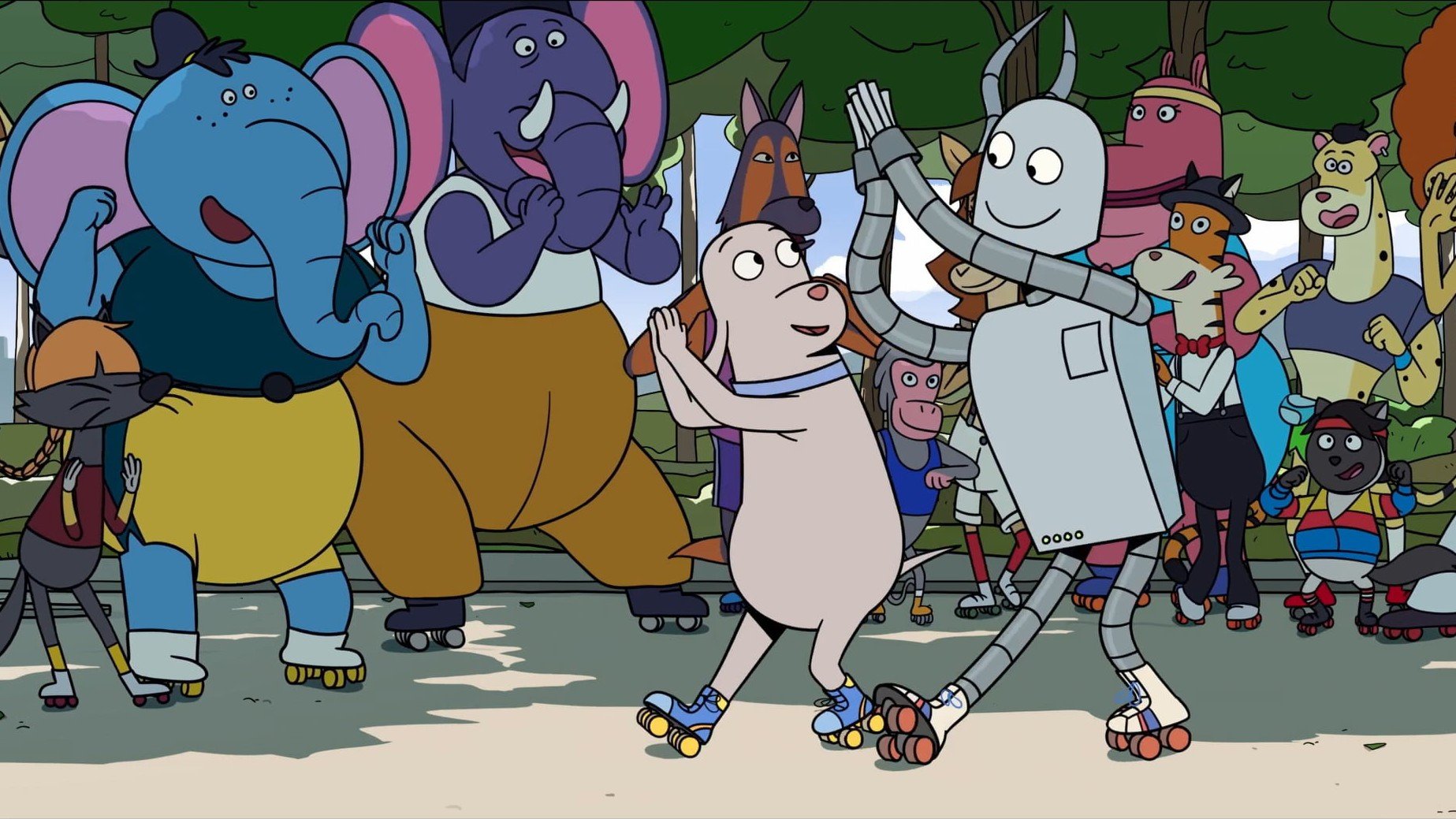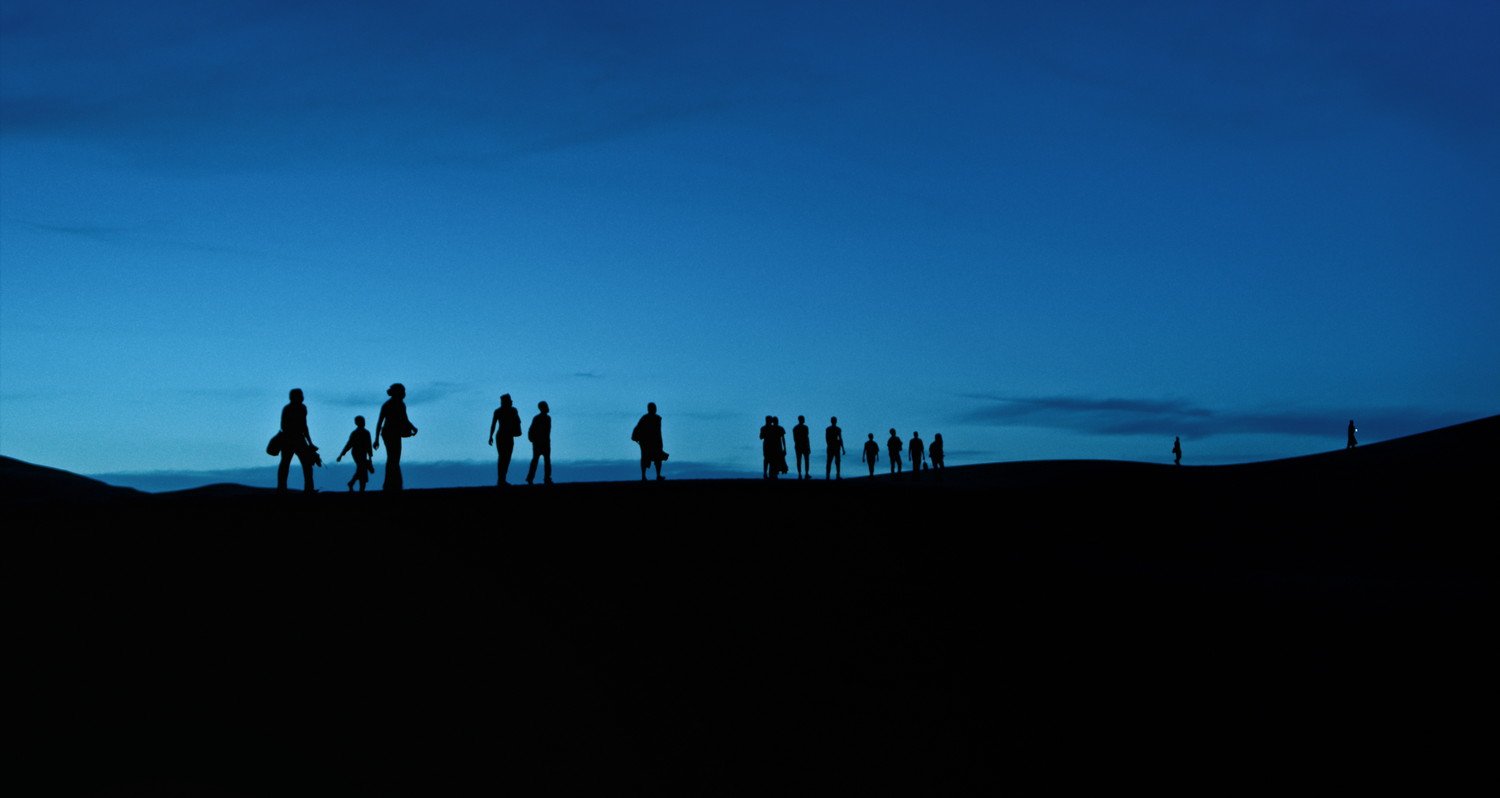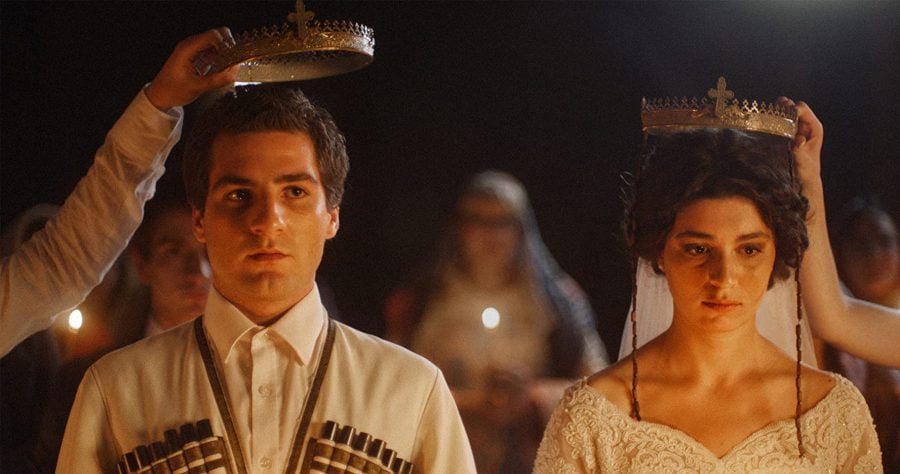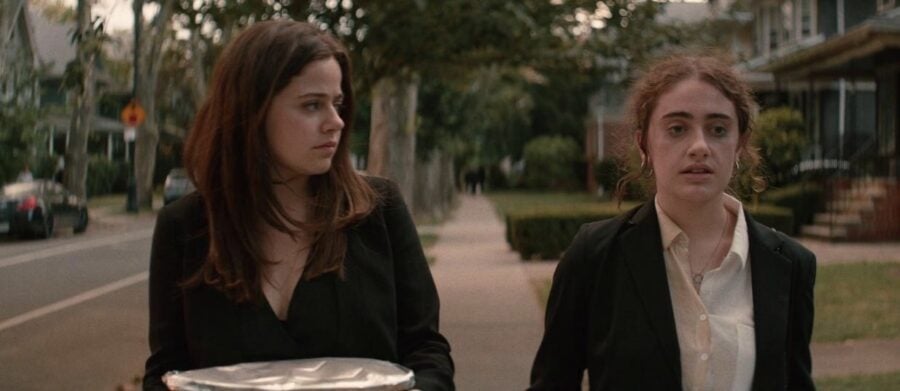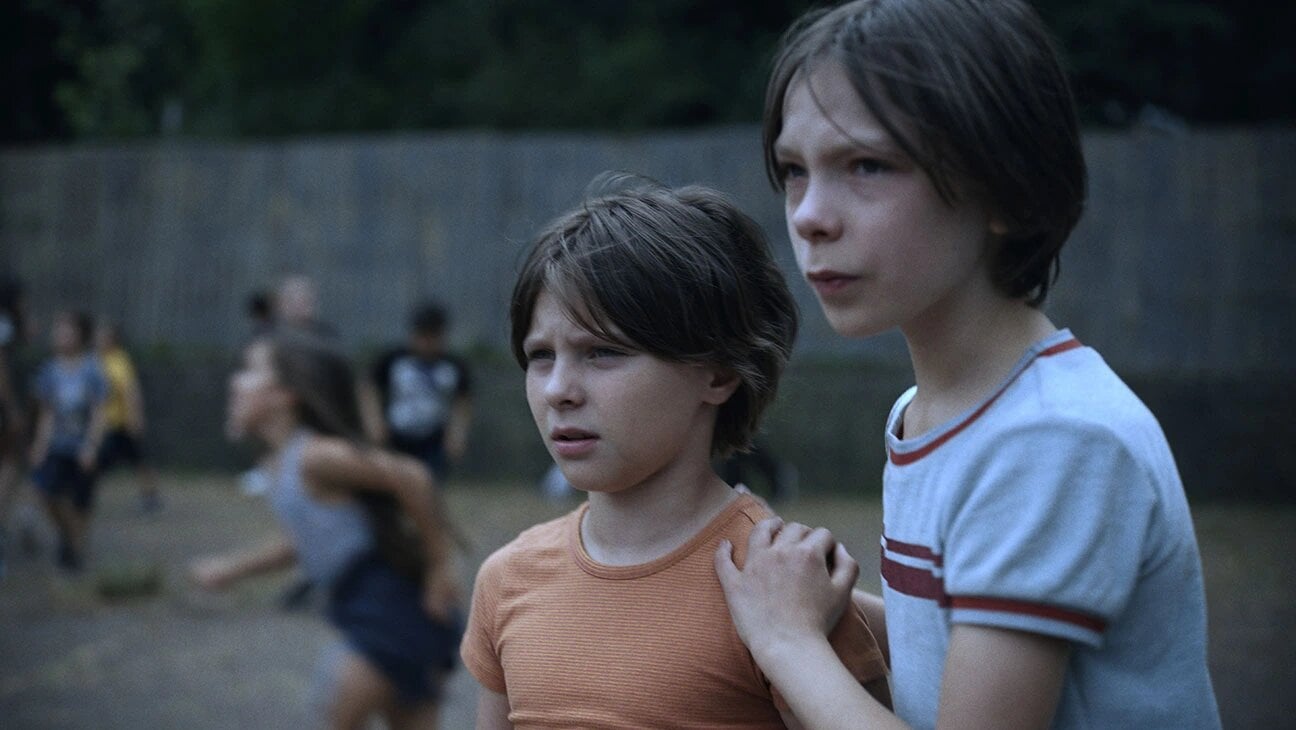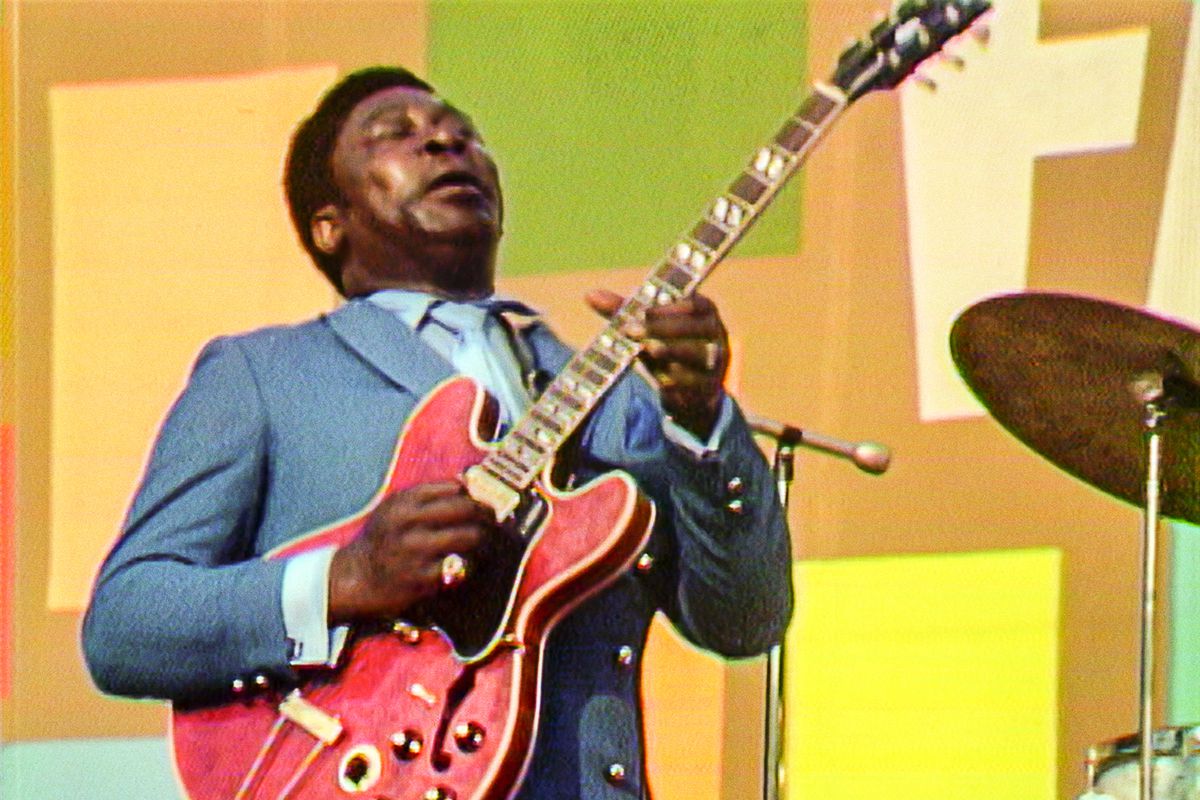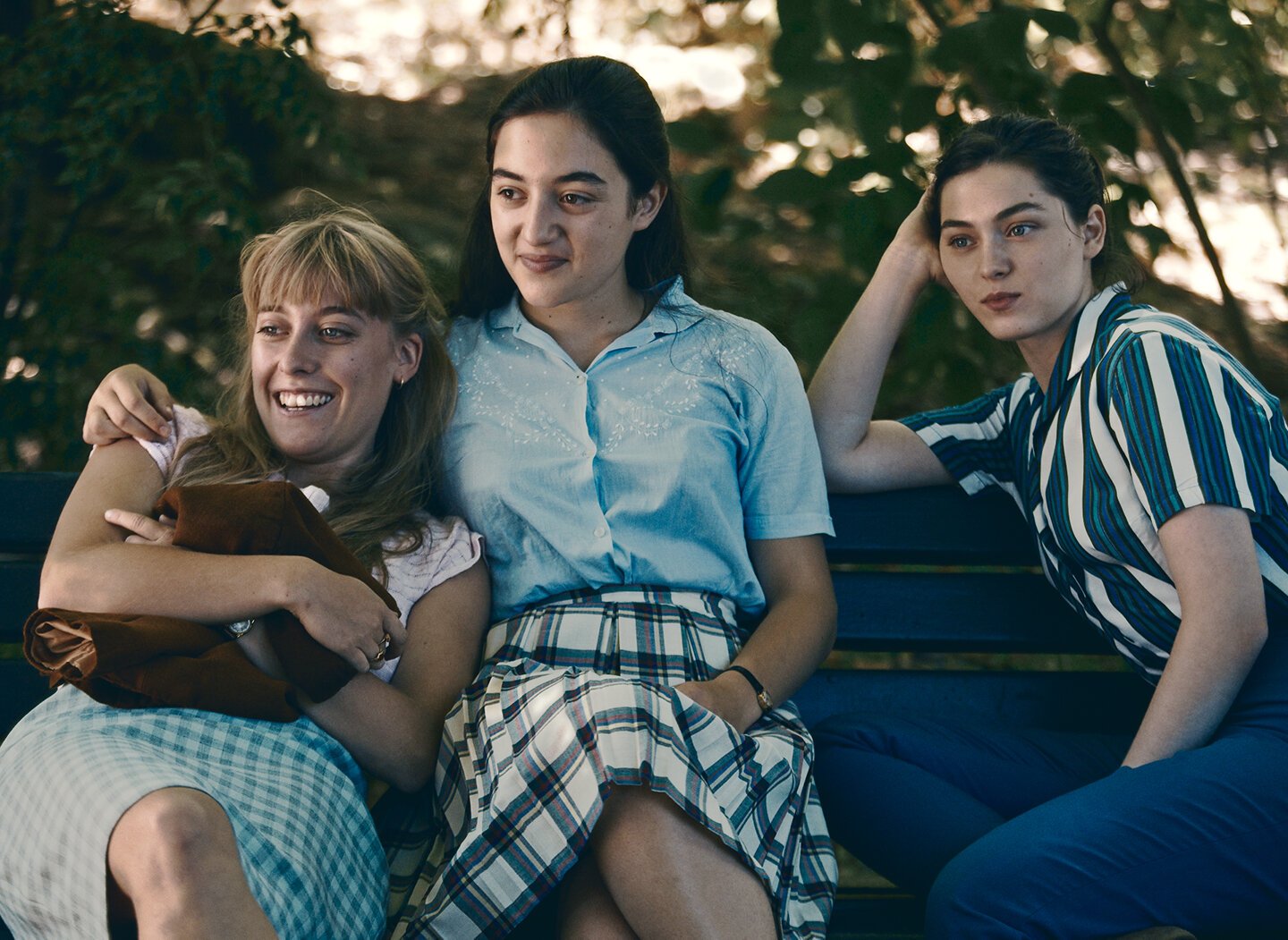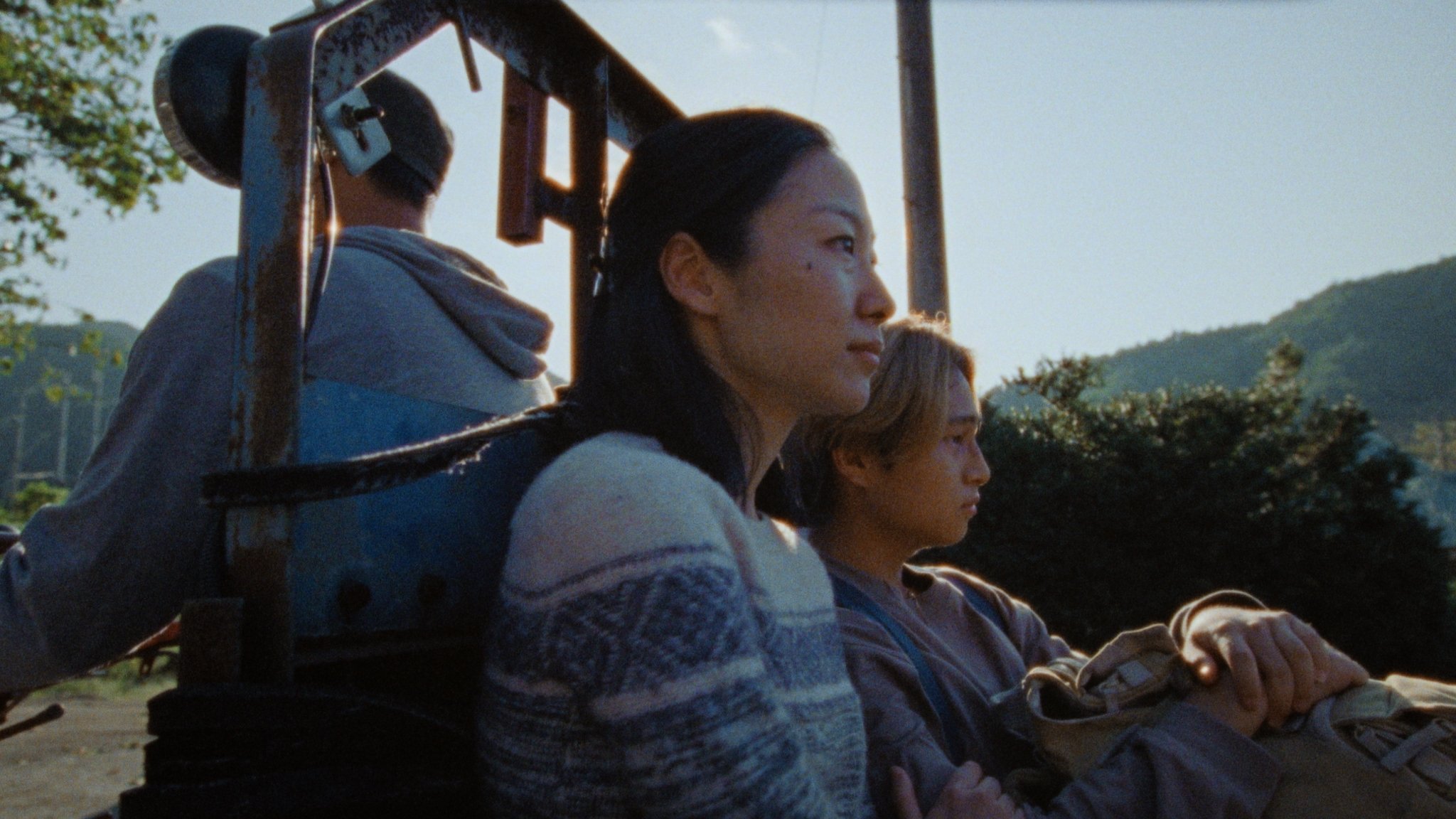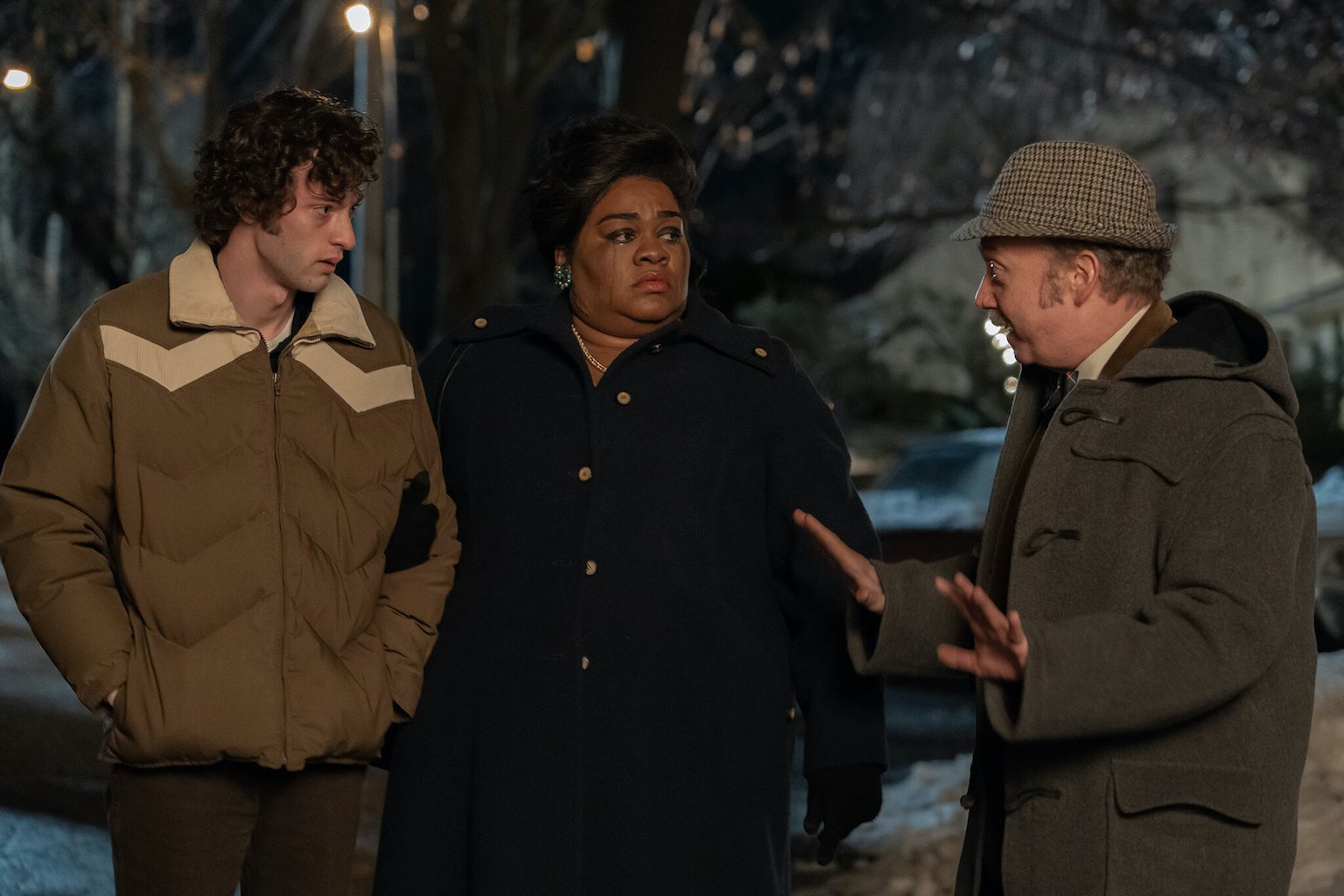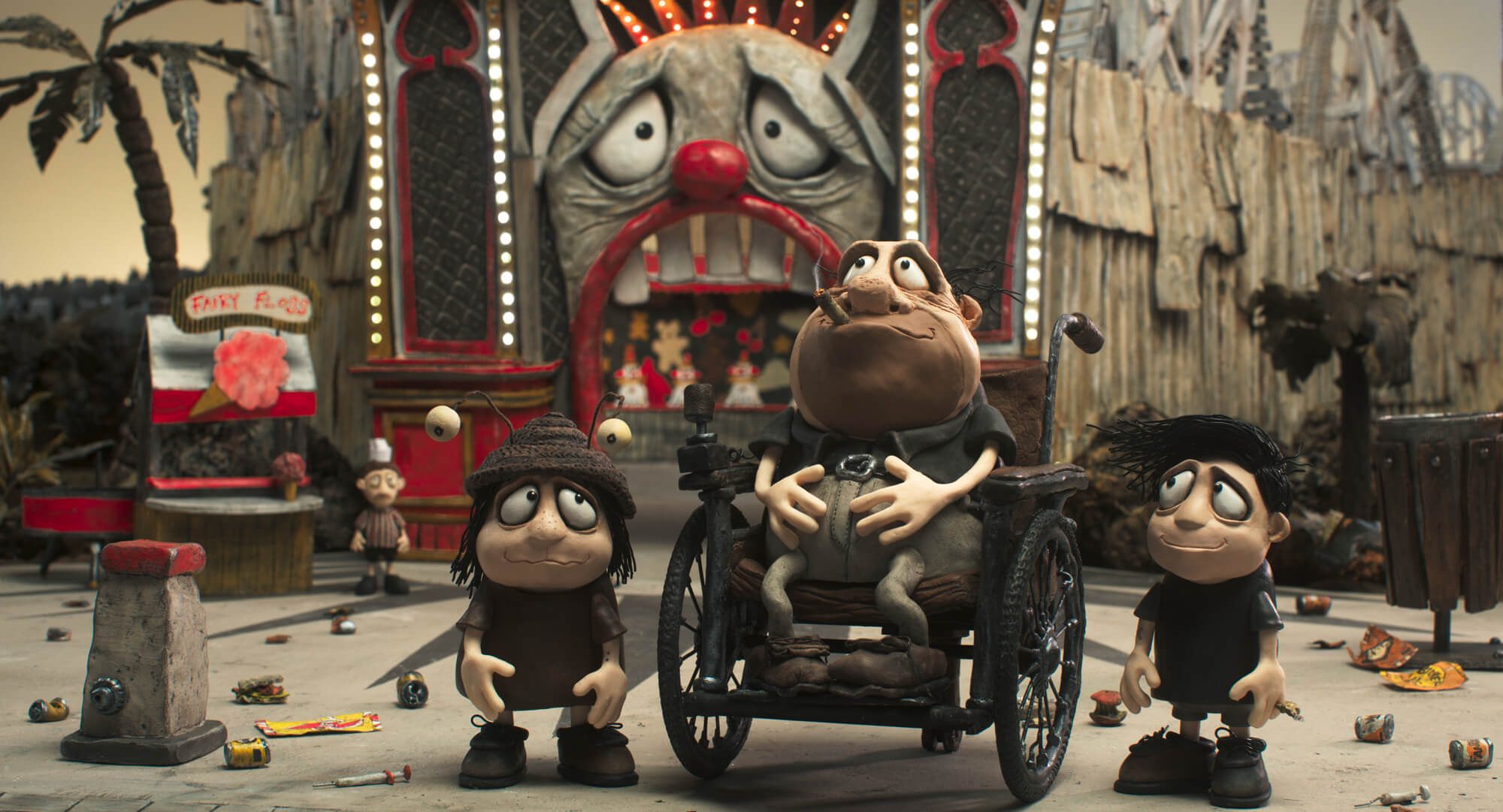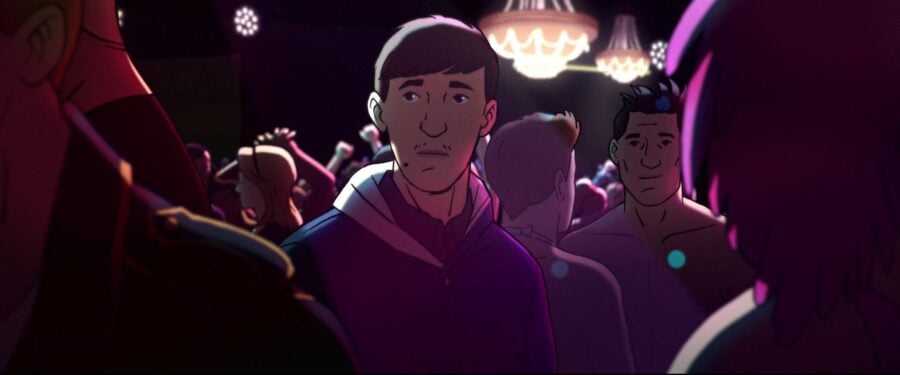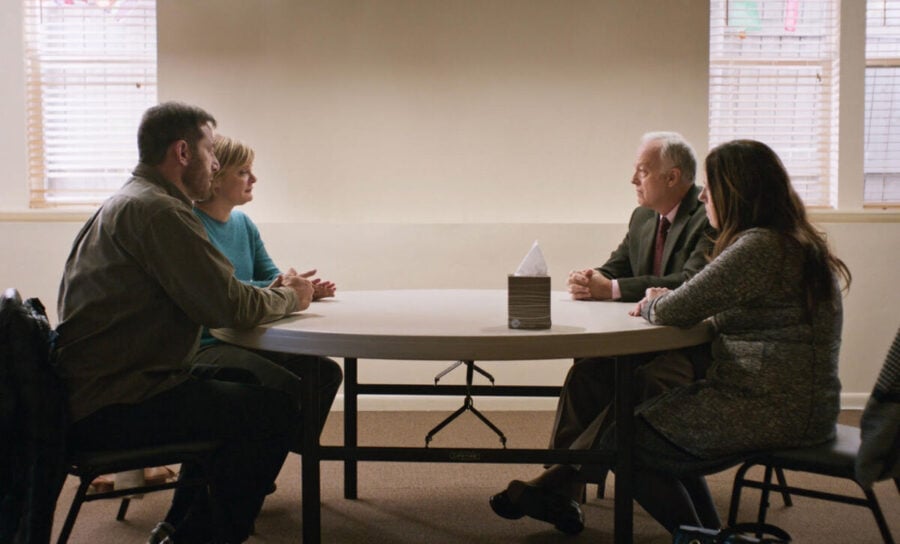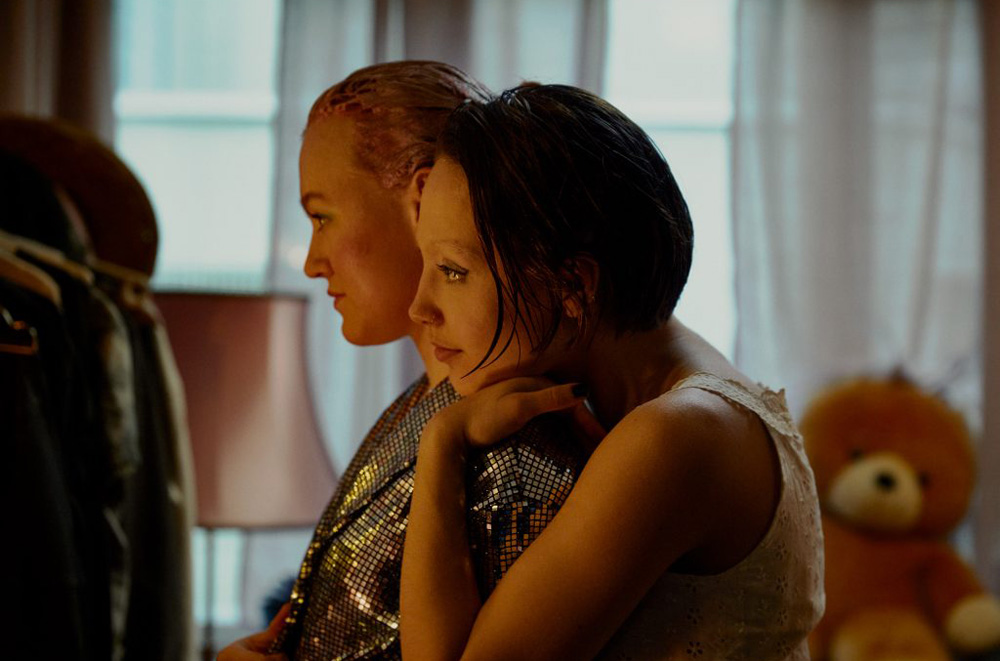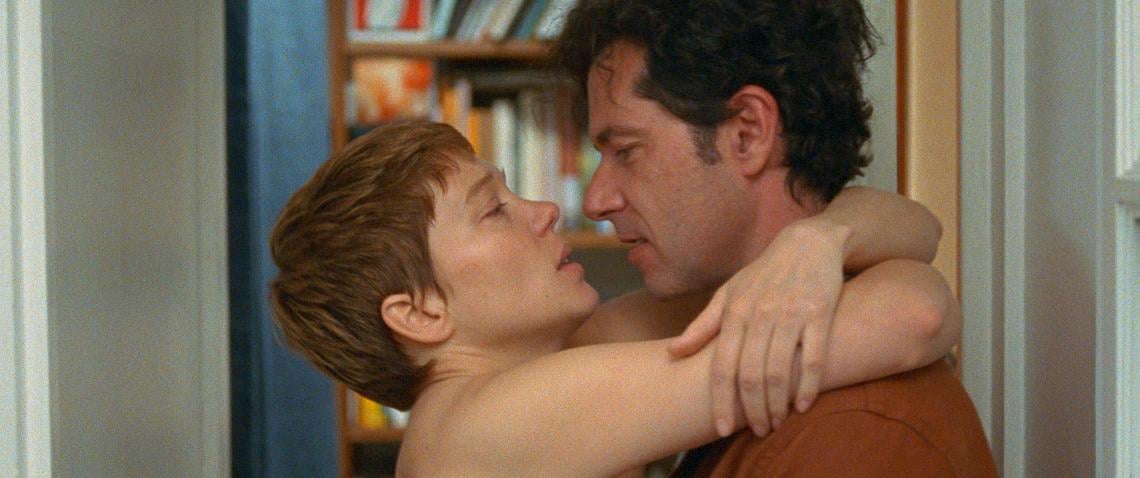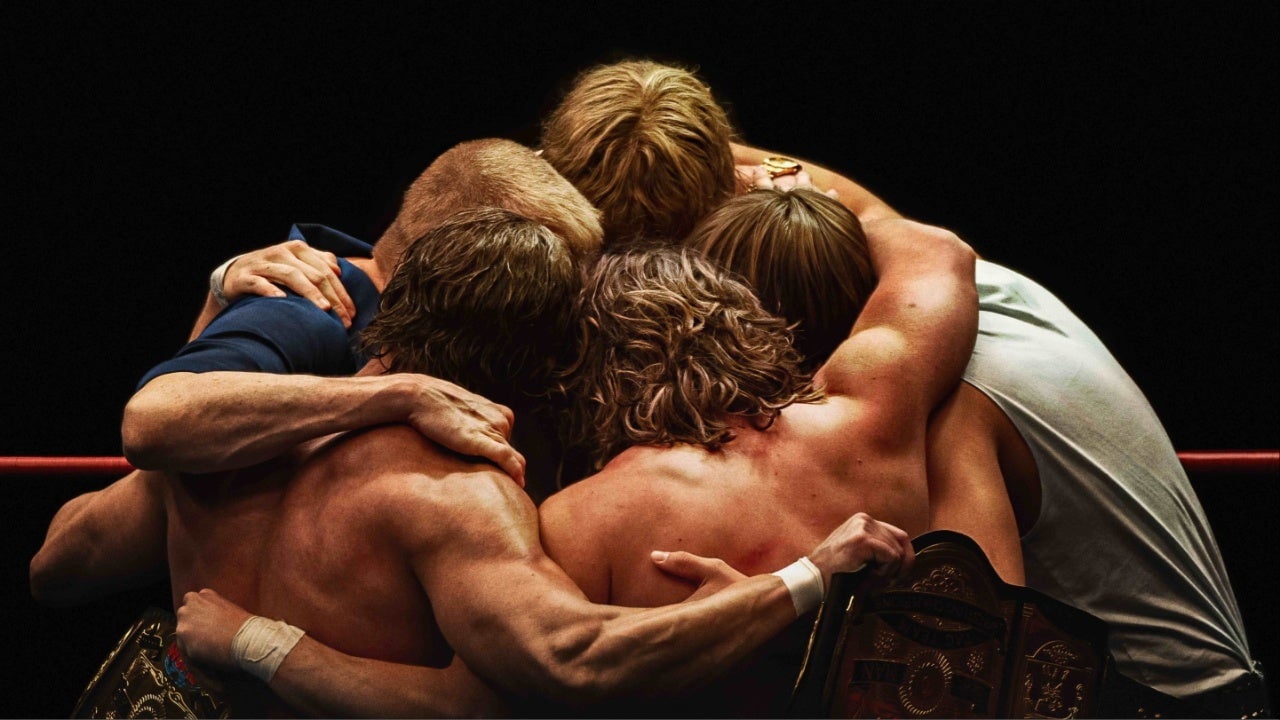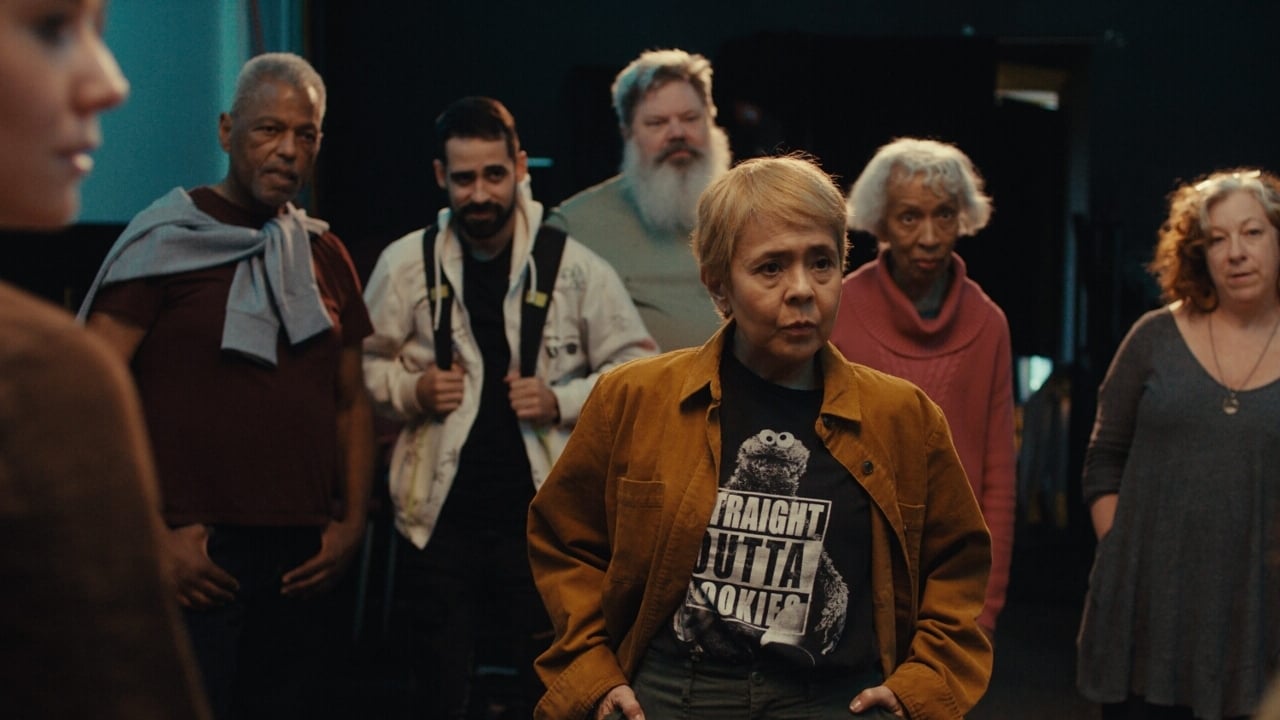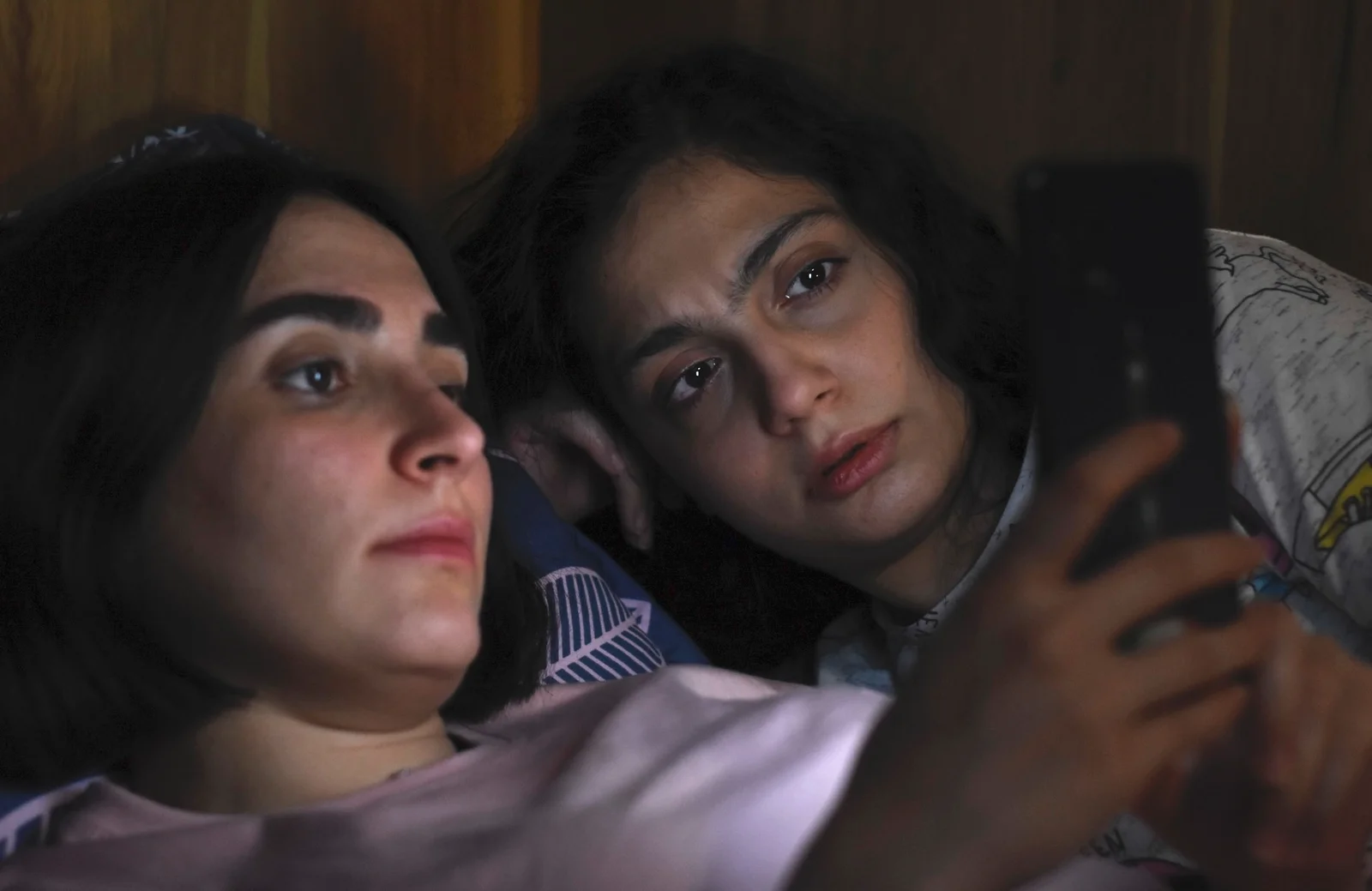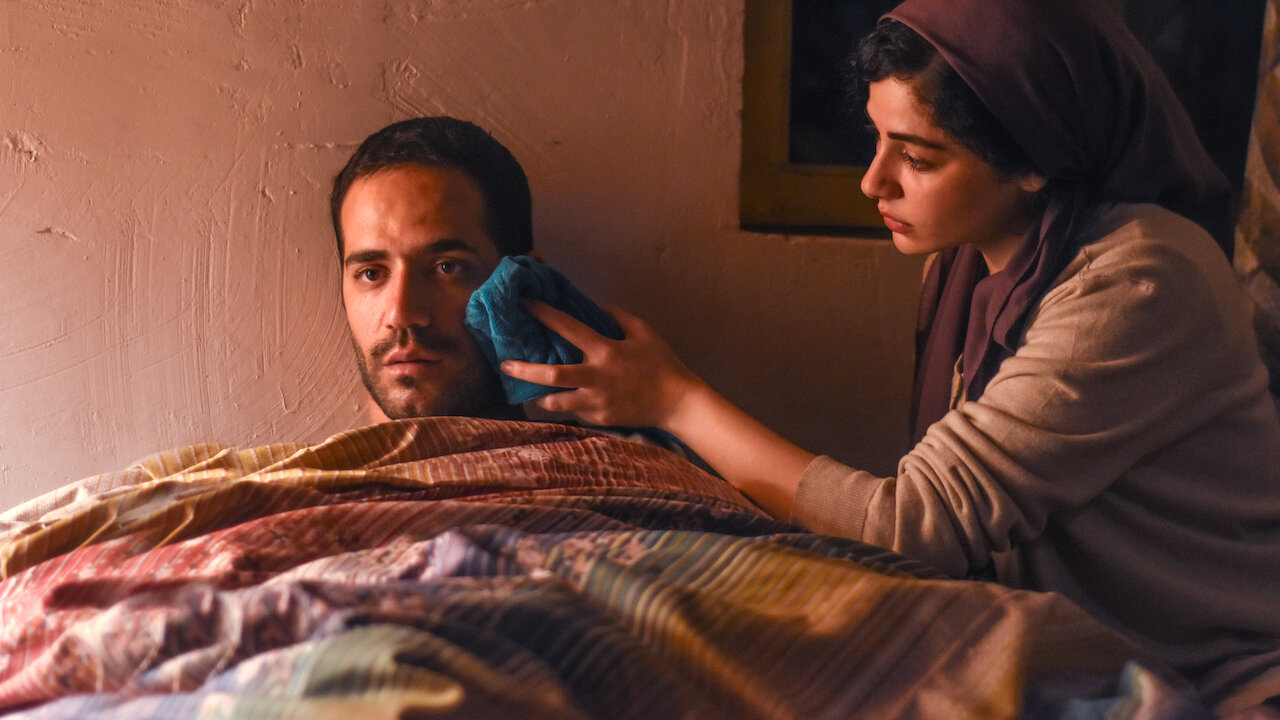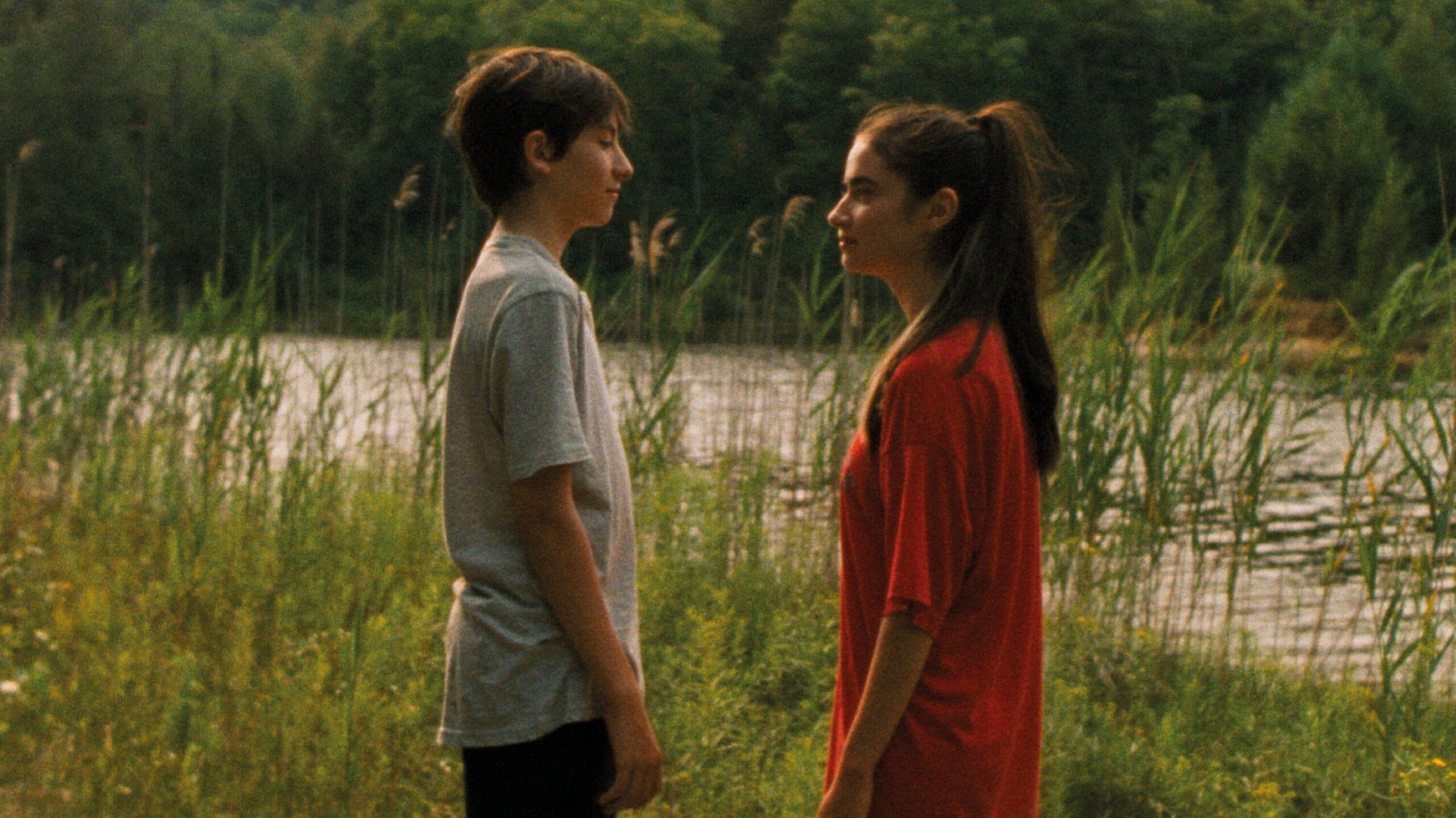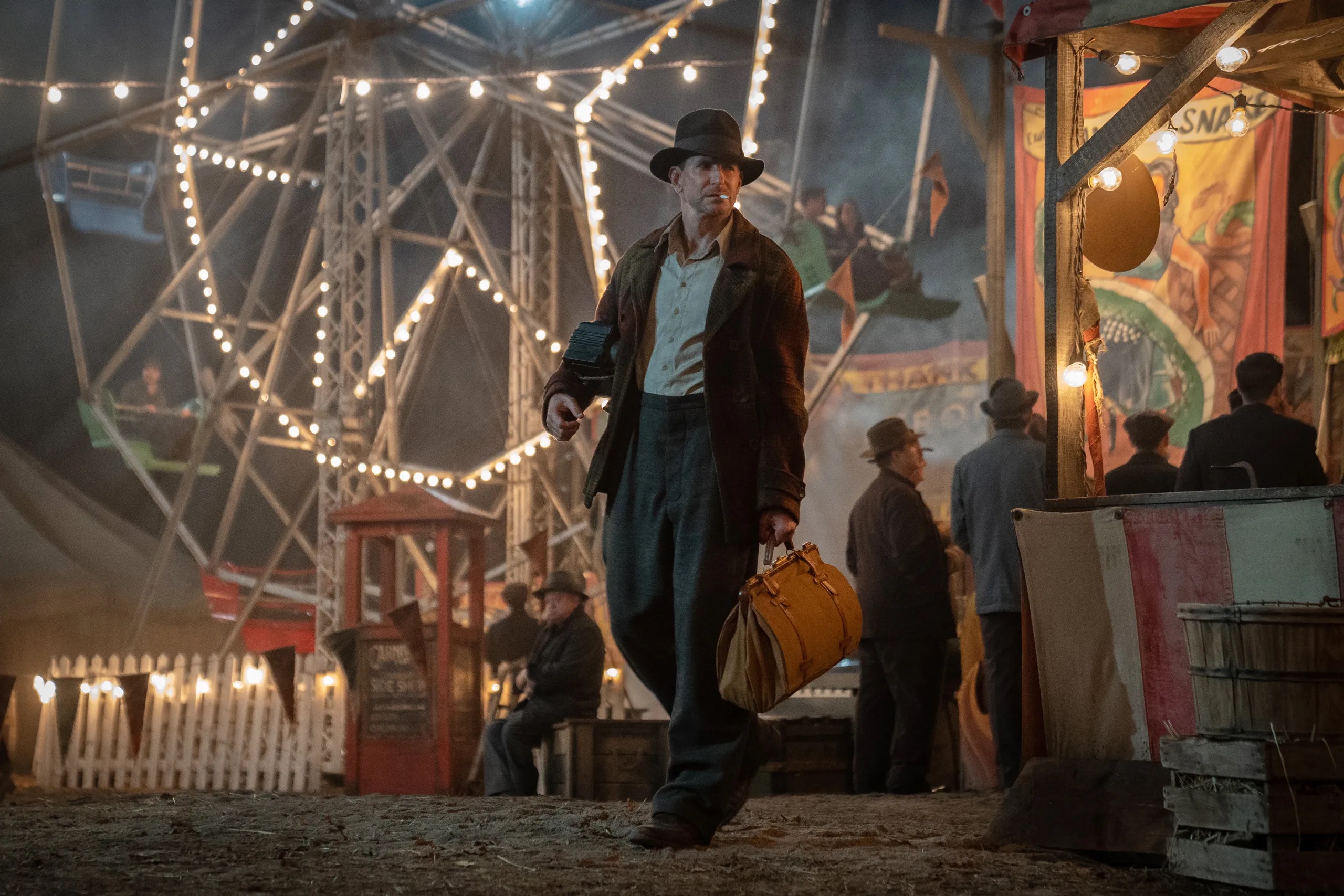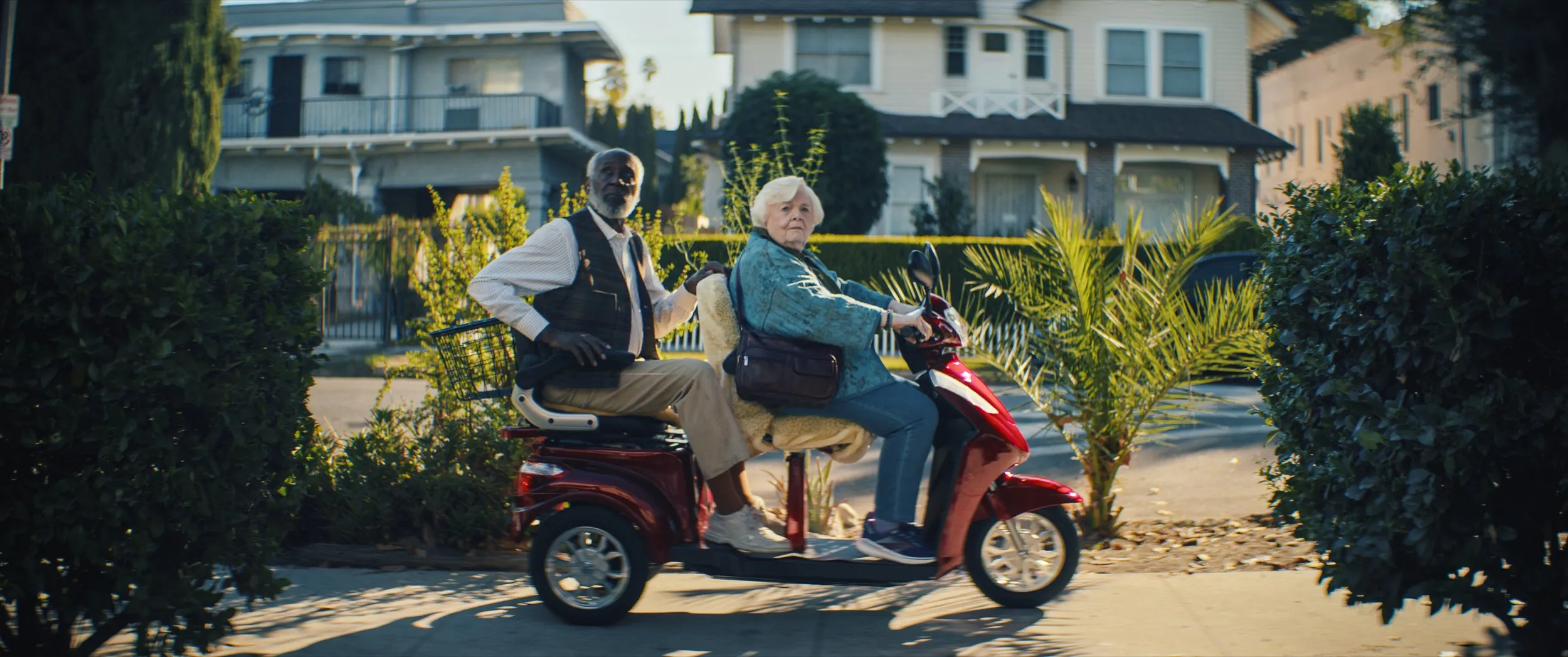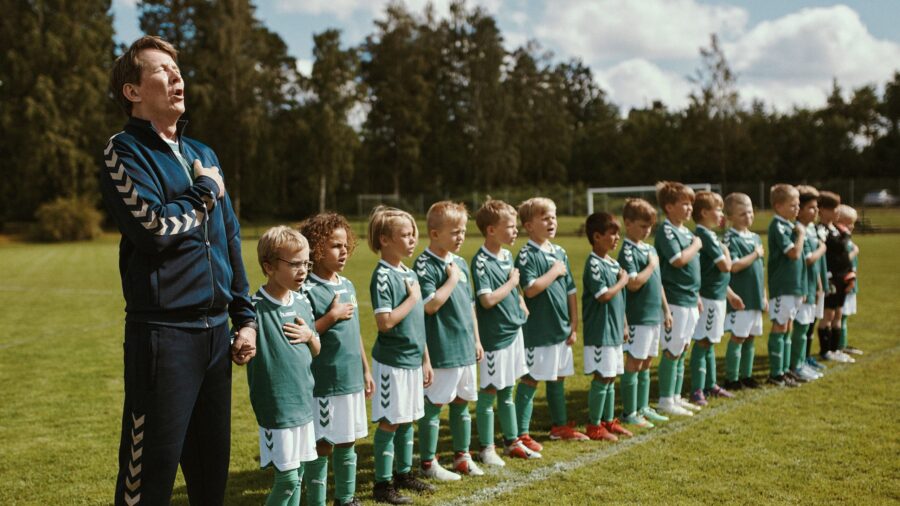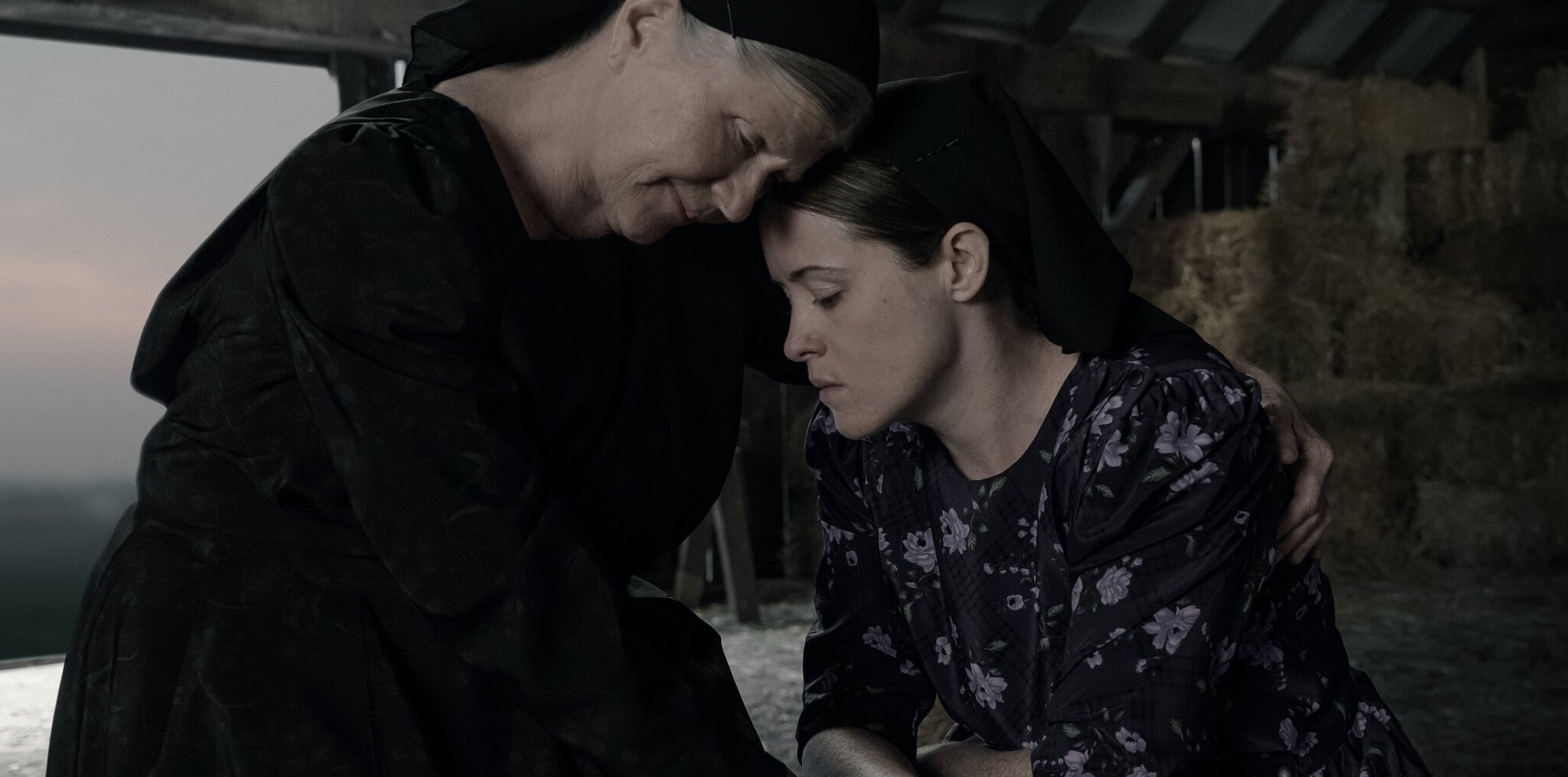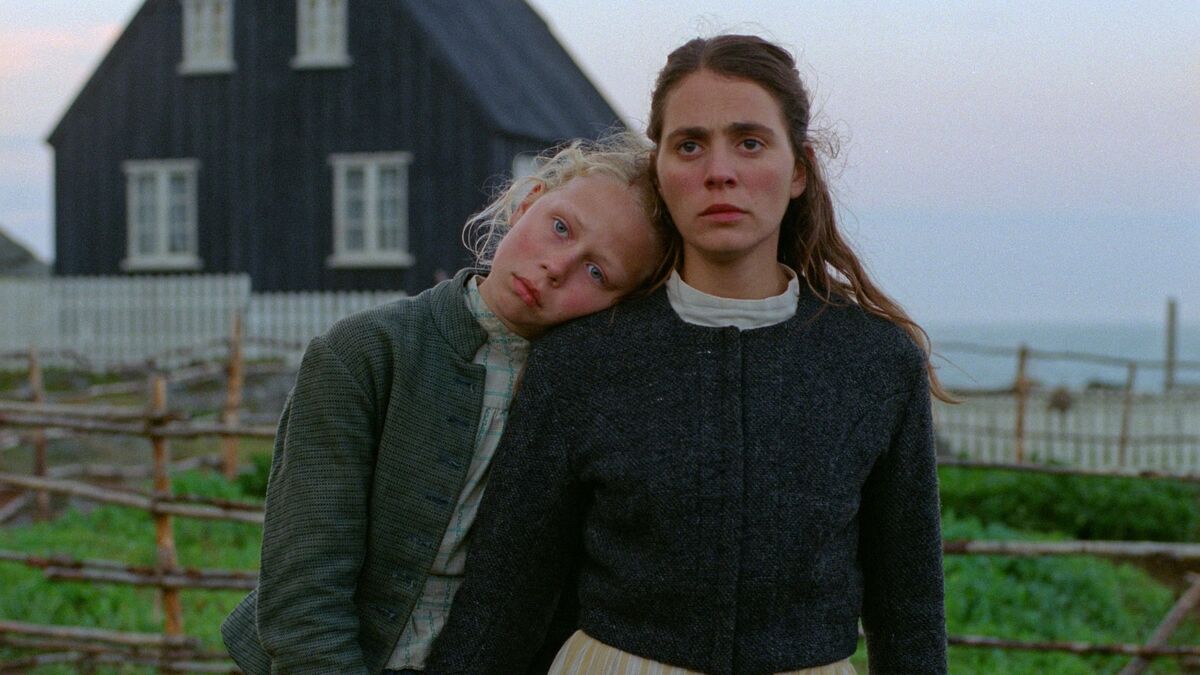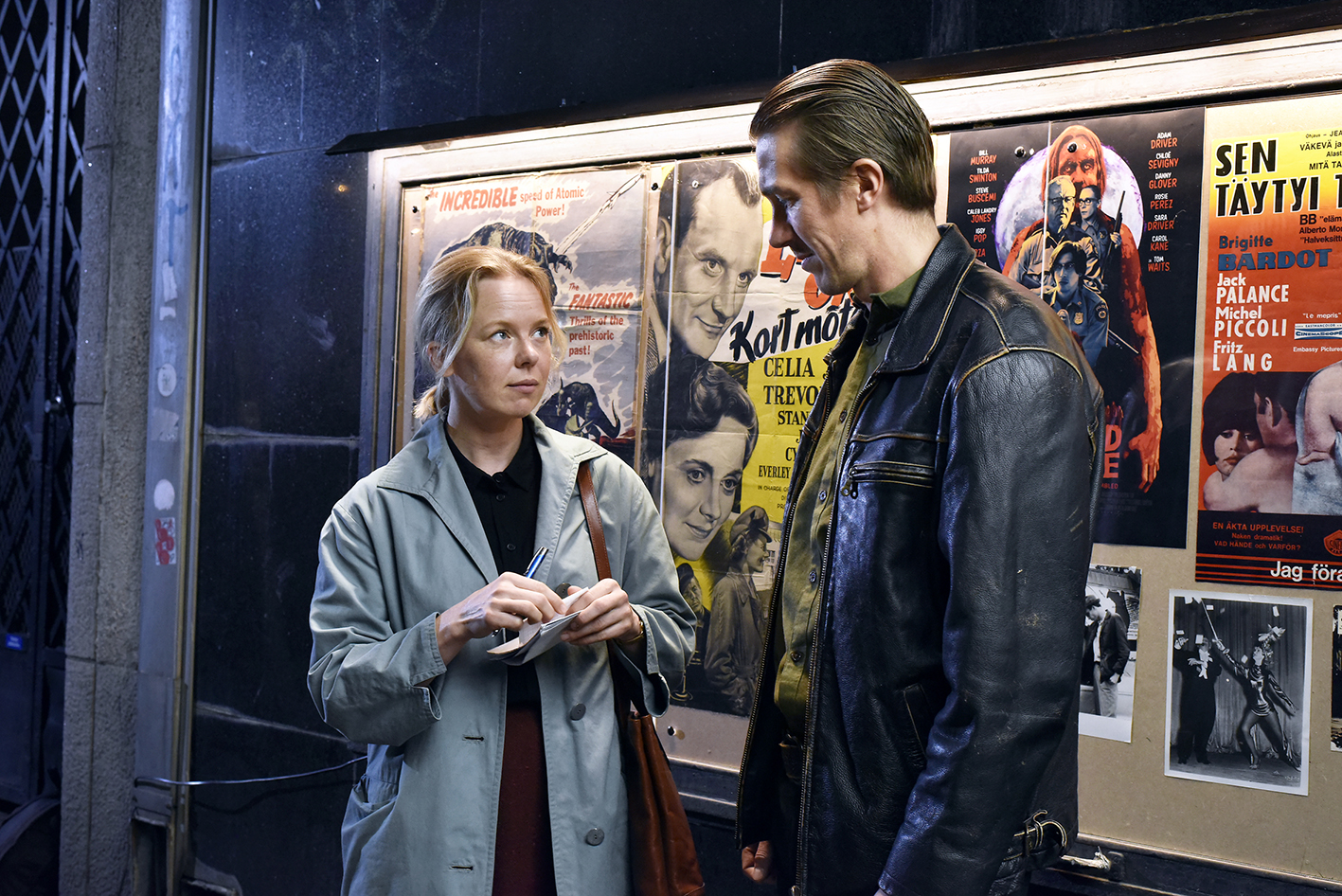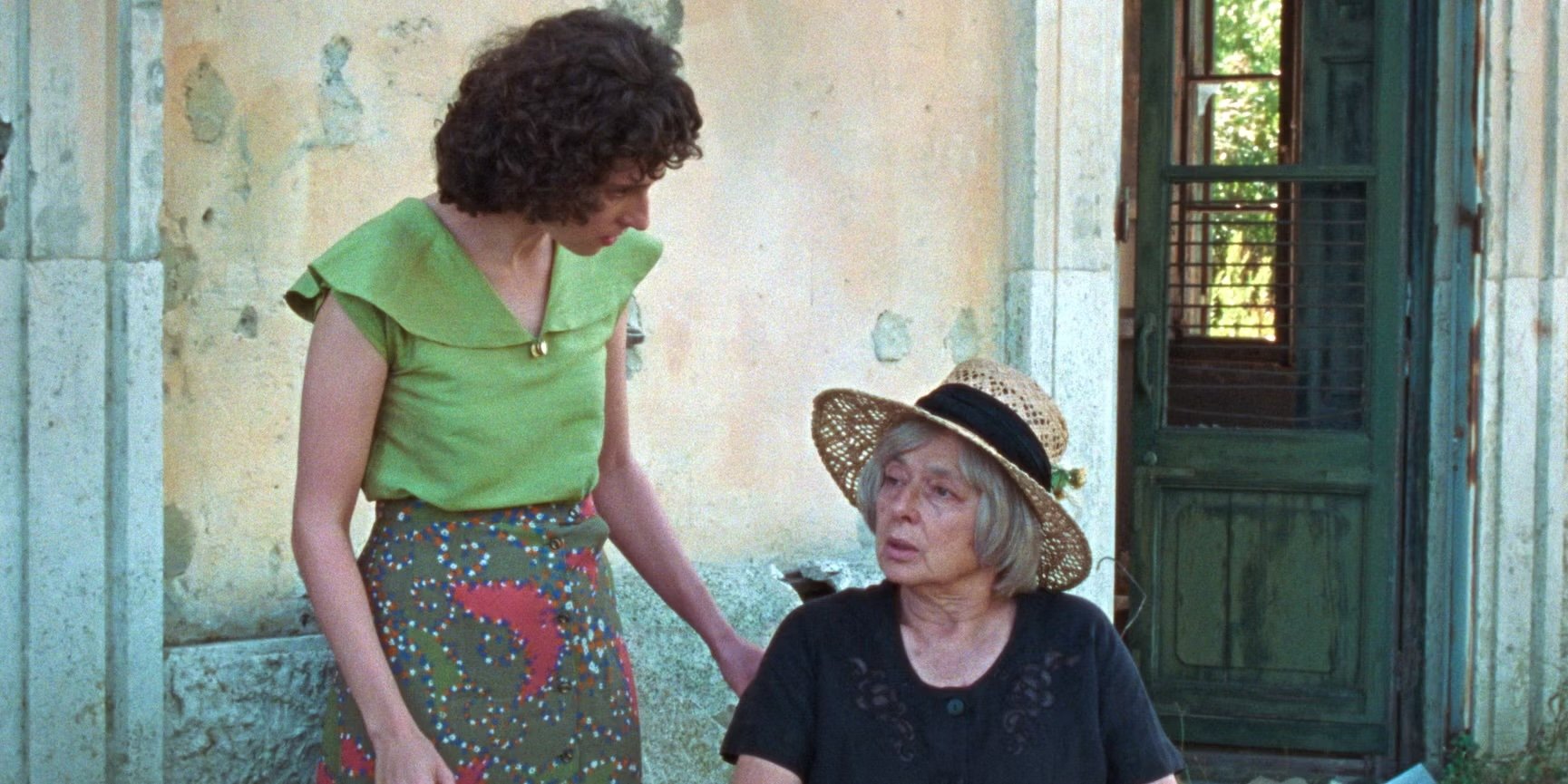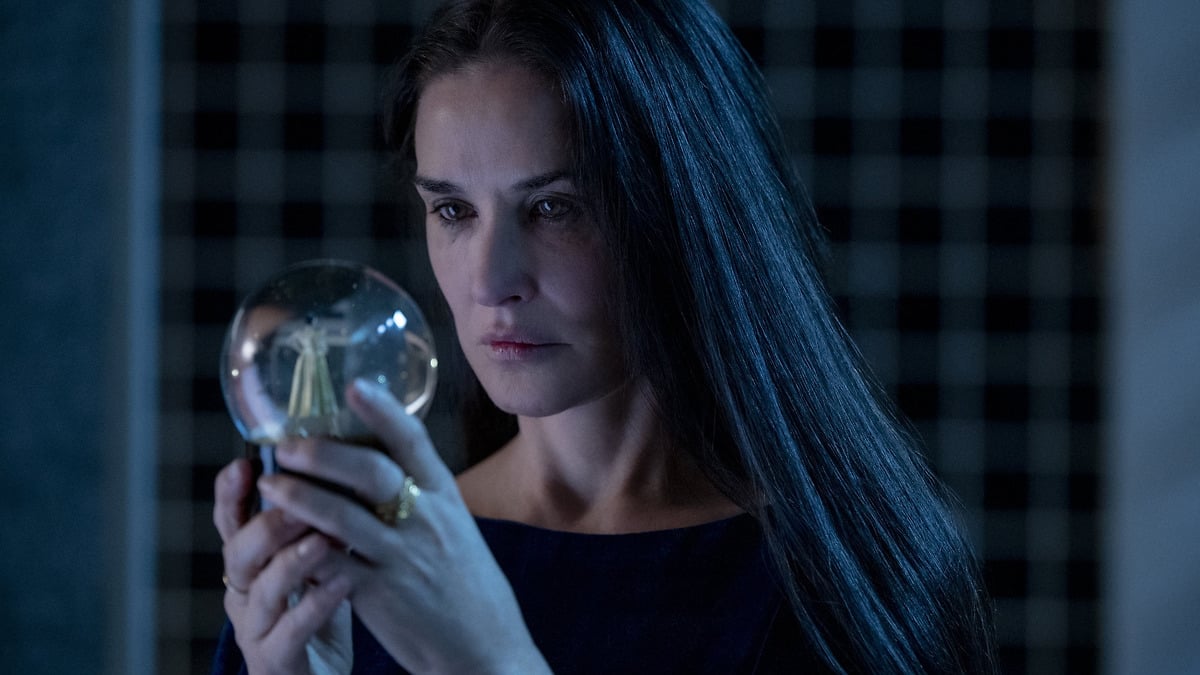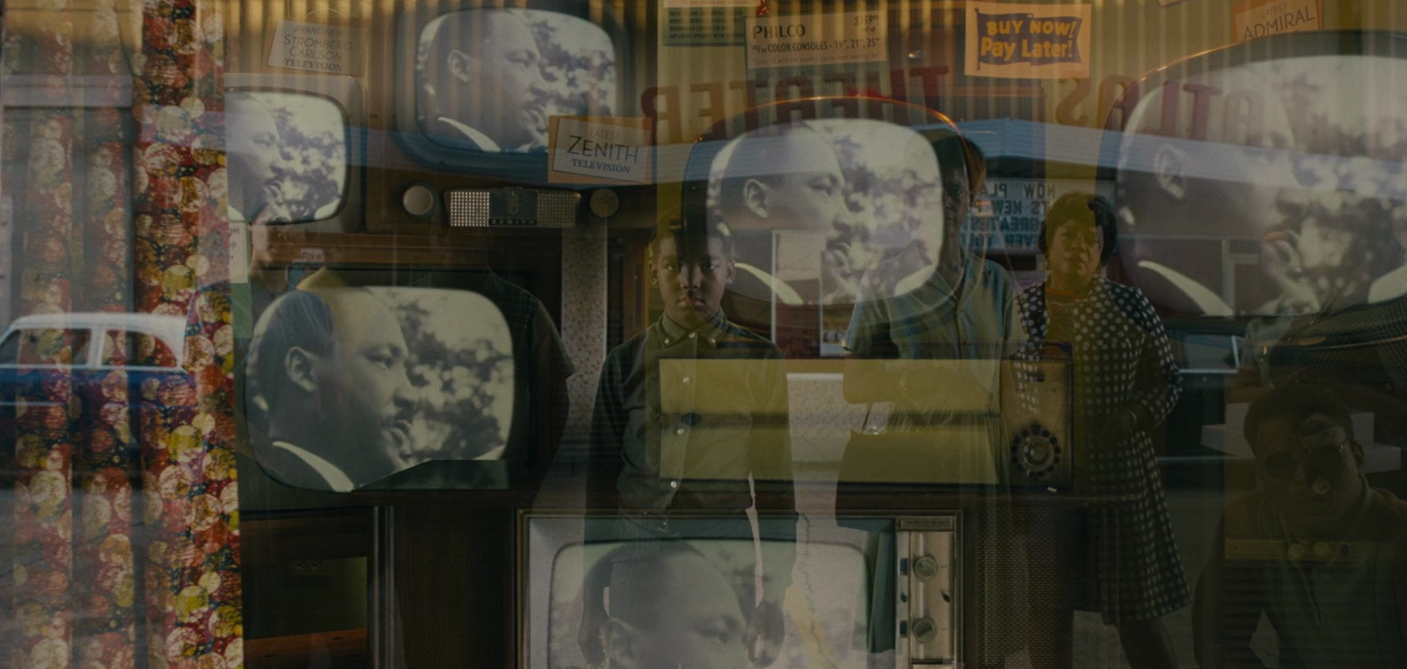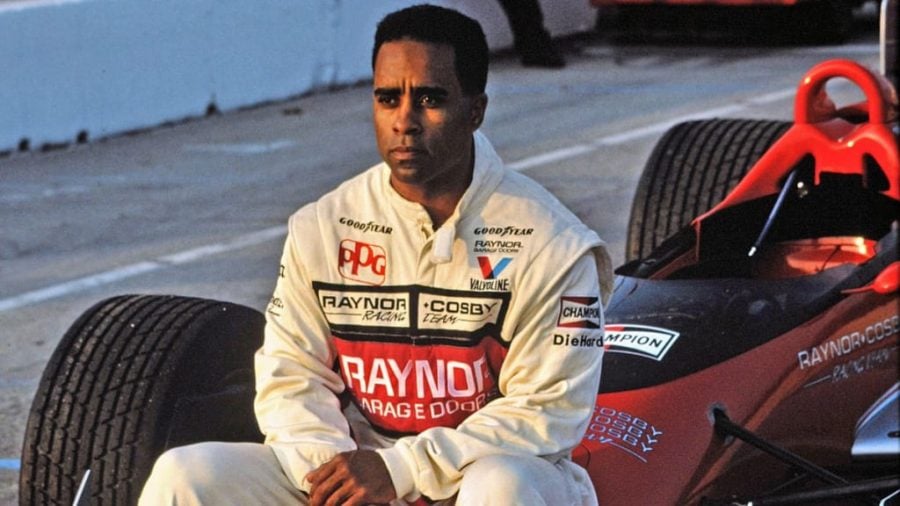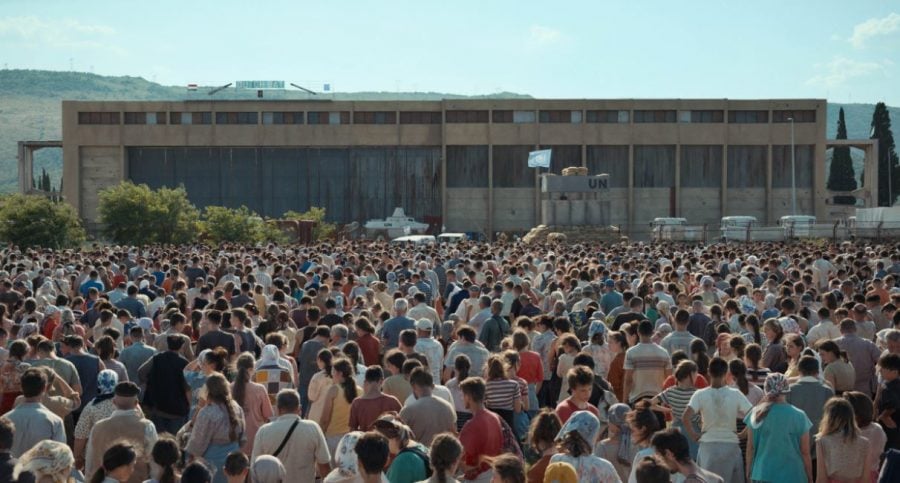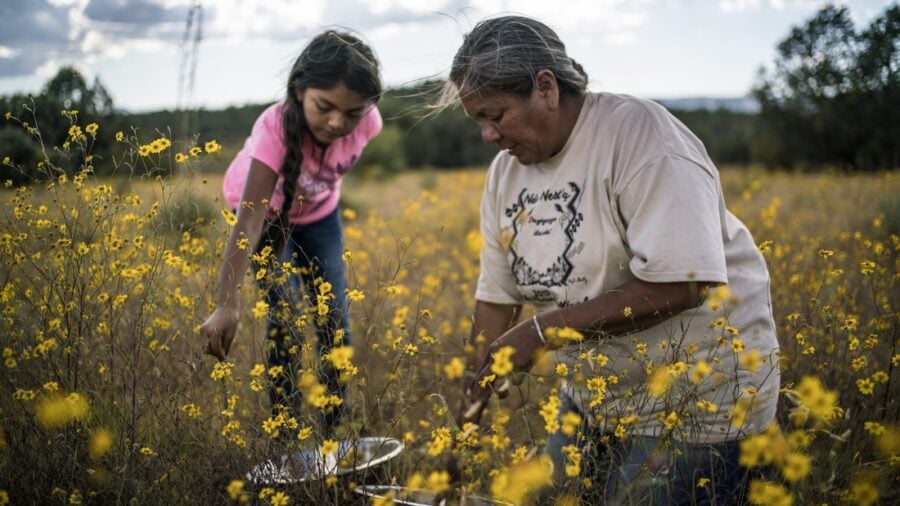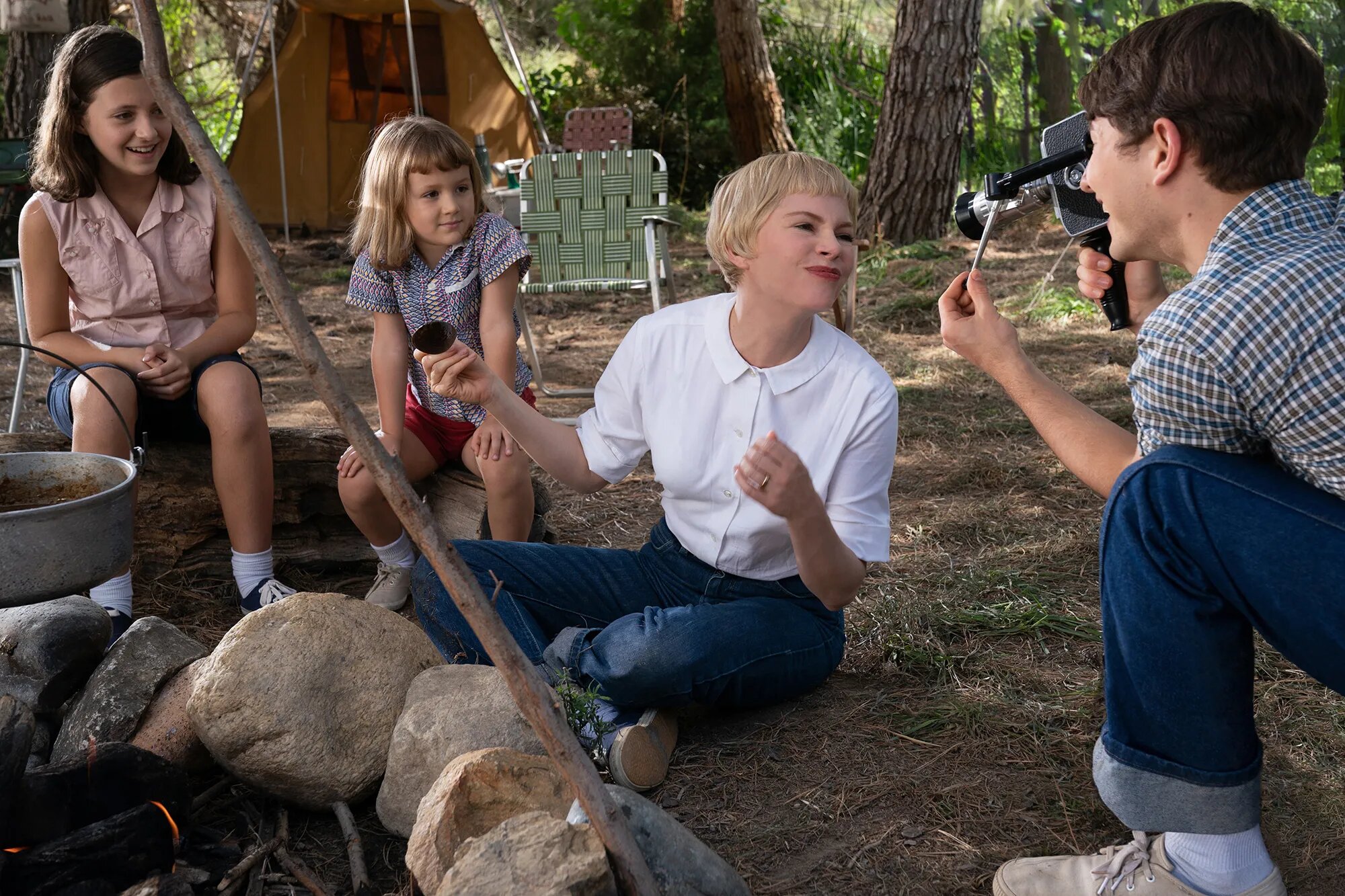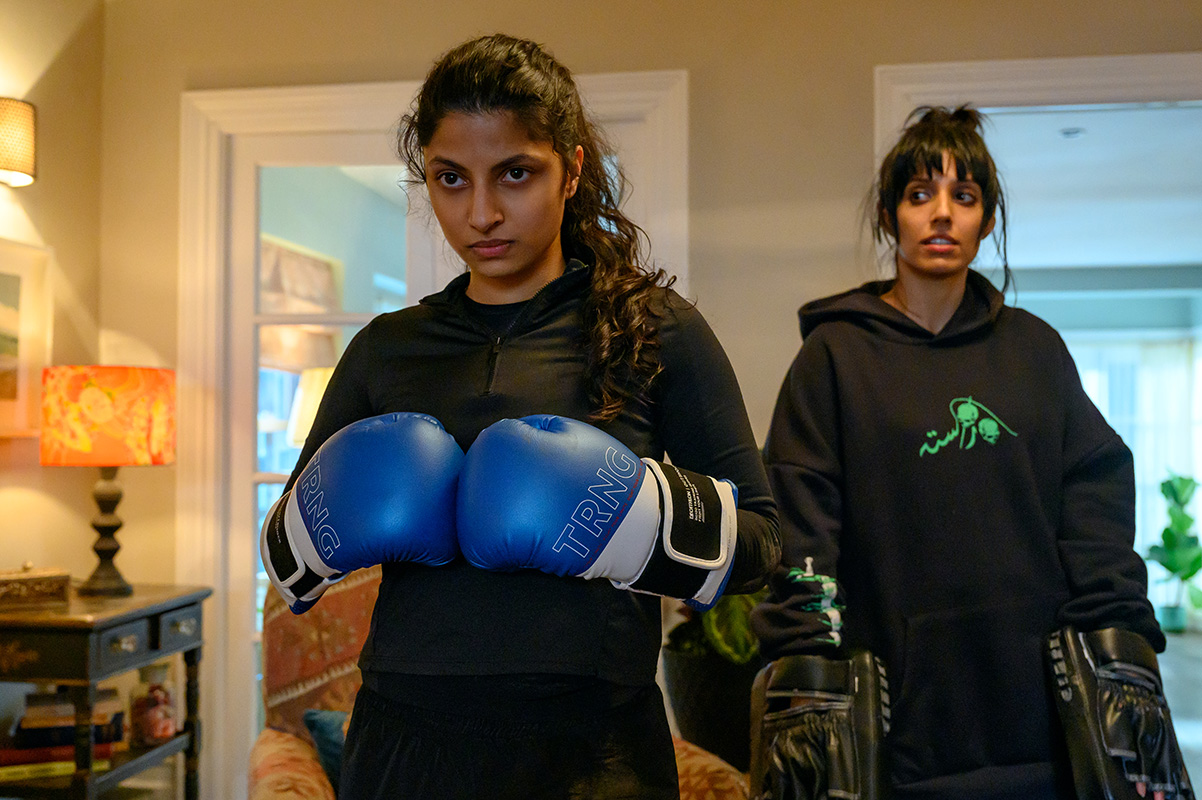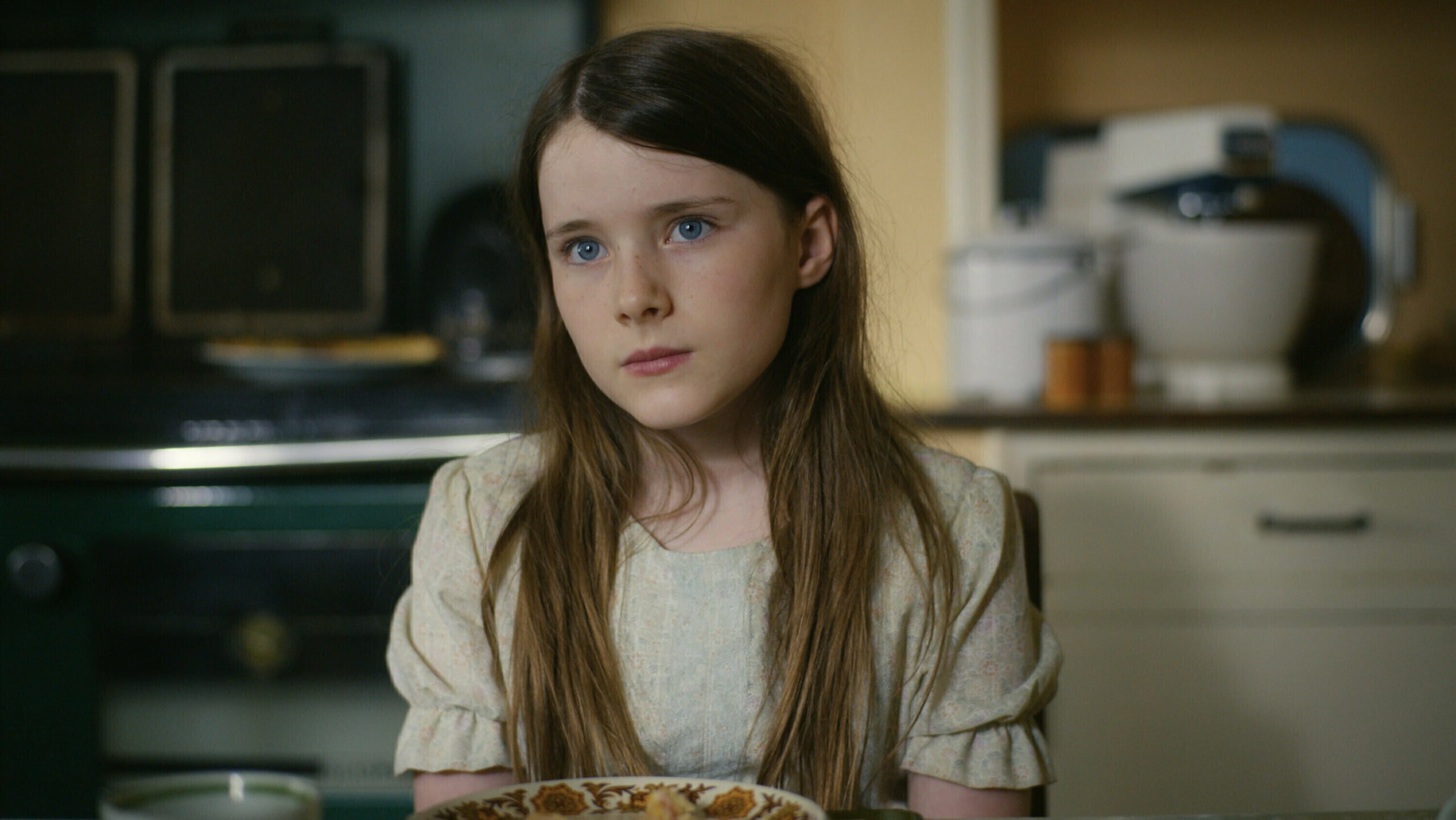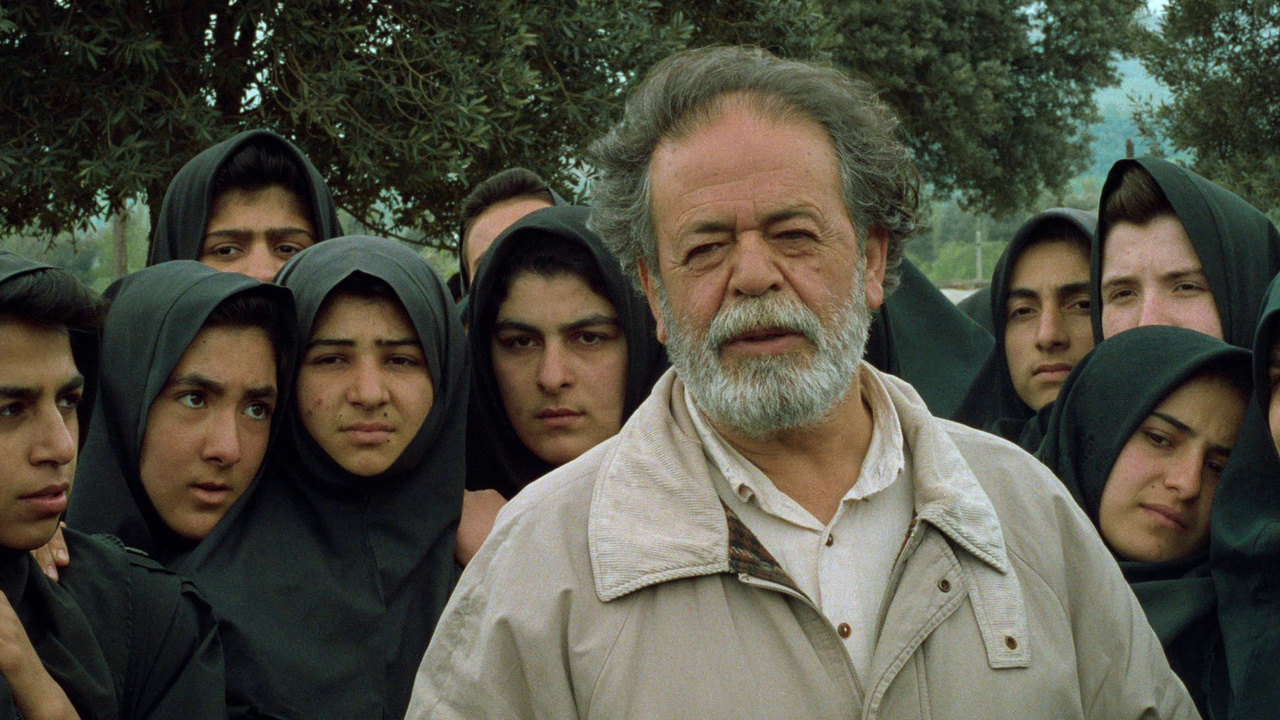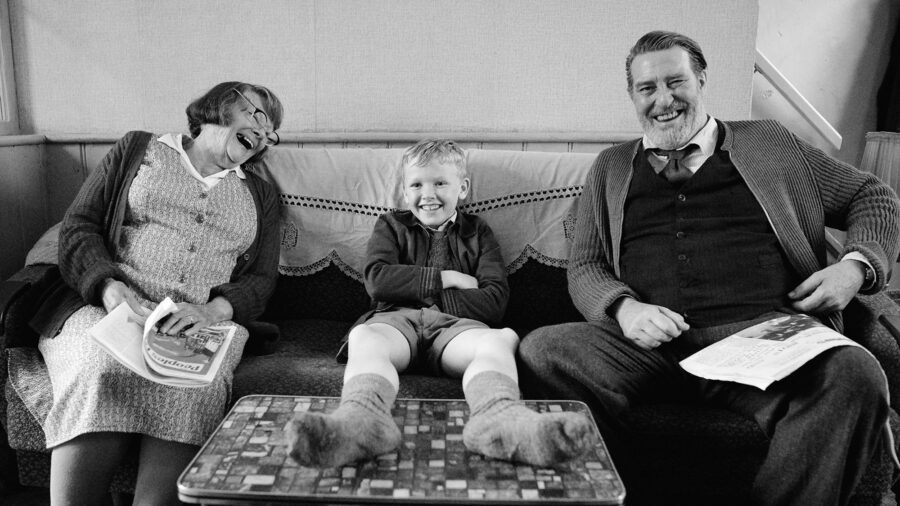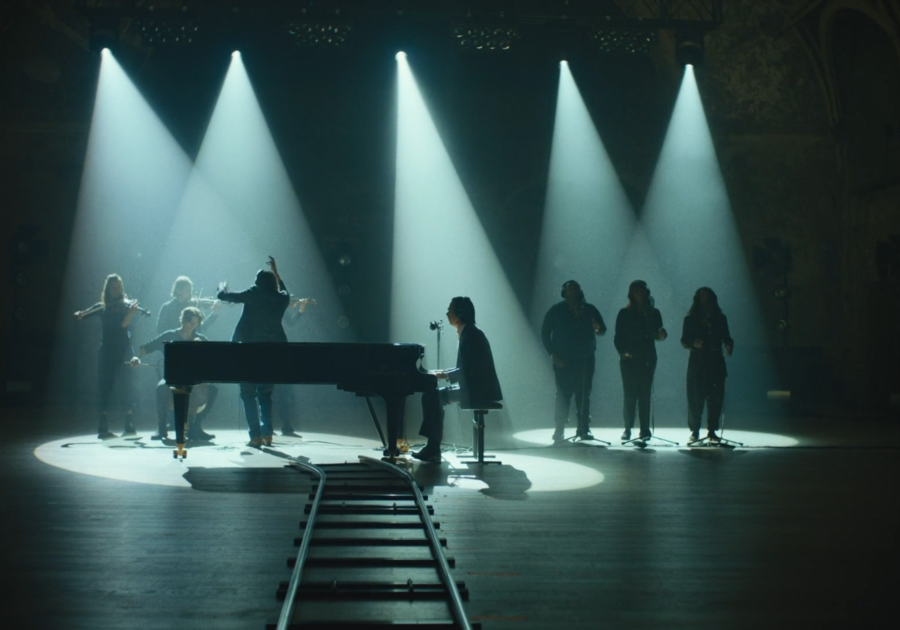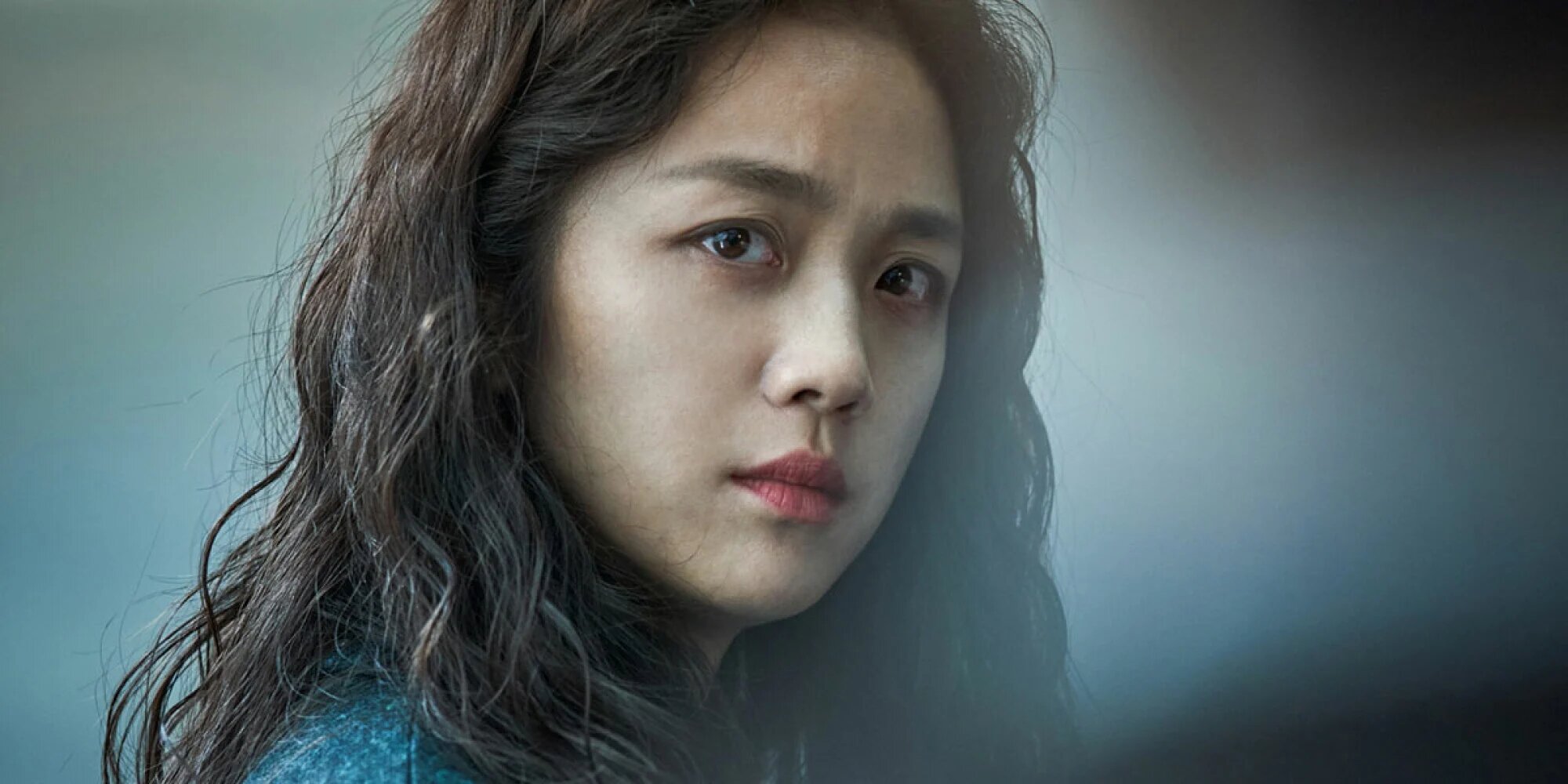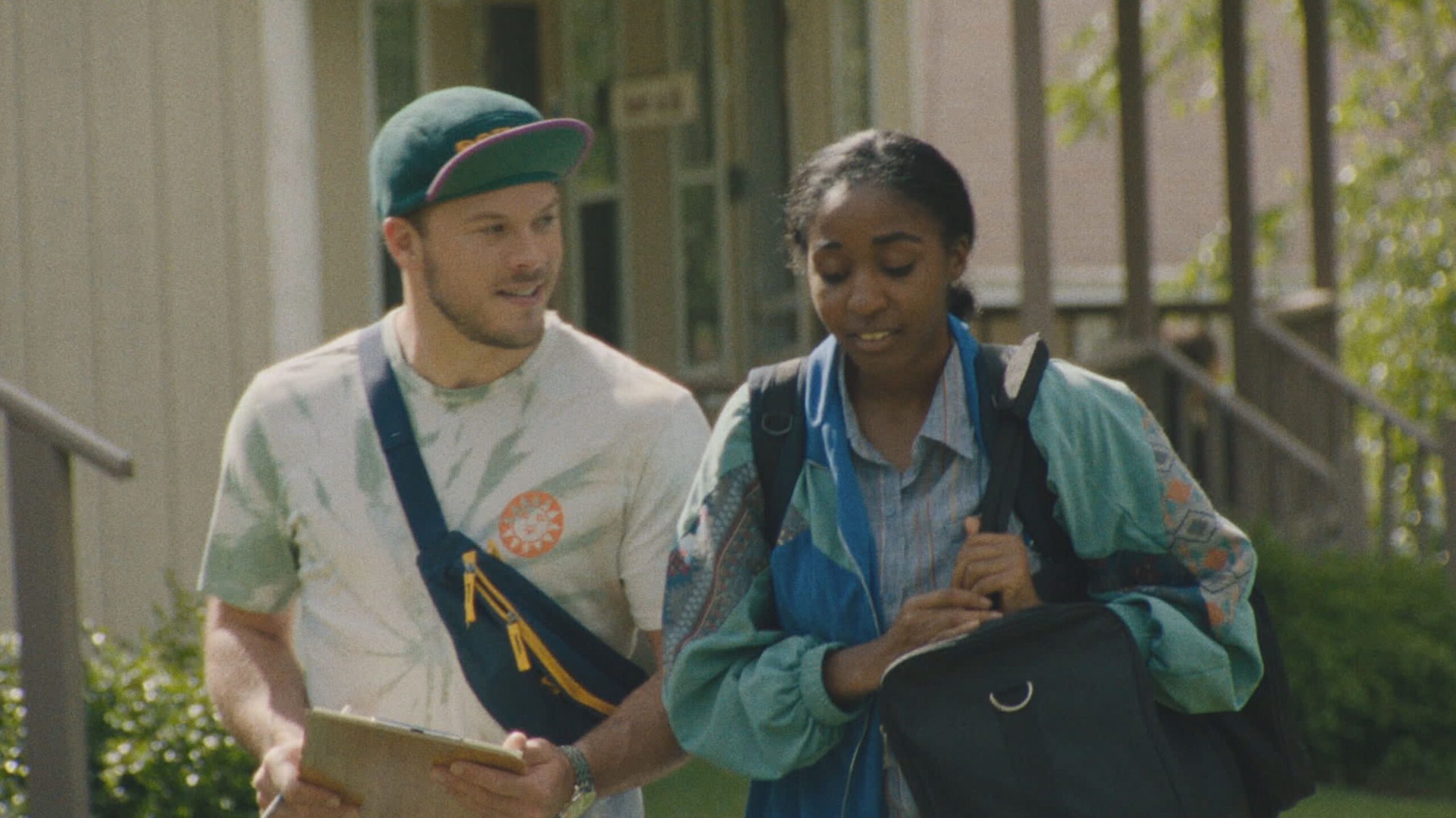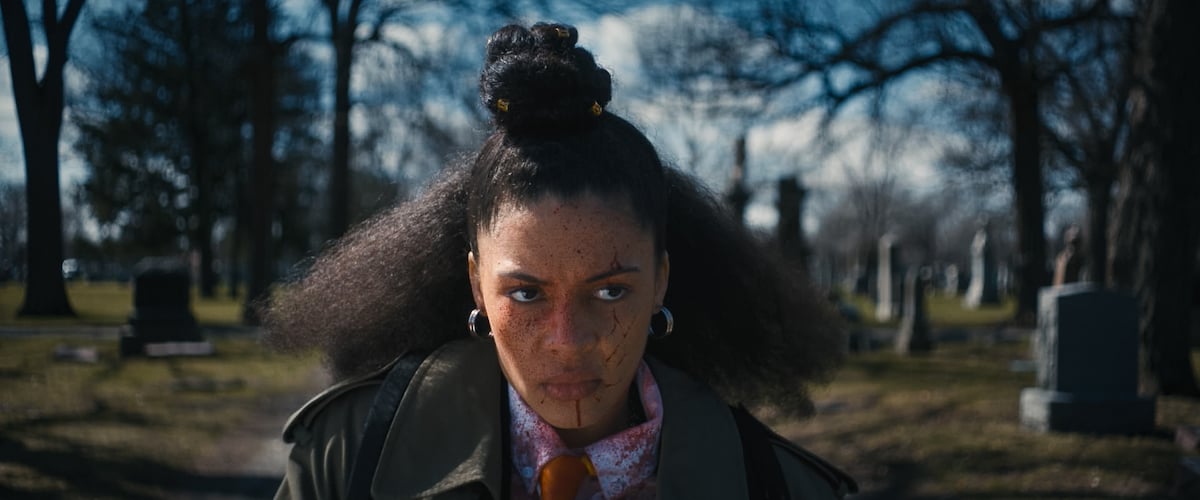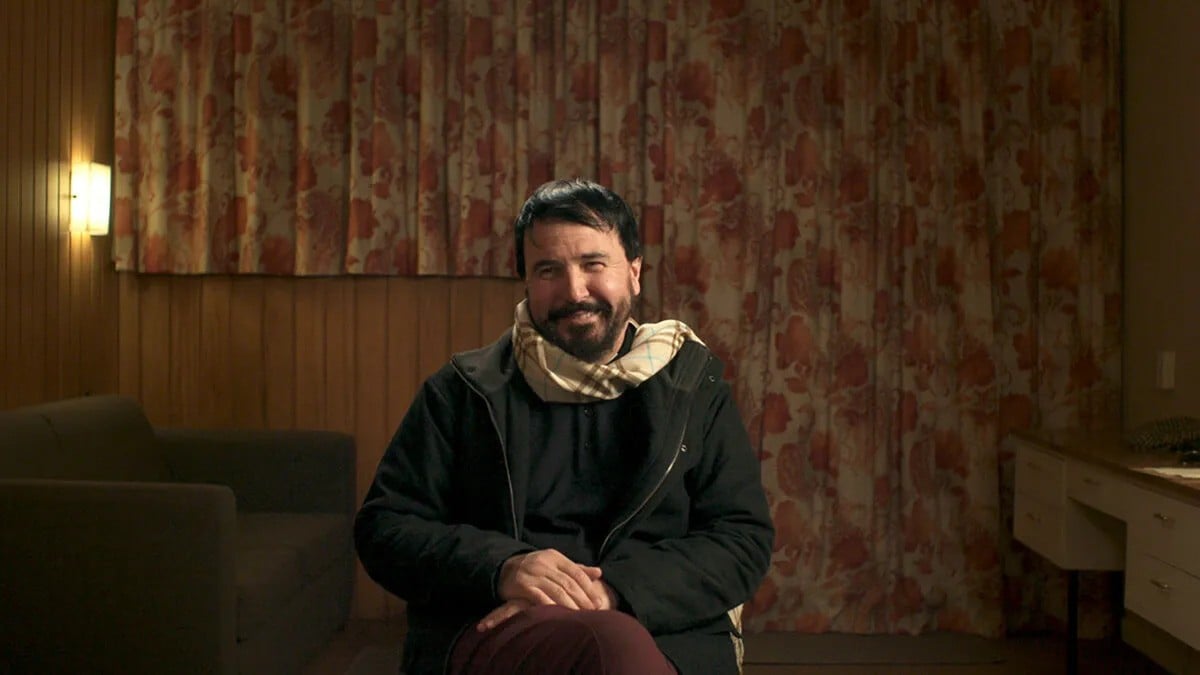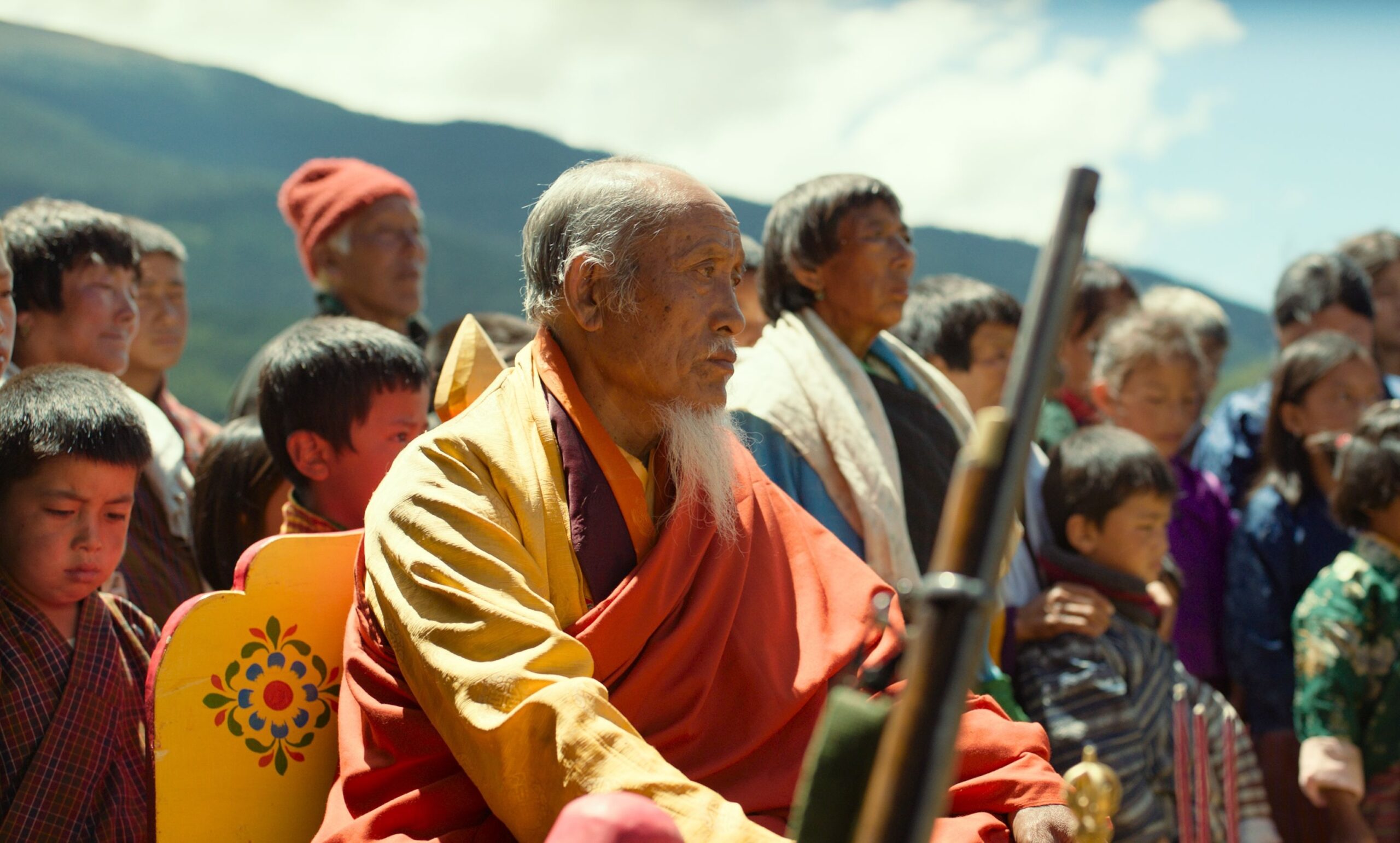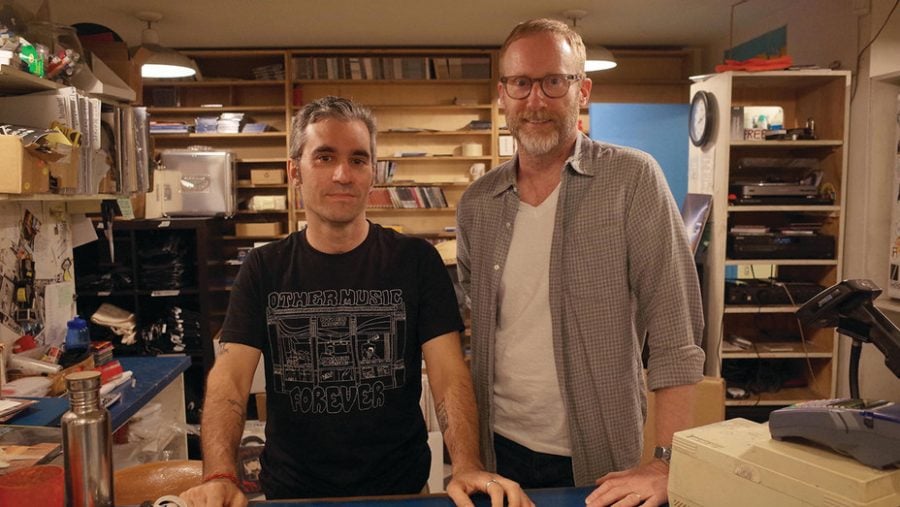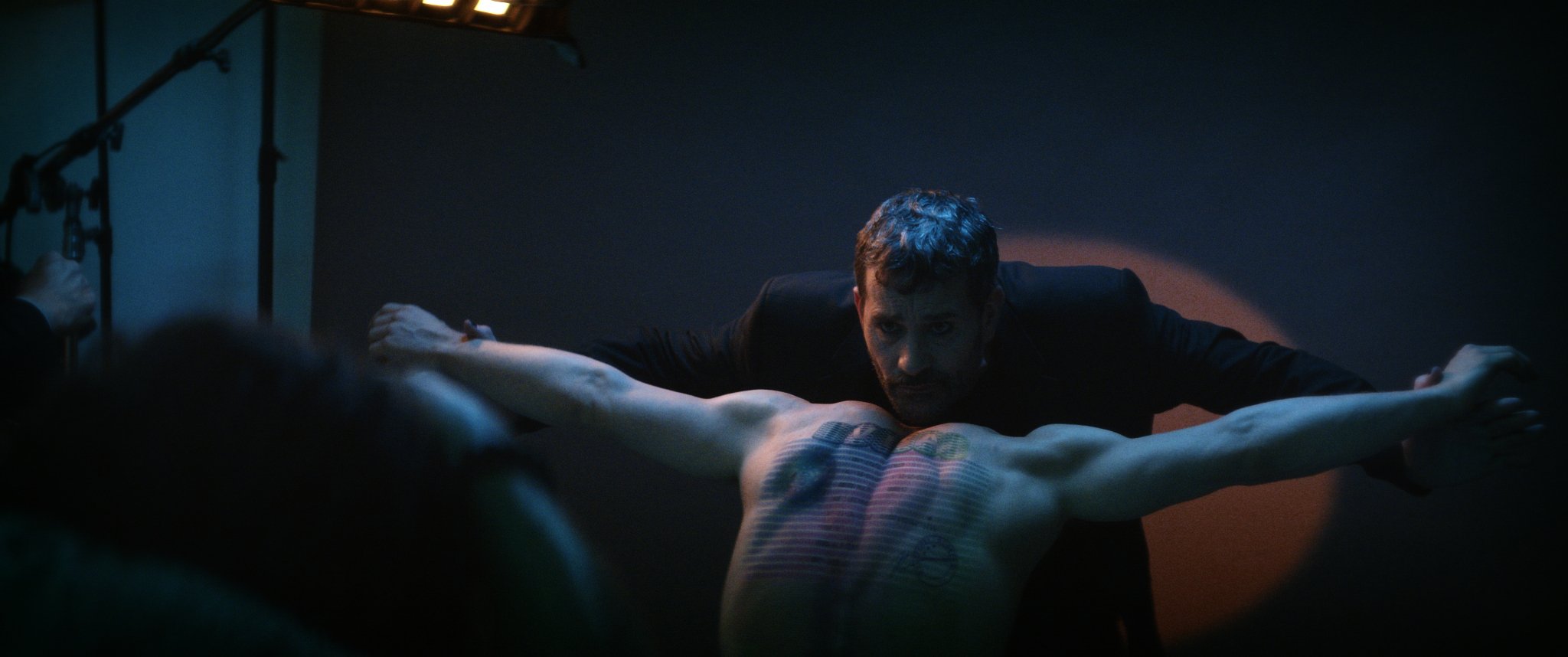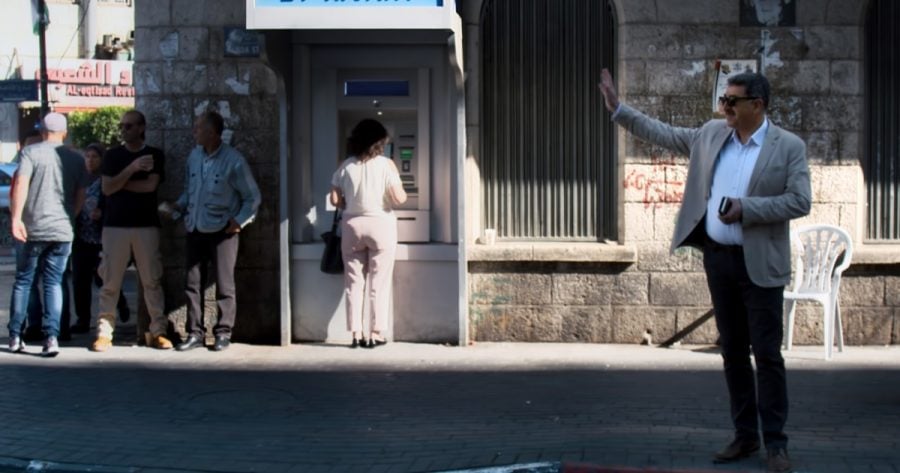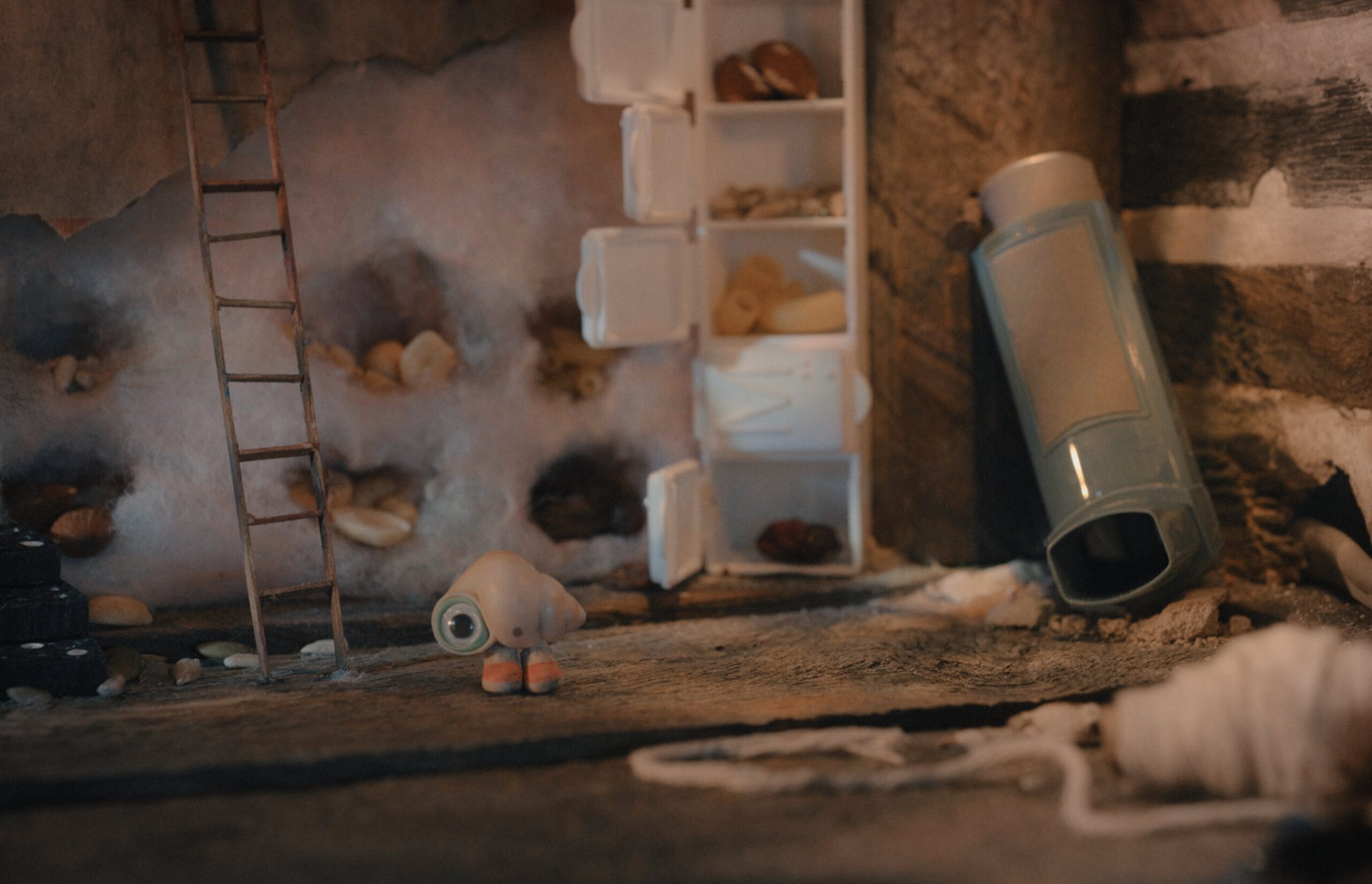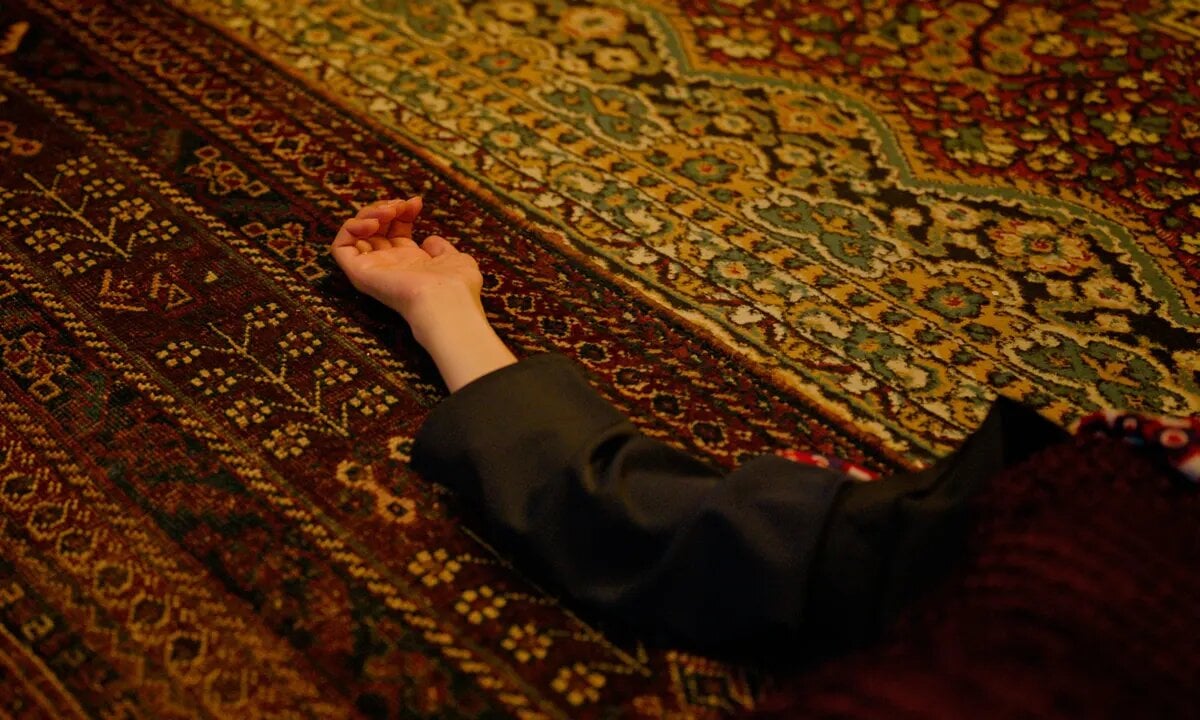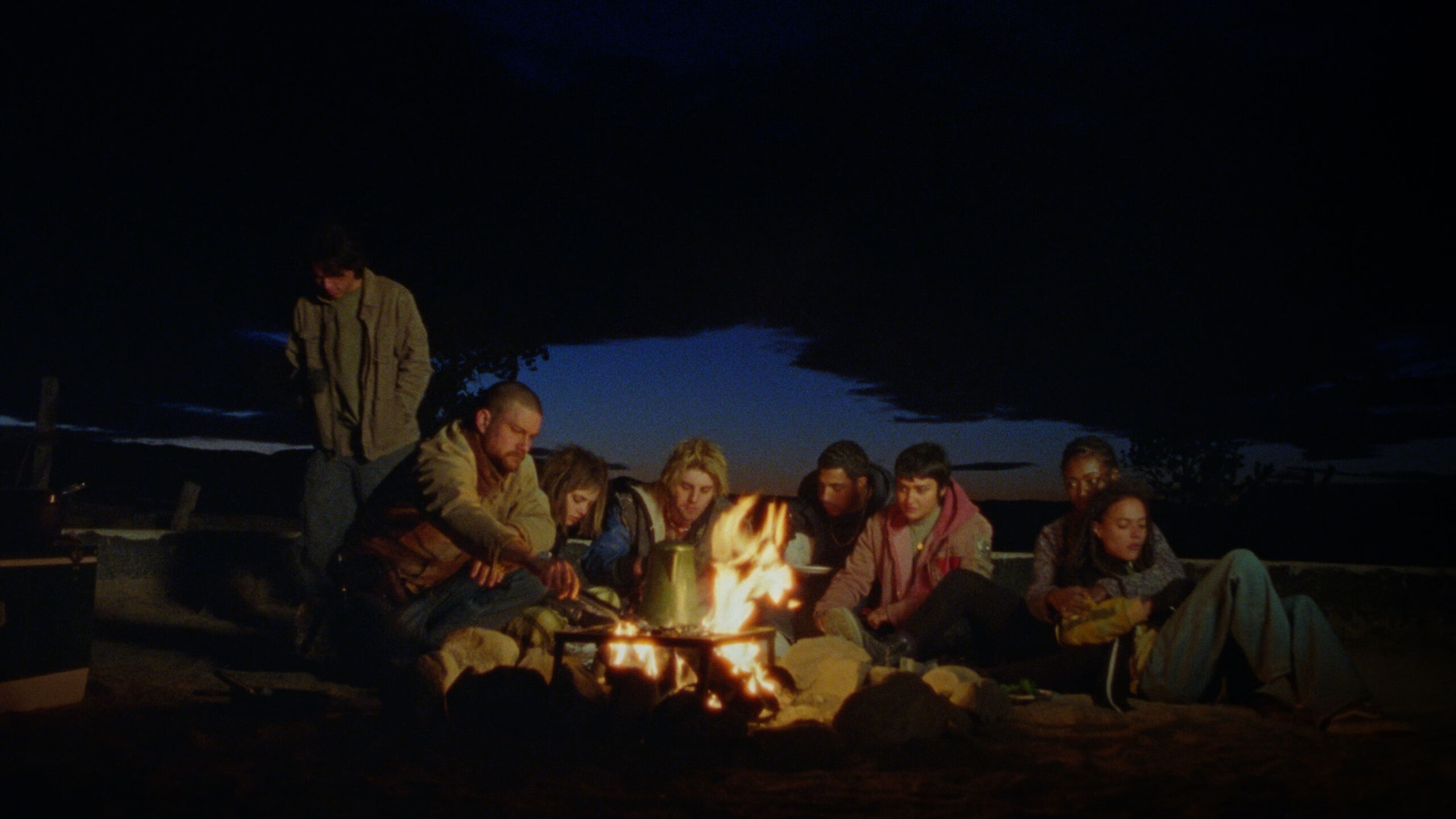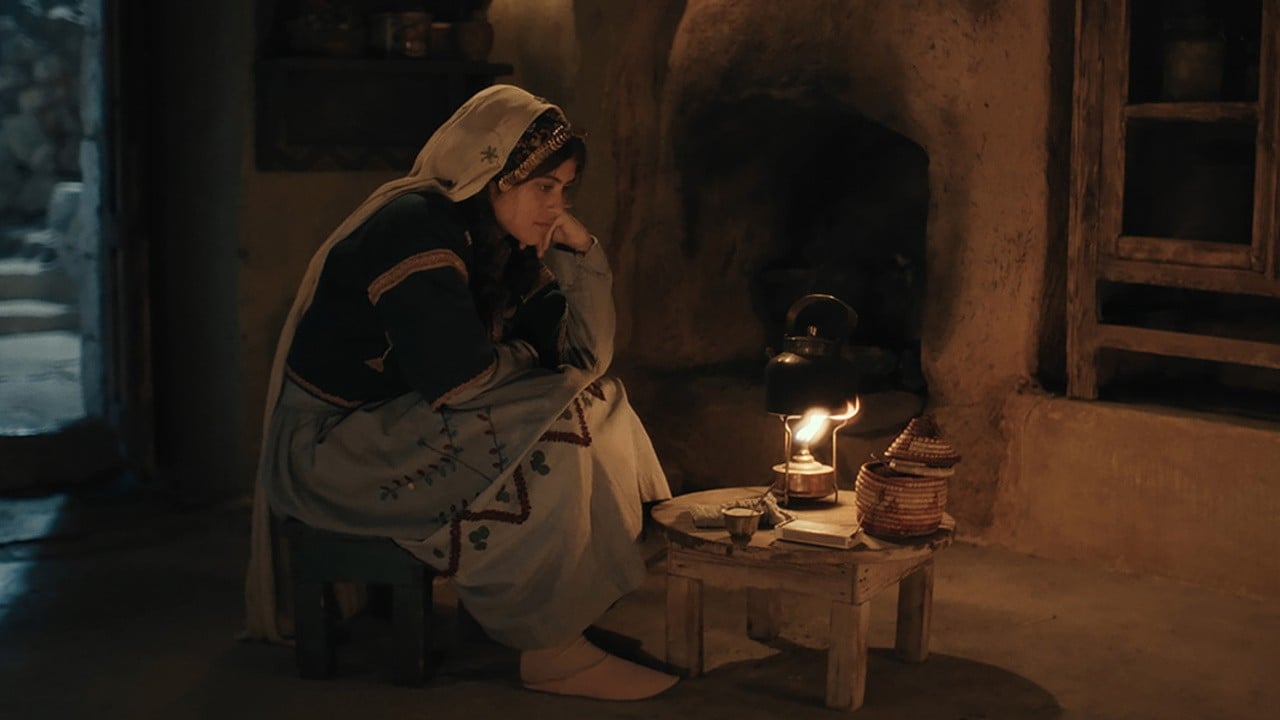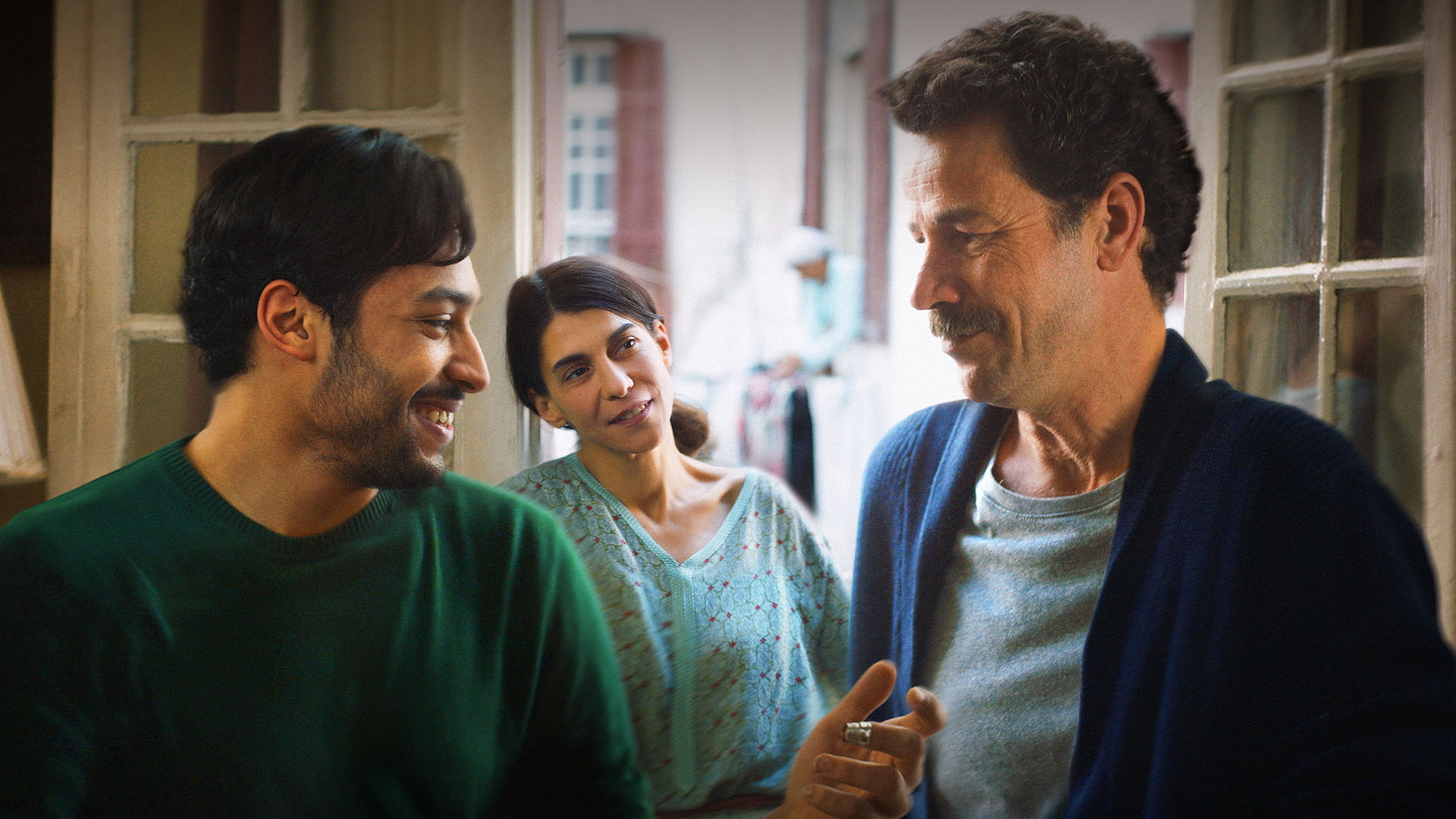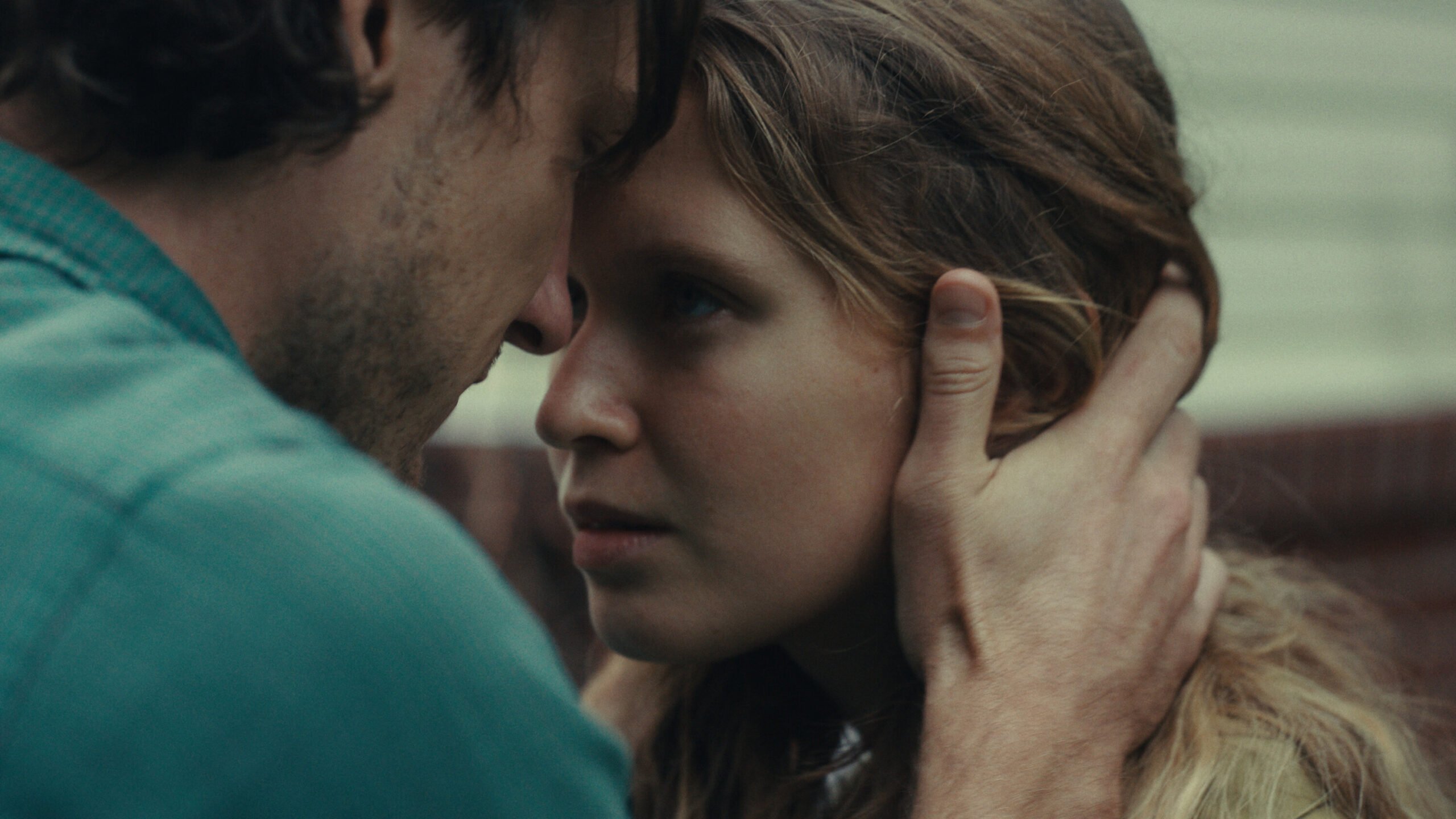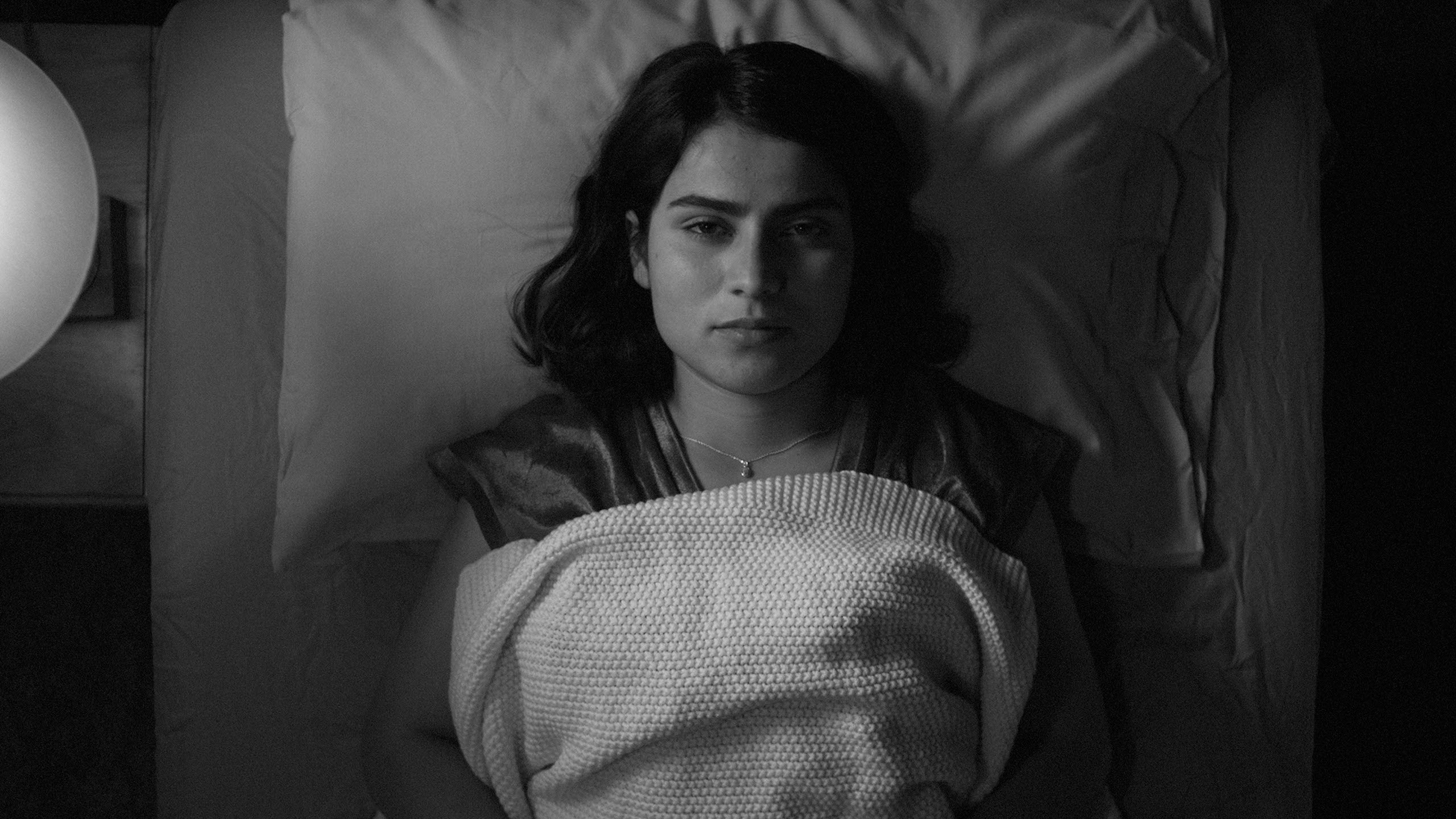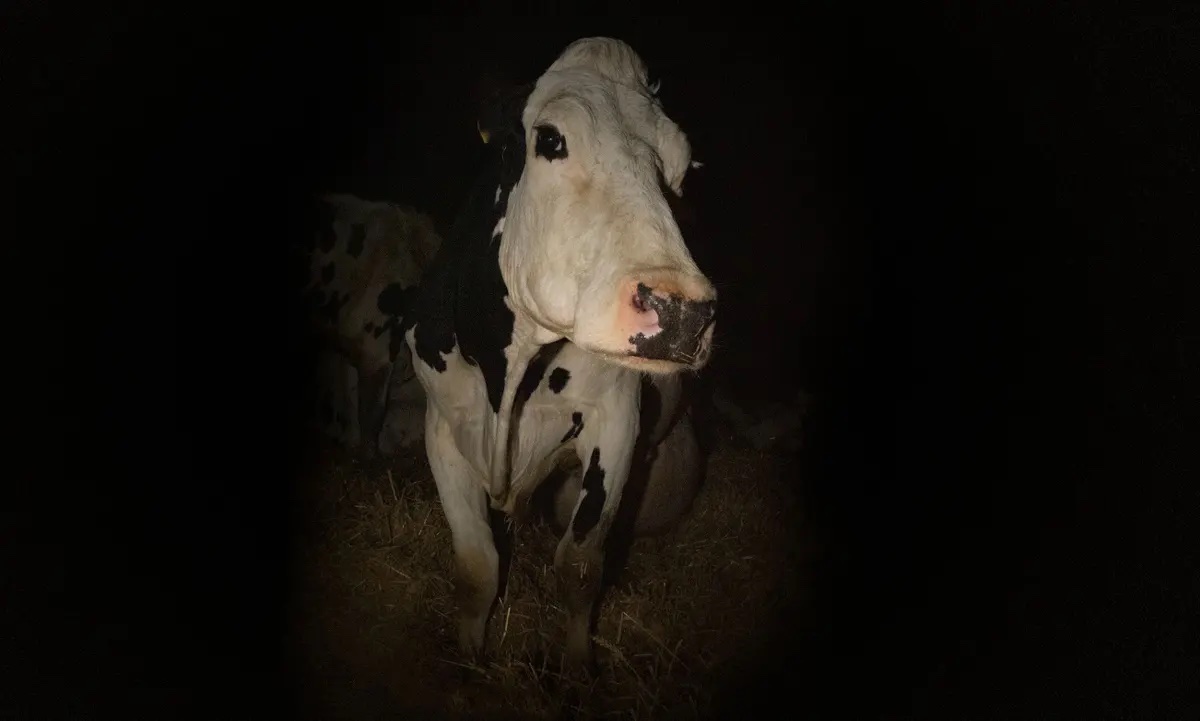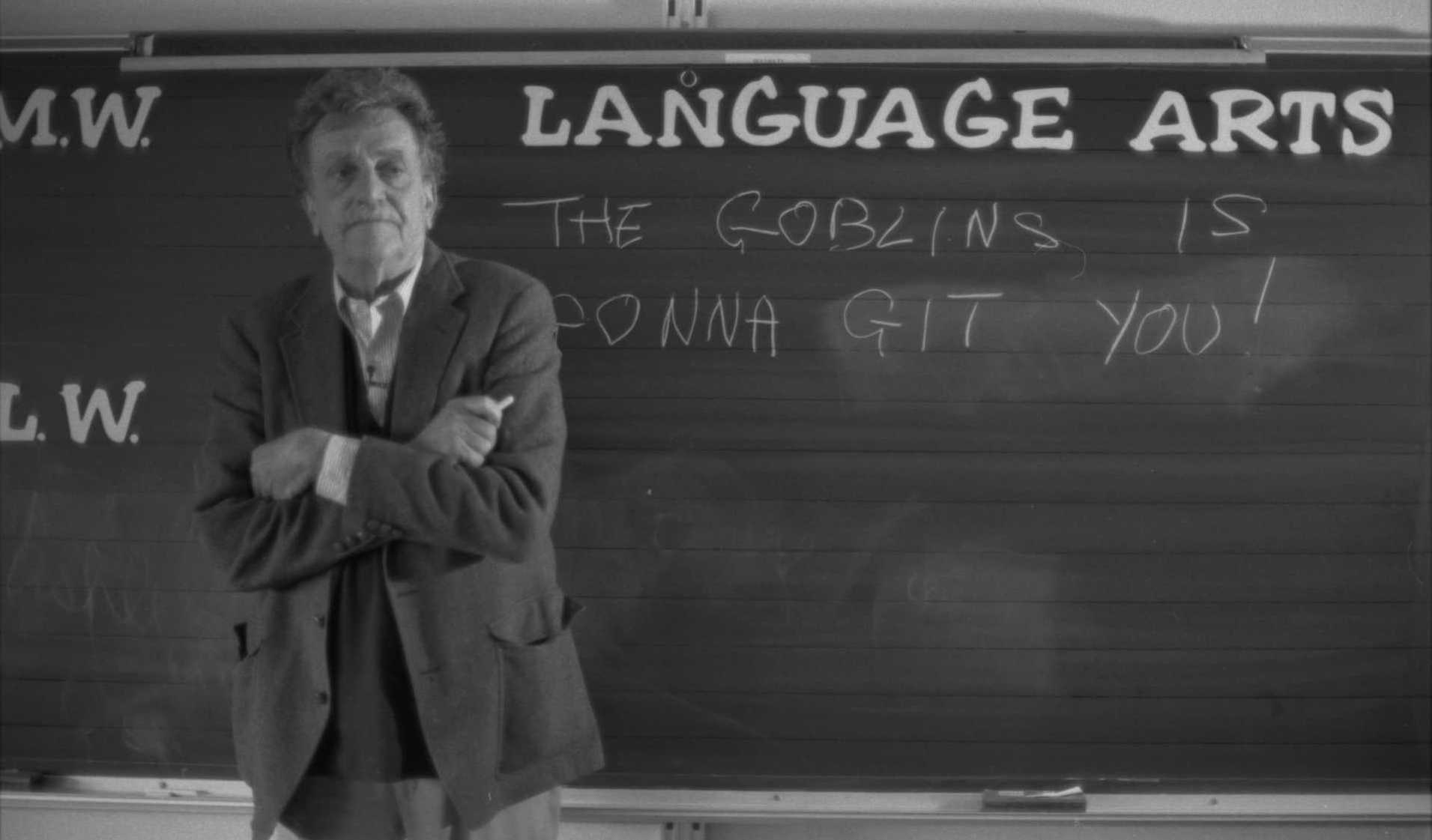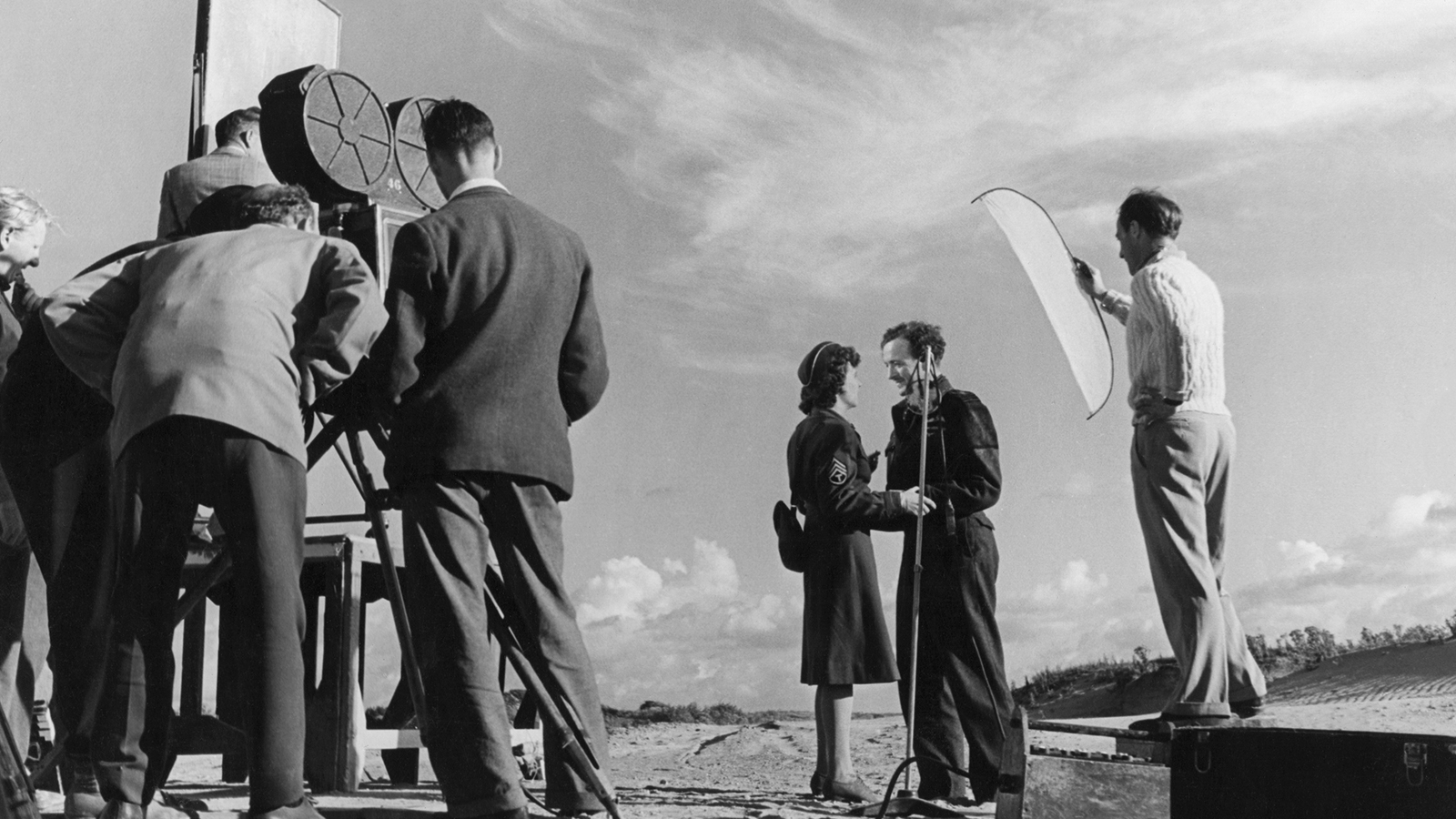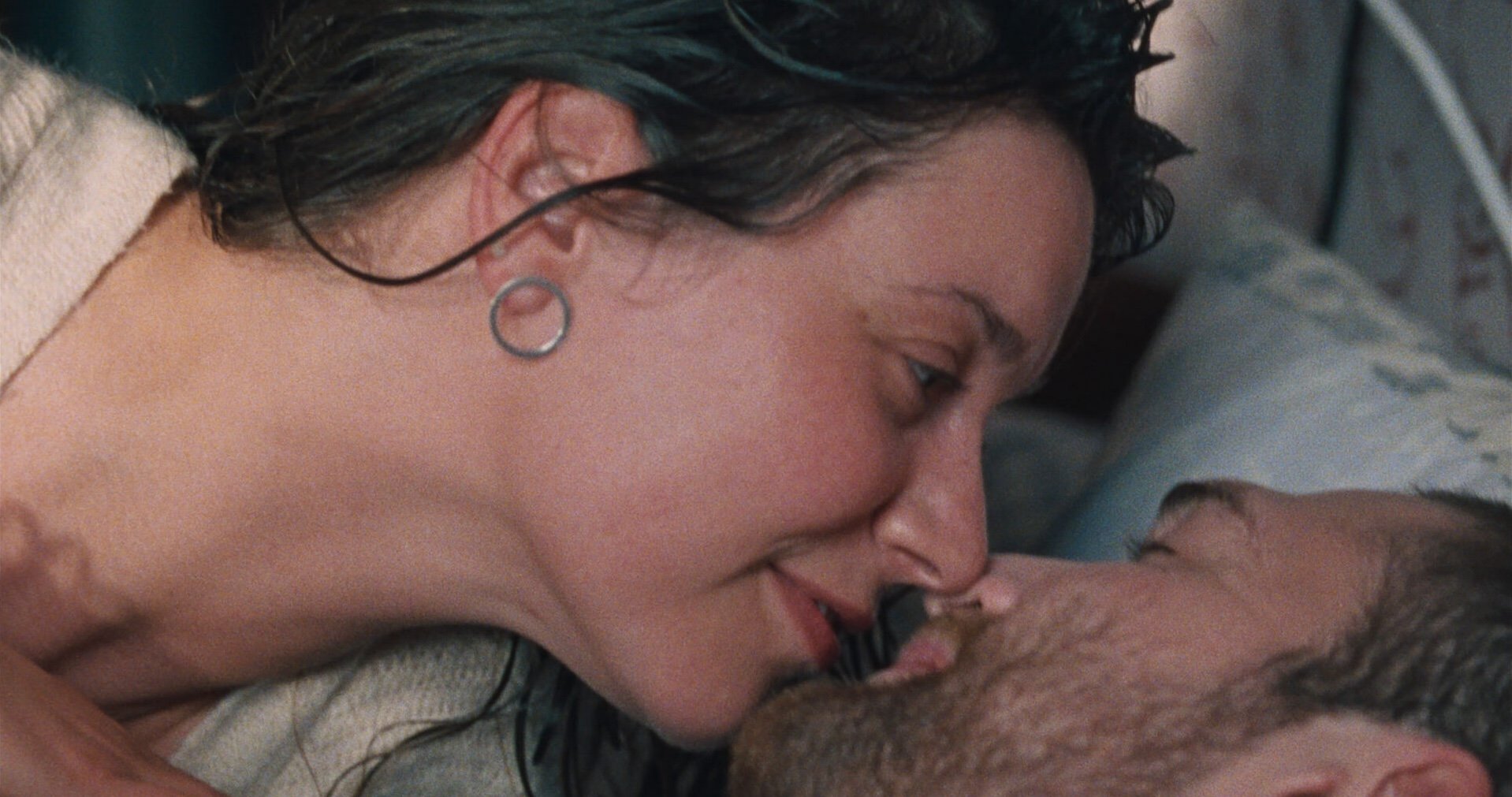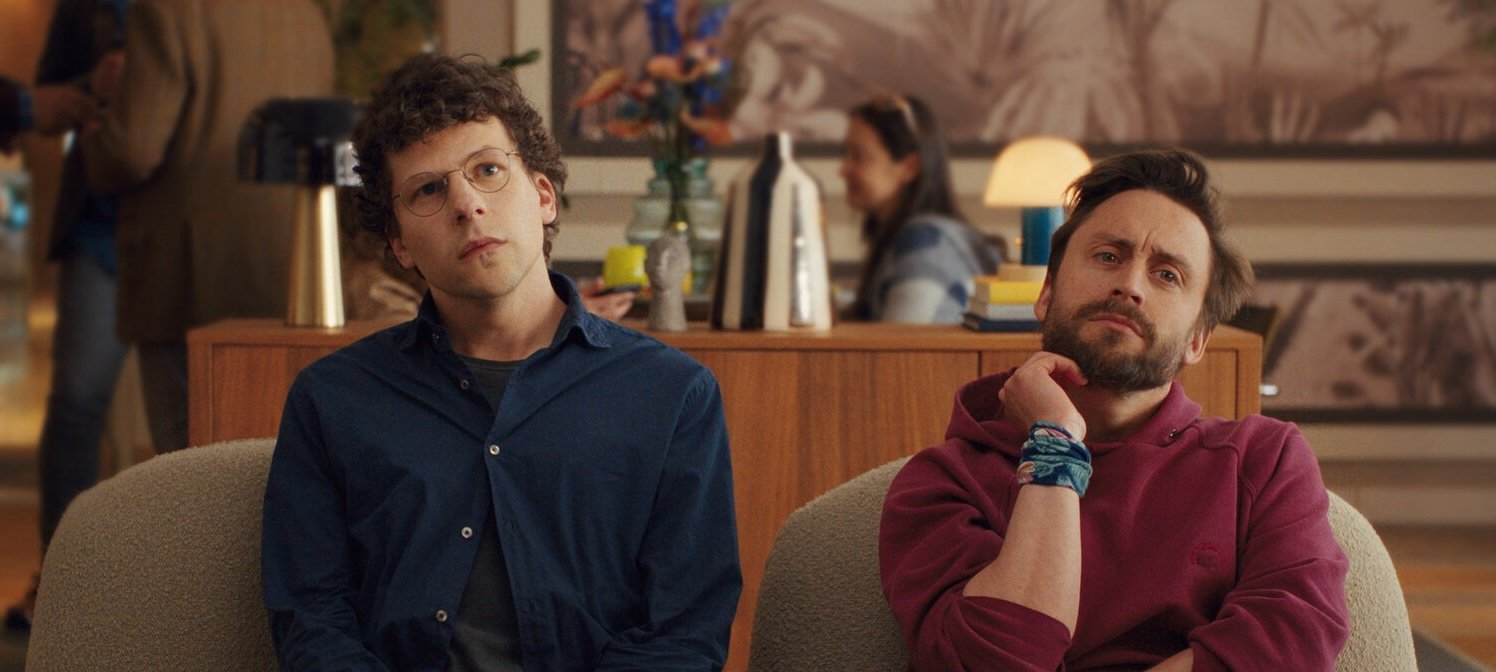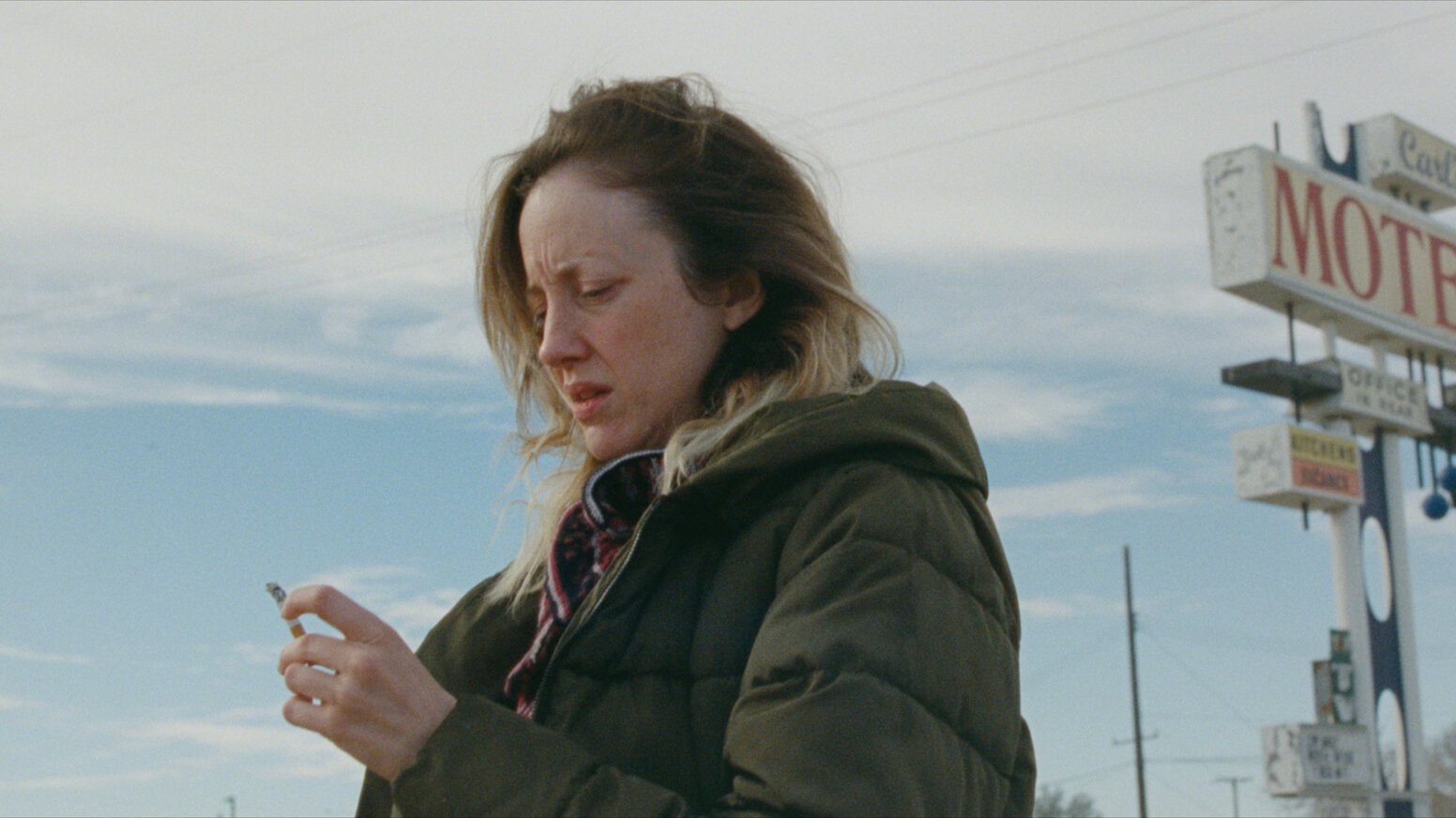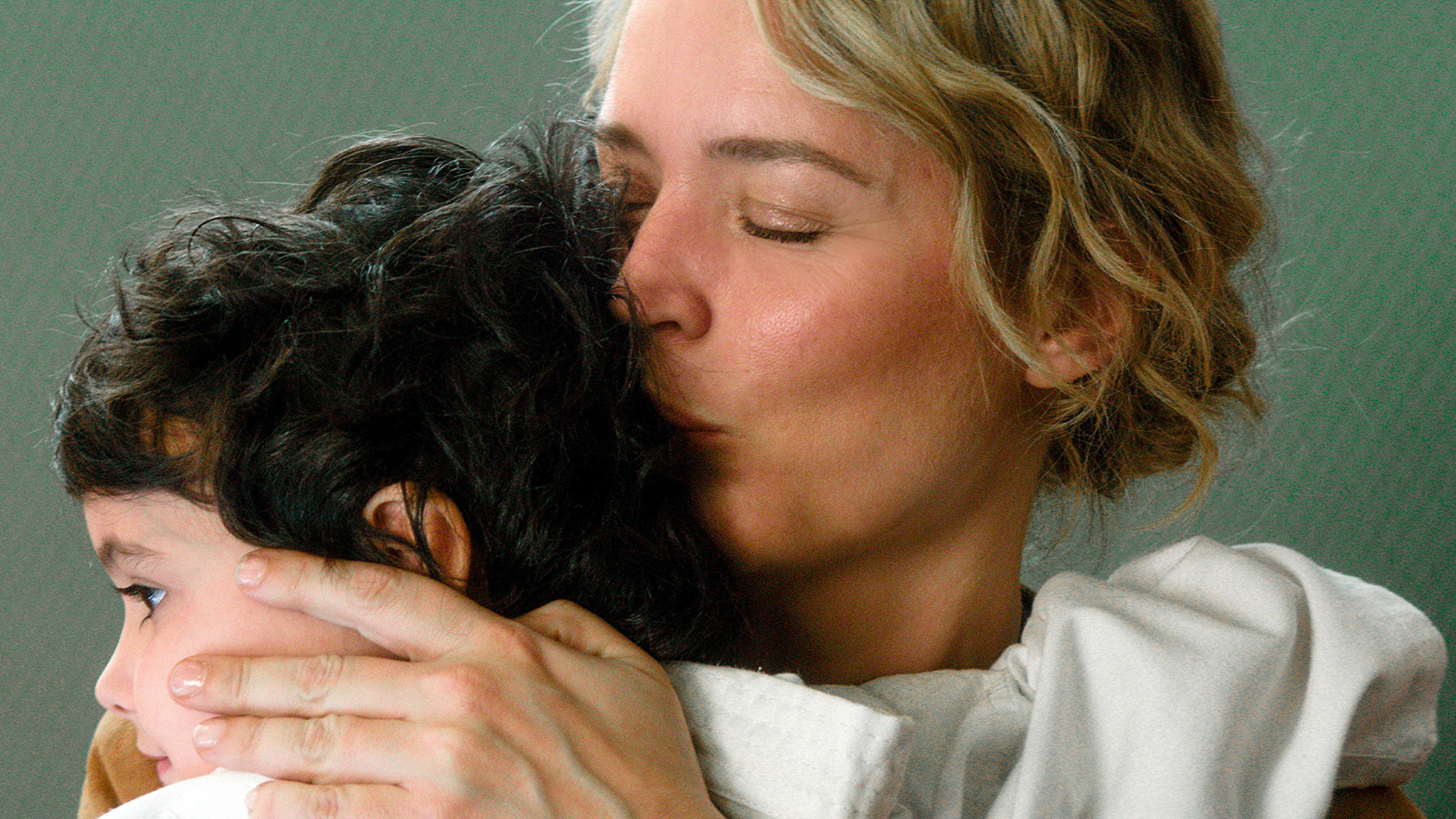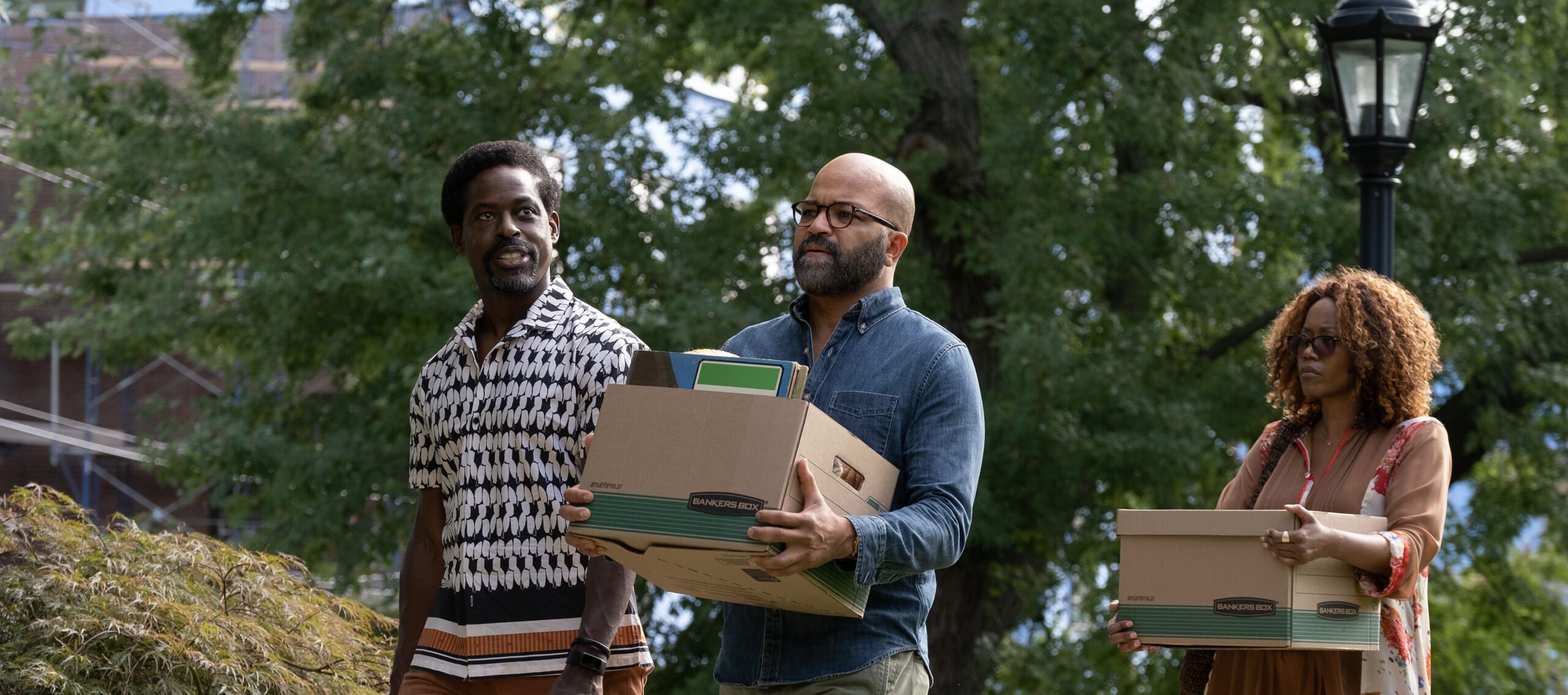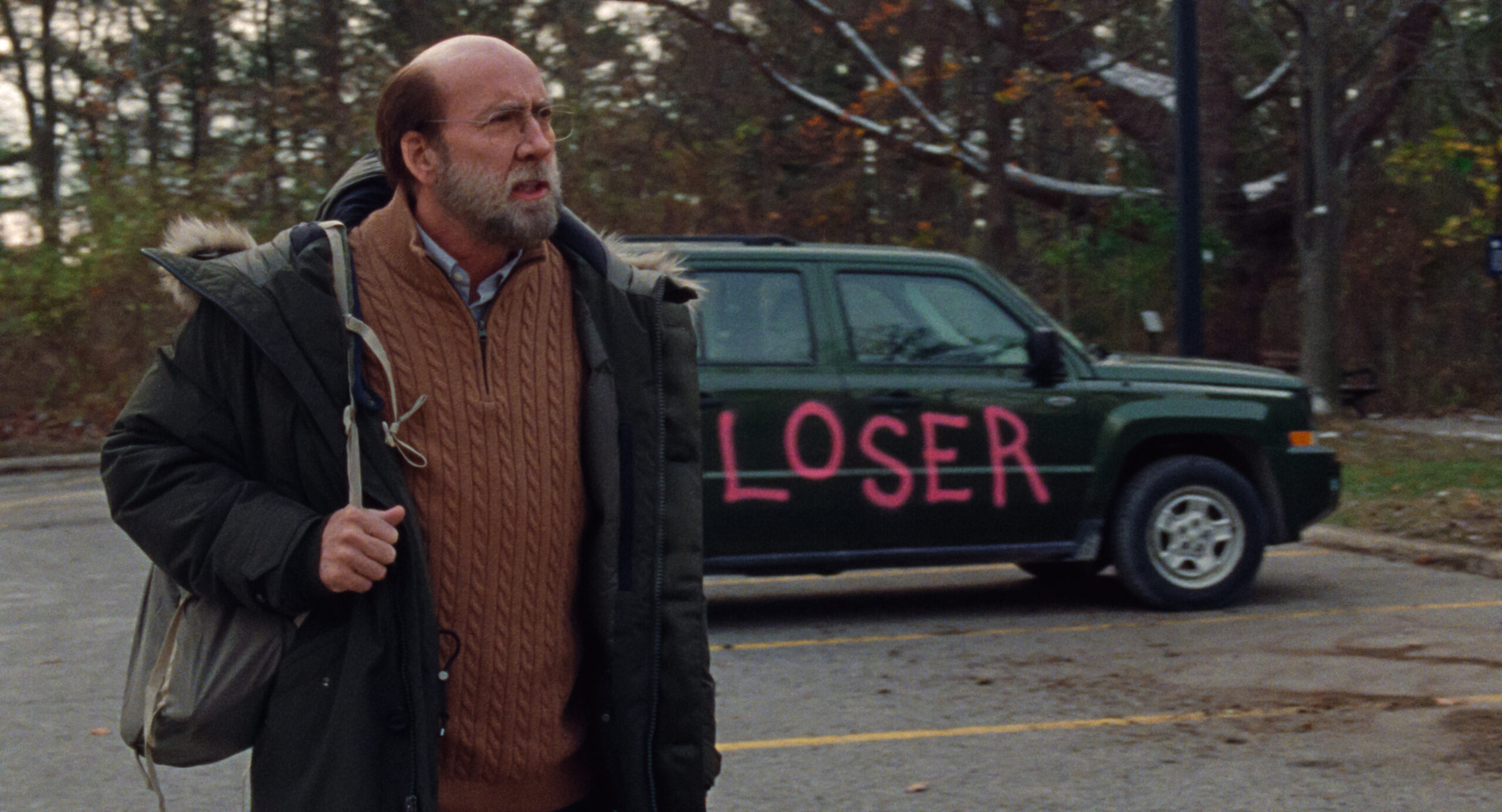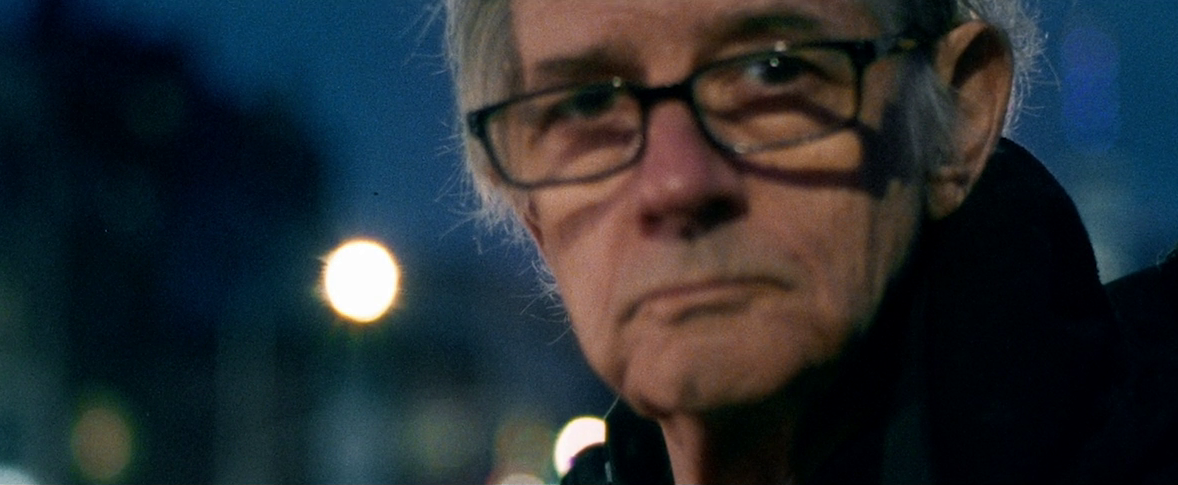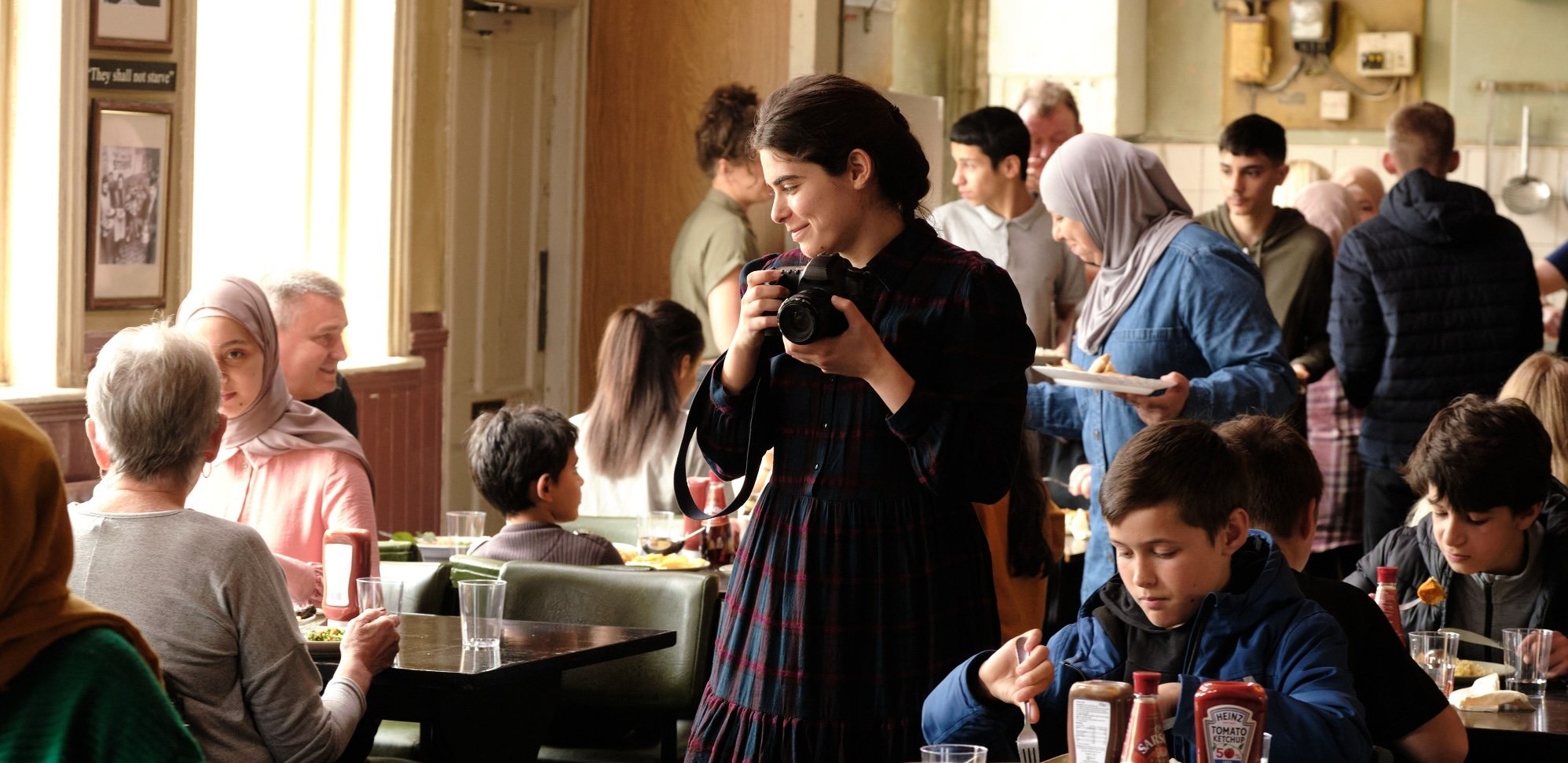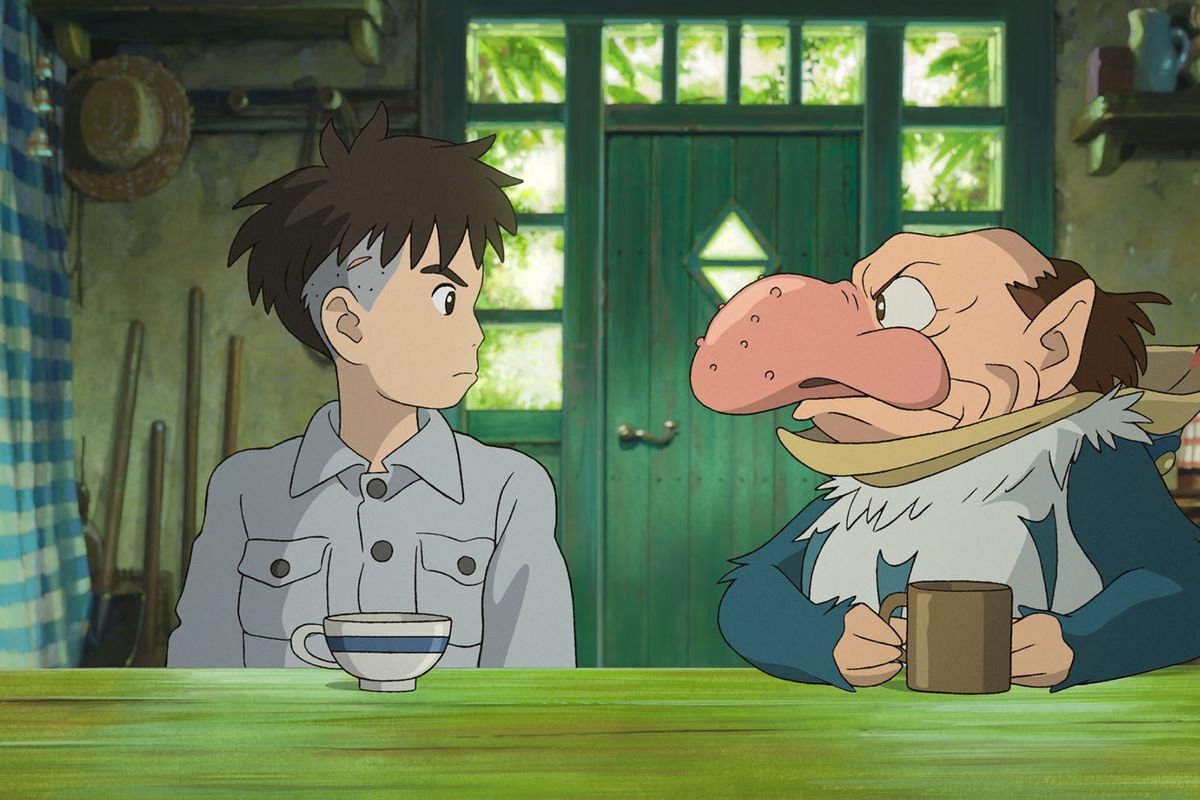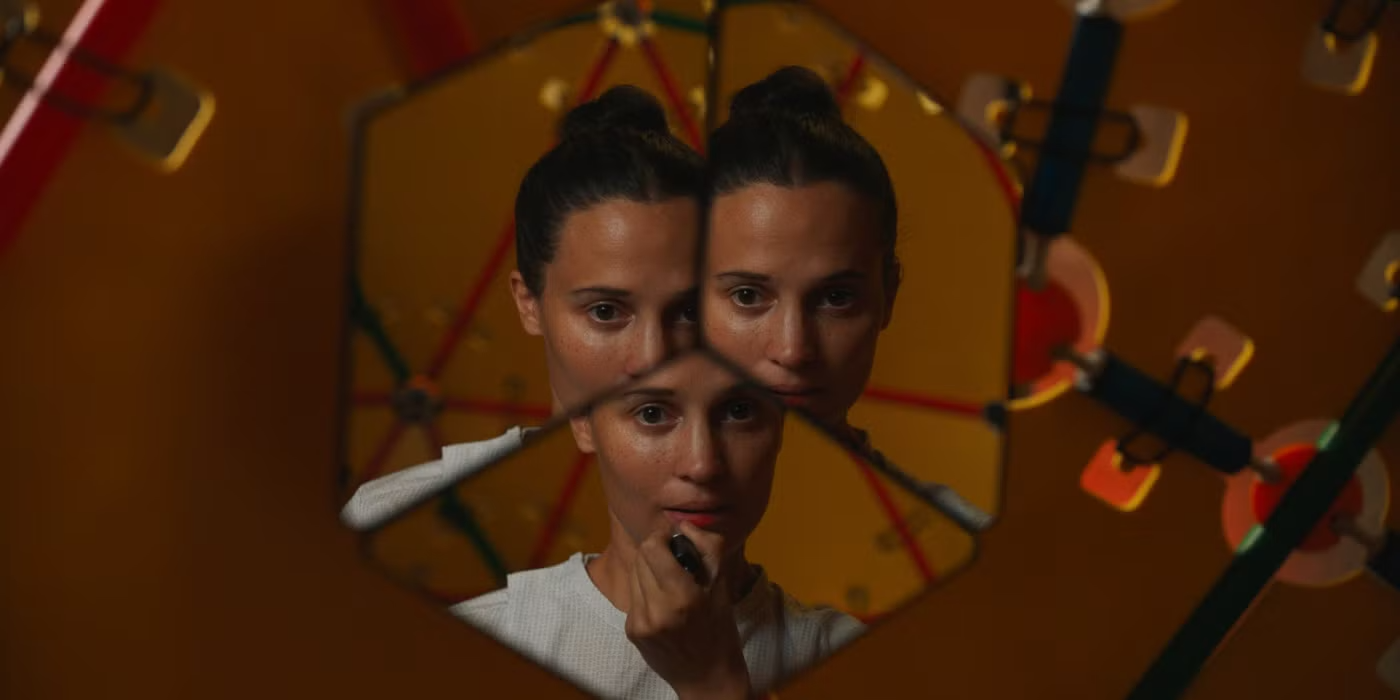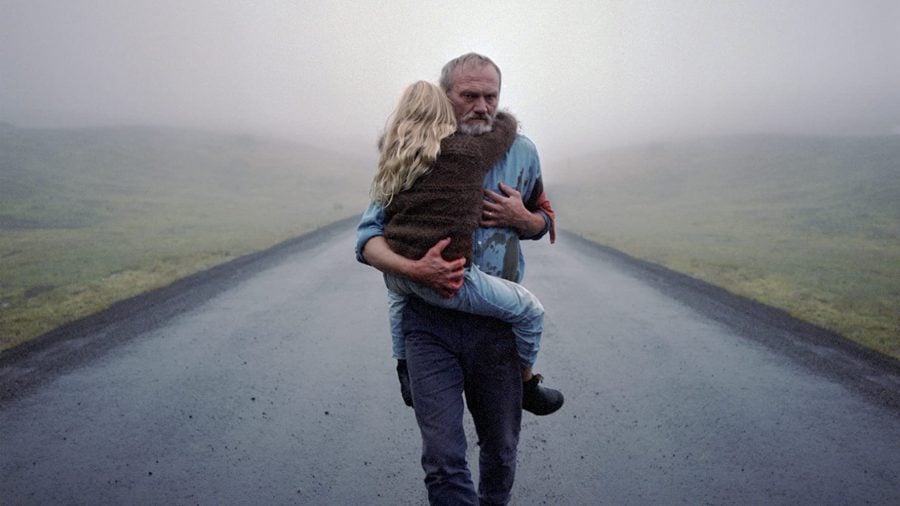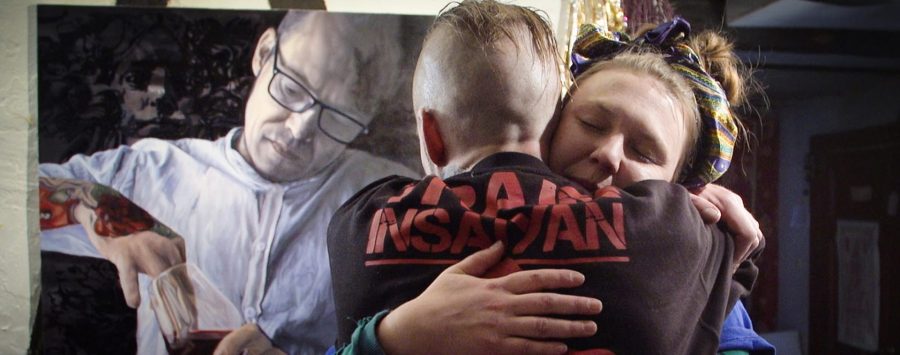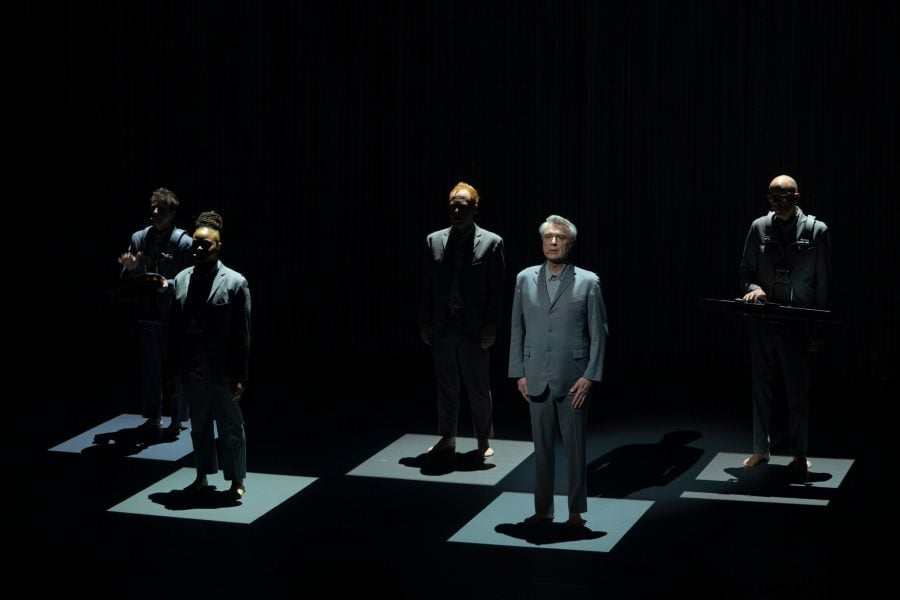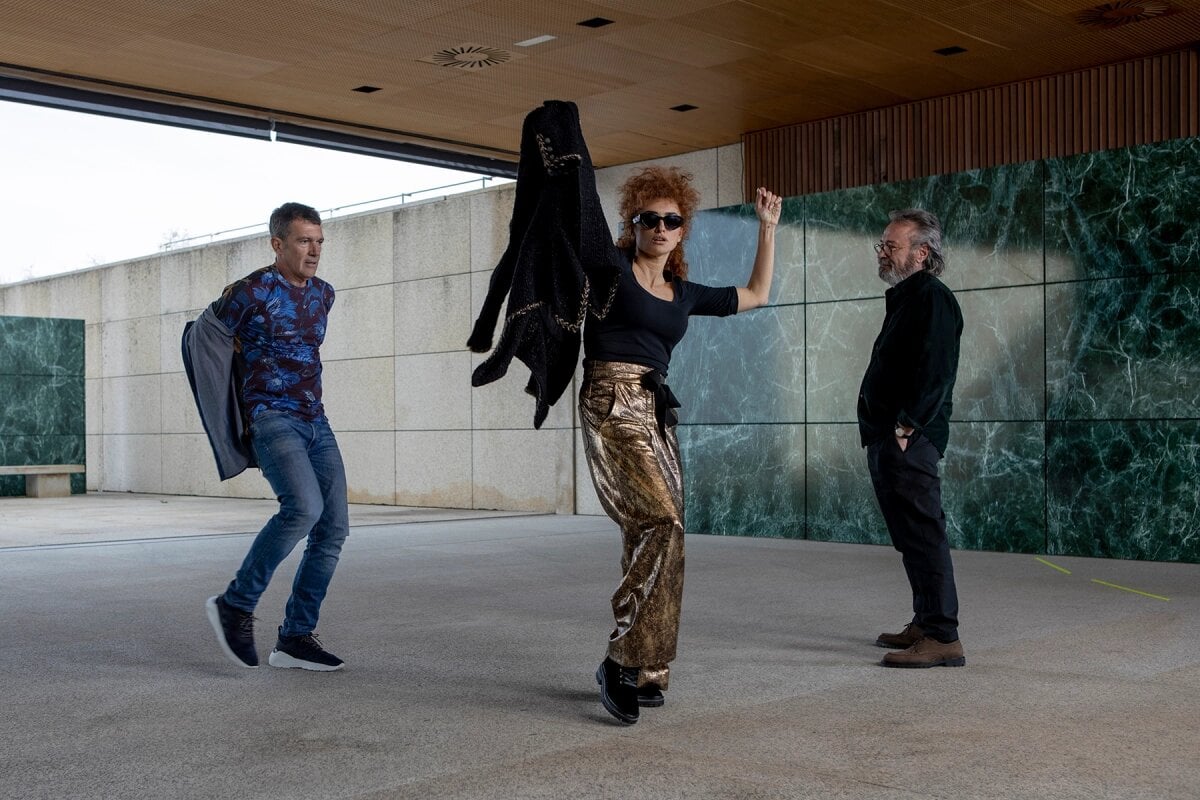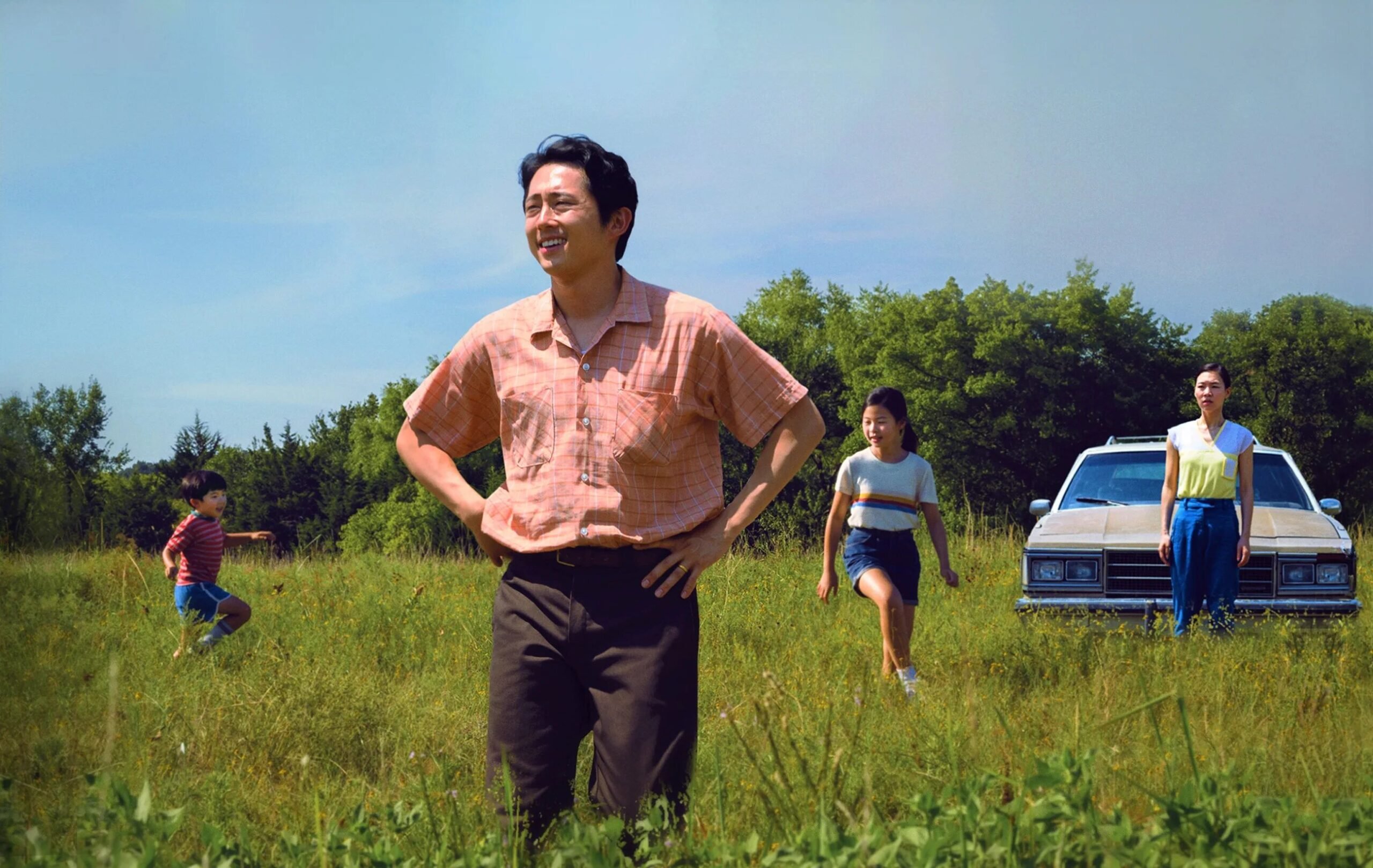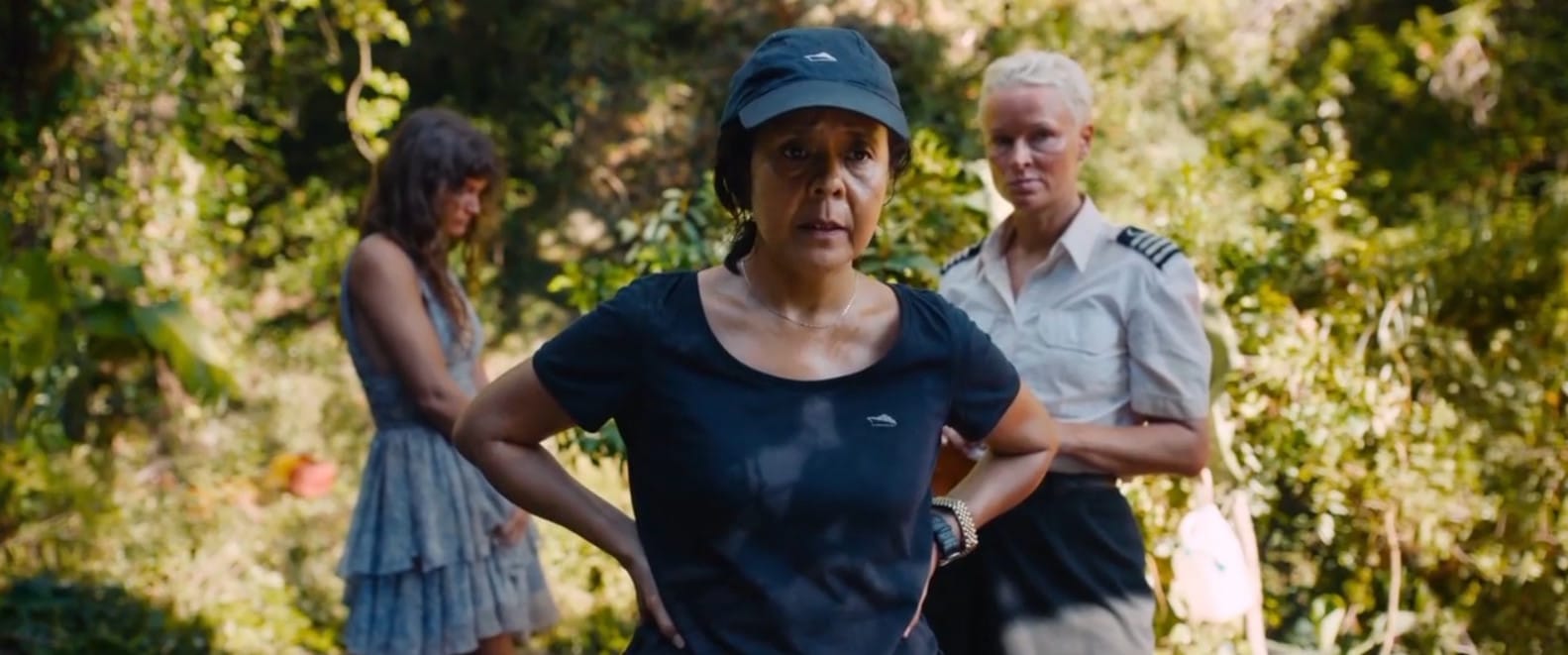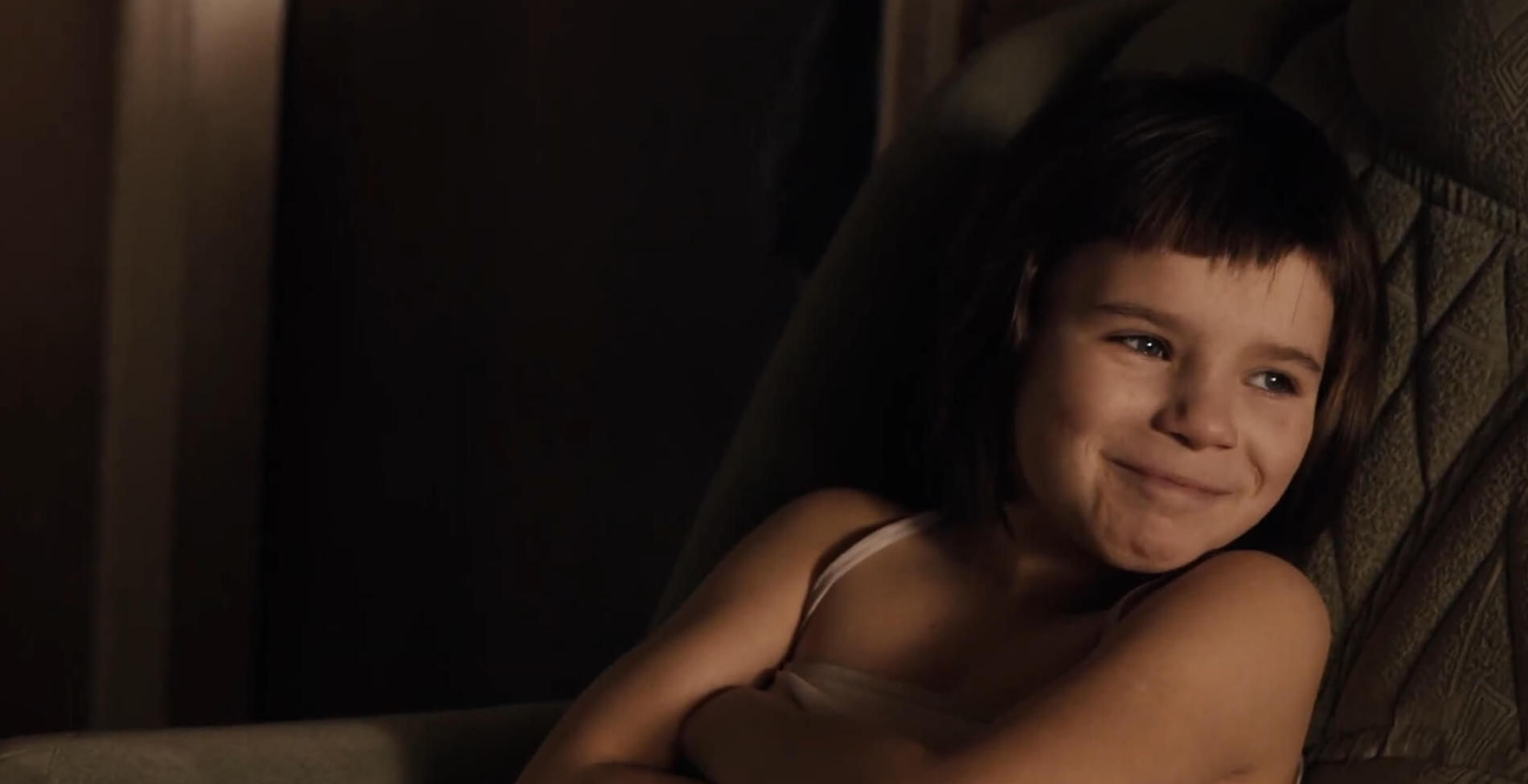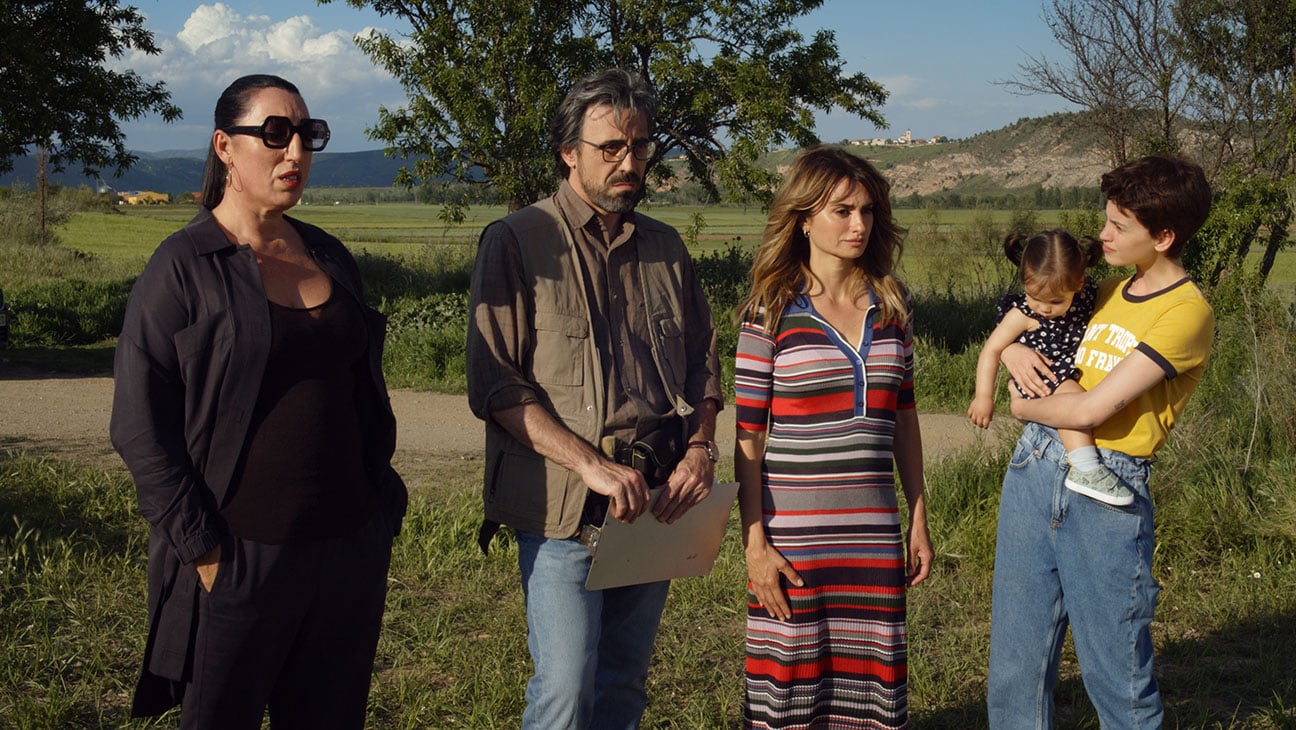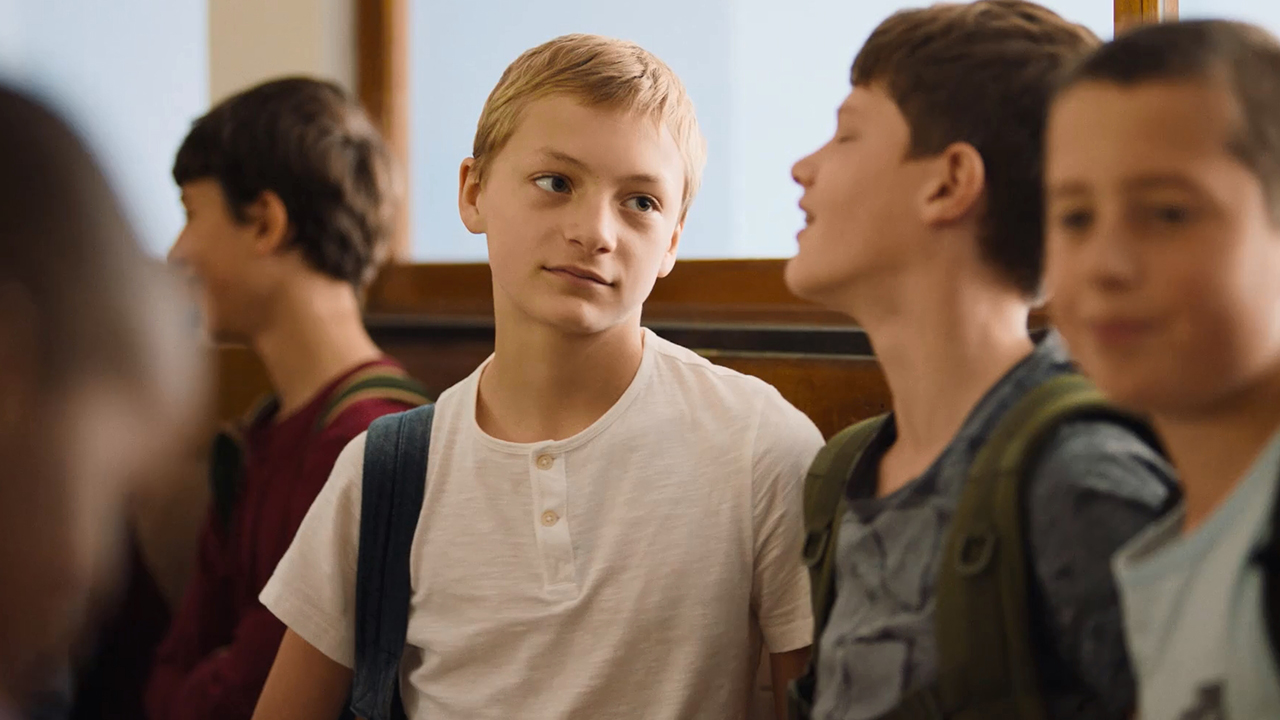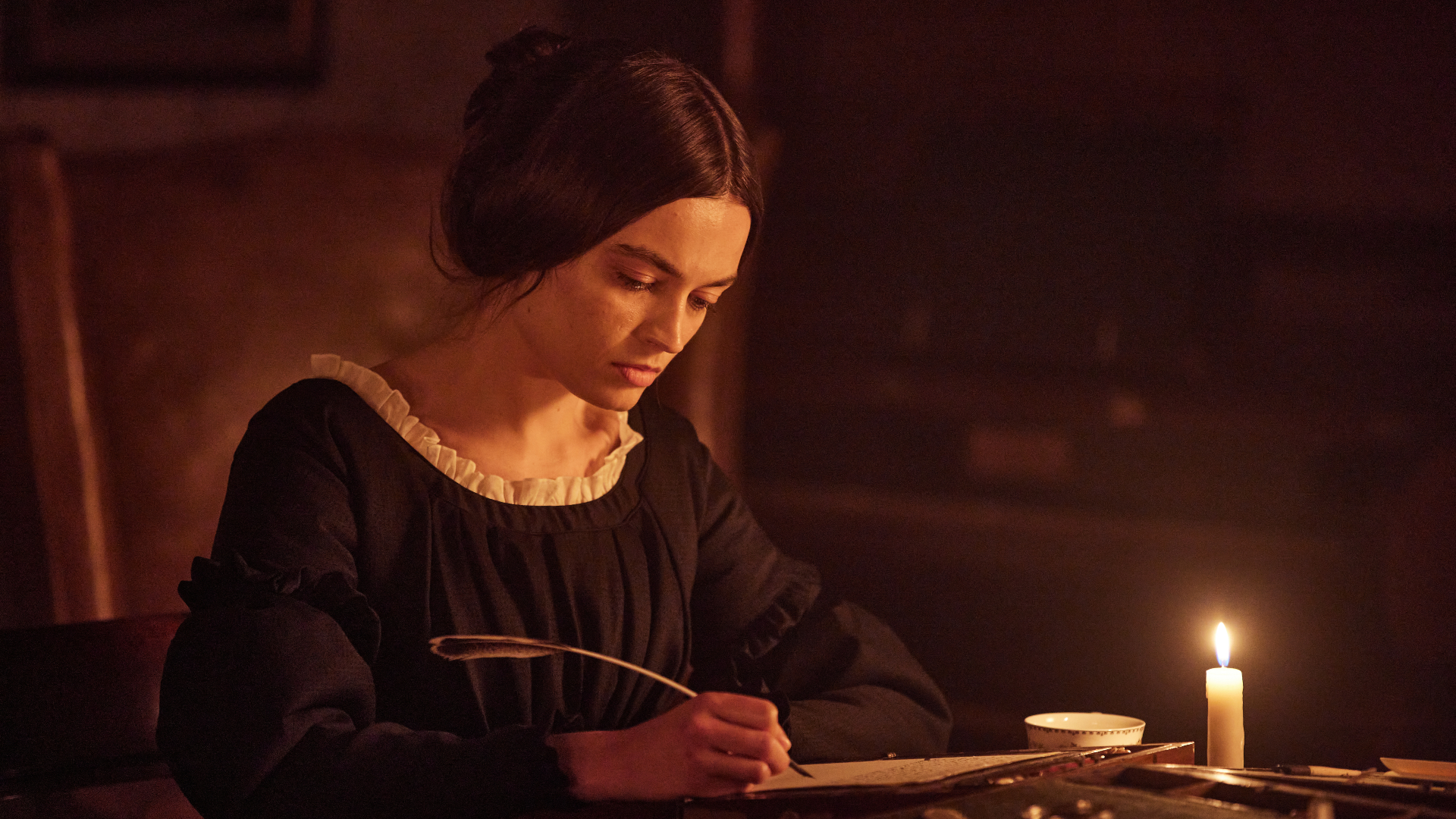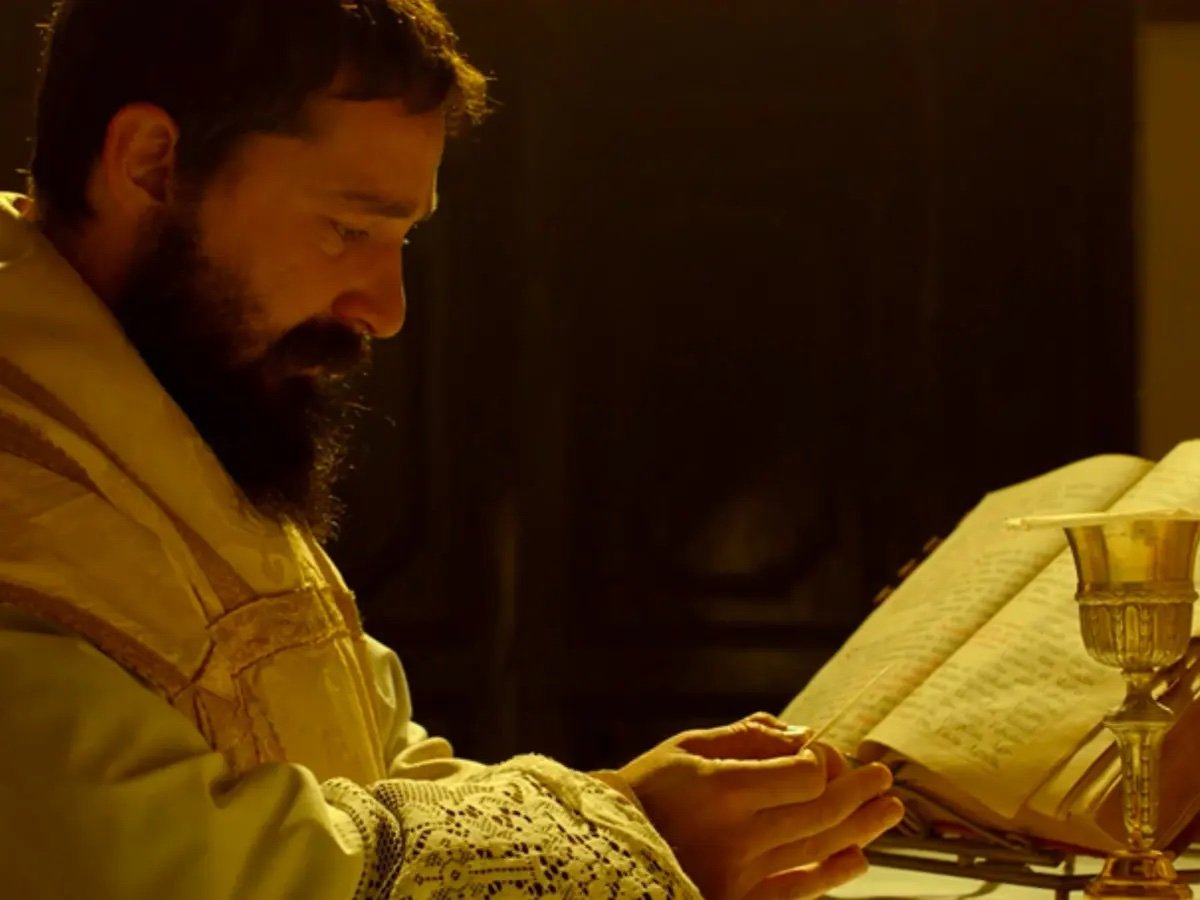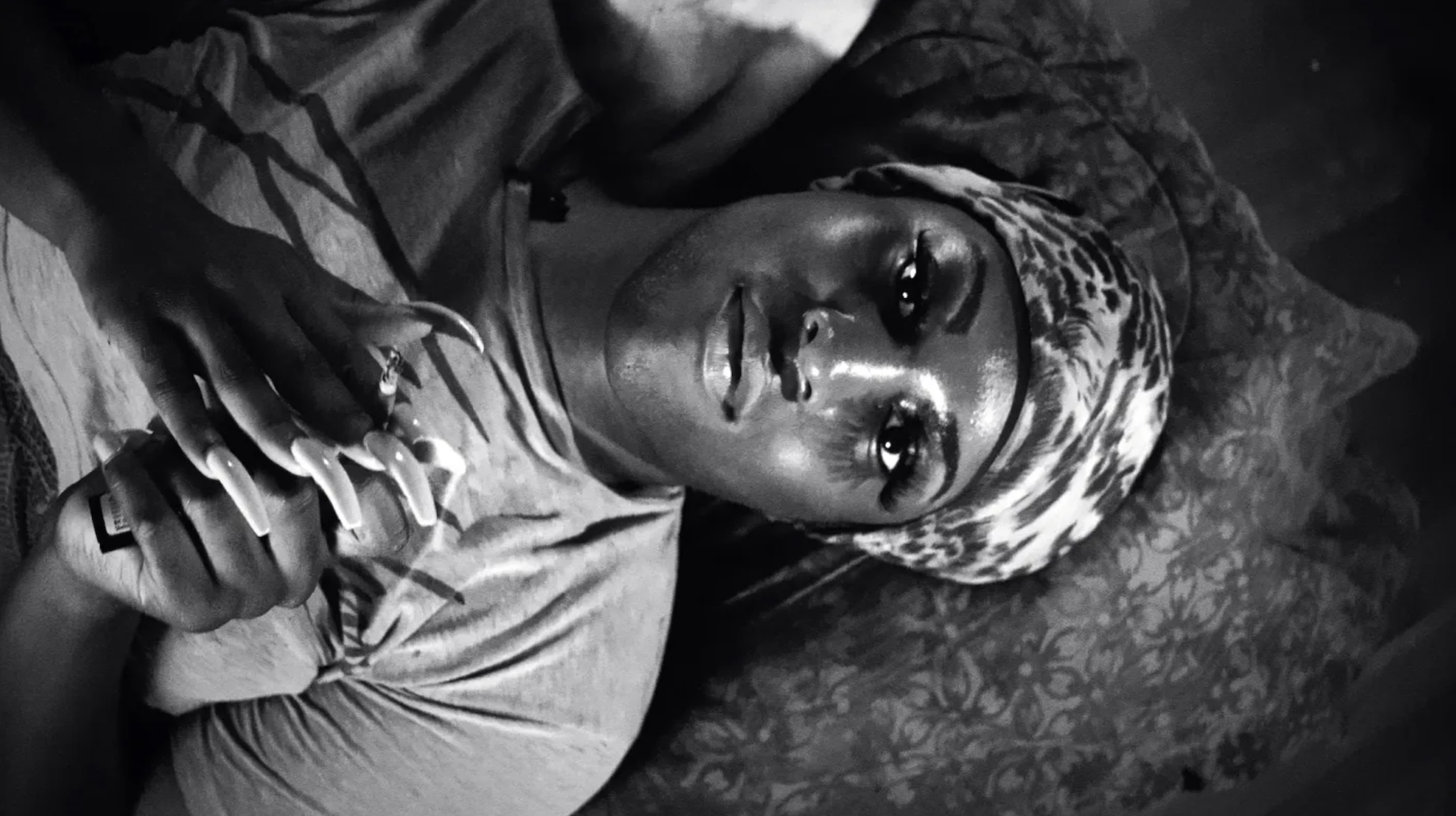100 Best New Movies to Rent
Gone are the days of browsing VHS copies on your nearest Blockbuster. Today, if you want a good watch, your best bet is to subscribe to a streaming platform or rent a movie online. The former is the more common option (and if you’re still on the lookout for the best service, we got you covered here), but the latter is preferable if your goal is to stay on top of the latest releases. Whether that’s a Hollywood hit, a festival front-runner, or the latest indie darling, you’ll likely find what you’re looking for on VOD rental platforms like Amazon, iTunes, and Vudu. There are many to choose from, but below, we list the very best new movies to rent and enjoy in the comfort of your own home.
This untamed, high-octane portrait of the Belfast hip-hop trio Kneecap follows real-life members —aliases Móglaí Bap, Mo Chara, and DJ Próvaí, all playing themselves—as they forge a path from lost teens to unlikely cultural icons. Being the first hip-hop act is their native Irish, they’re met with disdain both from their community who think they are misrepresenting the Irish cause (DJ Próvaí translates to DJ Drug Dealer), and from the British for things like playing the same venue where King Charles spoke the night before and one of them exposing their butt with the words “BRITS” and “OUT” written on either cheek.
The story ends up being as much as about the group as it is about identity, artistic freedom, even the Ireland of today – and yet the core of Kneecap, perhaps not just the movie but the group itself, seems focused solely on the importance of having fun while dealing with all of it. The ride is exhilarating, often very funny, and even in tough moments, upbeat. Hang tight.
Genre
Comedy, Drama, Music
Director
Rich Peppiatt
Language
English, Irish
Mood
Character-driven, Discussion-sparking, Funny, Grown-up Comedy, Intense, Quirky, Raw, Smart, Thought-provoking, True-story-based, Warm, Well-acted
The film opens with Julie in her early twenties, longing to pursue a career in medical school. But after briefly testing the waters, she switches over to psychology, only to drop completely out of school and transform her hobby of photography into a professional career. This indecisiveness carries over in most aspects of her life, including and especially in romance, where impulse and desire drive her to run after what she believes to be love. The movie follows Julie as she navigates adulthood in modern Oslo—at once a specific yet universally relatable story about the growing pains of growing up.
With The Worst Person in the World, Joachim Trier scores again with another life-changing Norwegian drama about longing, love, grief, and finding your place in the world. His films can be quite sad but amidst all the drama, moments of happiness and hope are scattered throughout, as it is in real life.
Genre
Comedy, Drama, Romance
Director
Joachim Trier
Language
Norwegian
Mood
Character-driven, Emotional, Heart-warming, Mind-blowing, Slice-of-Life, Well-acted
In Aftersun, Sophie recalls a holiday she took as an eleven-year-old in the ‘90s with her father. Video recordings help jog her memory, but she’s looking for more than just a blast from the past. Rather, she seems to be seeking answers to fill in the gaps between who she knew as her father and who he really was: an immensely nice but deeply troubled man.
At first, Aftersun looks like a simple but beautiful story about father and daughter bonding over the course of a summer trip. But within minutes, it’s clear that there are layers to Aftersun, emotionally and editorially, that aren’t always explained but nonetheless enrich the movie with profound meaning. Stirring, complex, and surprisingly inventive, it’s not surprising that Aftersun is one of the most beloved films of the past year.
Genre
Drama
Director
Charlotte Wells, Female director
Language
English, Spanish, Turkish
Mood
Character-driven, Dark, Depressing, Dramatic, Emotional, Heart-warming, Lovely, Tear-jerker, Touching, Well-acted
As in his previous films, Director Andrew Haigh explores the delicate nature of loneliness, grief, and love in All of Us Strangers, except this time he does so through a supernatural lens. The result is mesmerizing: amid the tenderness the film draws from its characters, there’s a swirl of mystery too: how is it possible that Adam is conversing with his dead parents? Who, exactly, is Harry? The intrigue is there, and Haigh builds to a satisfying climax that answers all these questions. The mystery also lends the film an ethereal style that makes it visually resemble a horror or thriller more than it does a romance or drama. But as superb as it looks and as compelling as the ambiguity is, they never distract from the film’s central goal, which is to bring us into the complex emotional journey Adam goes through as he simultaneously develops a relationship with Harry and parses his childhood trauma with his parents. It’s a hefty film, filled with big emotional moments that will have you crying, smiling, longing, and healing all at the same time. And like any good film, it will haunt you for days on end.
Genre
Drama, Fantasy, Romance
Director
Andrew Haigh
Language
English
Mood
Dramatic, Emotional, Lovely, Romantic, Tear-jerker, Touching, Well-acted
The British social-critical director of I, Daniel Blake and The Wind That Shakes the Barley, Ken Loach, delivers another scathing indictment of our economic system, the slashing of worker protection, and the gig economy. While these are indeed the themes of this affecting drama, Loach always makes it about the people. In this case, a struggling family man who tries to turn his life around by working in package delivery. Gig economy workers are usually freelancers who own their trucks and are made fully responsible for packages until they reach their respective recipients. From peeing in a bottle to save time to seamless monitoring by an overlord hand-held device, Sorry We Missed You manages to capture the indignity and gives you an intimate introduction to the human cost of having everything delivered to your doorstep at a moment’s notice. Thanks to Loach’s use of amateur actors, it has a raw and real feel to it without being melodramatic. Sorry We Missed You makes sure that the habitually unseen take center stage.
Genre
Drama
Director
Ken Loach
Language
English
Fire of Love is a documentary that follows Maurice and Katia Krafft, a scientist couple who’ve dedicated their entire professional lives to studying (and marveling at) volcanoes. The two met at university and have been inseparable ever since, chasing explosions around the world until their death at the Mount Unzen eruption in 1991.
The fiery passion the title refers to is as much about Maurice and Katia as it is about their dedication to volcanoes. Like any love story, it tracks how they were first wonderstruck by the formation and how that awe shaped their lives and led them to each other, as well as how they came to discover hard truths about it and dealt with the heartbreak that soon followed.
Combining the breathtaking footage the couple left behind with lovely writing and artful animation, director Sara Dosa creates a moving documentary about passion, adventure, and the world itself.
Genre
Documentary, Drama
Director
Female director, Sara Dosa
Language
English, French, Portuguese, Spanish
Mood
Discussion-sparking, Inspiring, Lovely, Smart, Thought-provoking, True-story-based
Poland’s nomination for Best Foreign Language Film at the 2020 Academy Awards may have lost to Parasite, but director Jan Komasa’s film is still utterly compelling. The crazy sounding premise is inspired by true events: after having had a transformative experience in jail, an ex-convict, played by the wiry, blue-eyed Bartosz Bielenia, decides he wants to become a priest. When he is told that his criminal history prohibits it, he goes down the path that got him into trouble in the first place and just pretends he is. Apparently, he does so quite convincingly—and serves the community well, which is collectively grieving for the victims of a tragic accident. For all his charisma, there’s no way not to root for the crooked clergyman conning his way to the top. The complex character at the heart of Corpus Christi is refreshing and three-dimensional, and the smart writing of the film excels at exploring they grey areas of truth and religion. The ending, too, circumvents the soppy and the melodramatic. Thought-provoking European drama.
Genre
Drama
Director
Jan Komasa
Language
Polish
Nothing about Saint Omer is easy. A female Senegalese migrant (Guslagie Malanga) is put to trial for committing infanticide, but throughout the film, it becomes clear how much of a victim she is too, of an uncaring and deeply prejudiced society. “What drove her to madness?” Her attorney asks at one point. We’re not sure. We’re not necessarily asked to side with her, nor answer the many hard-hitting questions brought up in the film, but we sit with the uneasiness of it all and, in that silence, confront our ideas about motherhood, womanhood, personhood.
This confusion is what makes the film so compelling. Despite the court’s best efforts, Laurence isn’t meant to be understood. She’s meant to be an example of the ever-ambiguous, forever-complicated, always-hurt person. It’s human nature after all to be this complex and messed up. The film shows us that the best that we can do in situations like this is to listen, understand, and as our protagonist Rama (Kayije Kagame) does, make peace with the noise.
Genre
Crime, Drama
Director
Alice Diop, Female director
Language
French, Portuguese
Mood
Challenging, Emotional, Intense, Smart, Thought-provoking, True-story-based, Well-acted
In All the Beauty and the Bloodshed, documentarist Laura Poitras (Citizenfour, My Country, My Country) lends her empathetic and incisive lens to a subject so passionate and imaginative, she ends up collaborating with Poitras to co-create the documentary about her life. The subject is Nan Goldin, one of the most influential photographers of the late 20th century.
The documentary captures Goldin’s work as a queer artist and anti-opioids activist, intertwining both aspects to tell a nuanced and incredibly important story about freedom, identity, and self-expression. This incredibly complex, encompassing, and vibrant feature won the top award at the Venice Film Festival, besting 19 other films from around the world.
Genre
Documentary, Drama
Director
Female director, Laura Poitras
Language
English
Mood
Gripping, Thought-provoking
The Iranian director Jafar Panahi has faced constant persecution from his country’s government for over a decade, for his career of sharply political films speaking truth to power. In fact, No Bears—which was shot in secret, in defiance of the government banning him from filmmaking for 20 years—had its initial festival run in 2022 while Panahi was in prison. Evidence of Panahi’s drive to keep making his movies, no matter what, are clear in this film’s limited resources and occasionally inconsistent video quality. But even those obstacles can’t get in the way of his vaulting ambition.
No Bears operates on several different layers that all express Panahi’s growing frustration with—but also his commitment to—making art that only ever seems to put himself and other people in harm’s way. At its base level, this is a suspenseful small-town thriller, as an exiled Jafar Panahi (playing himself) tries to evade suspicion from the villagers around him. At the same time, Jafar is struggling to direct a film remotely, which creates a strain on his production crew. On top of that, the characters in his film undergo their own drama, seeking asylum out of Turkey. All of this is edited together under a stirring screenplay written with heart, humor, and the hope that the institutions that try to scare us will never keep us in the dark forever.
Genre
Drama, Thriller
Director
Jafar Panahi
Language
Azerbaijani, Persian, Portuguese, Turkish
Mood
Gripping, Mind-blowing, Original, Suspenseful, Thought-provoking
The Teacher’s Lounge is one of those movies where a simple misunderstanding is blown out of proportion, so much so that it causes the fabric of a community to unravel into chaos. Aided by a precise score, it ticks like a timebomb, with every second filled with so much dread and anxiety you have to remind yourself to breathe. It’s an impeccable and taut thriller, but it also works as an allegory about modern-day surveillance and authority. Director İlker Çatak gives the Gen-Z students and their much older teachers a level field where they struggle for control, and the result is both bleak and funny. It’s often said that schools are a microcosm of the real world, but nowhere is that more apparent than here.
Genre
Drama, Thriller
Director
İlker Çatak
Language
English, German, Polish, Turkish
Mood
Gripping, Suspenseful, Well-acted
How do you make a film about the Holocaust feel new? How do you make the terrors feel fresh, like it was just in the news, without sounding redundant or without giving into the sensationalized and emotionally manipulative? For Director Jonathan Glazer, the answer lies in not what you show but what you don’t show. The Zone of Interest is shot from the point of view of Nazi Officer Rudolf Höss (Christian Friedel) and his wife Hedwig (Sandra Hüller), who live a dreamy life right next to the infamous Auschwitz death camp. Glazer frames them plainly and without flourish as they ignore (or, arguably, revel in) the glow of burning bodies, the howls of pain, and the billows of smoke coming from the torture chamber a wall away. It’s a powerful, nauseating contrast that turns the question from “How can they do this?” to “Who among us is committing the same things right now?” Who among us is casting a blind eye to the atrocities and genocide being committed at this very moment to our neighbors? The film, which is also a technical feat in terms of the way it’s shot (the crew and cameras remained hidden so that the actors were free to roam, as if in a play) is chilling and thought-provoking, and it will unnerve you for days on end.
Genre
Drama, History, War
Director
Jonathan Glazer
Language
German, Polish, Yiddish
Mood
Challenging, Dark, Depressing, Discussion-sparking, Intense, Thought-provoking
One thing about director Sean Baker’s movies is that everything is rooted in class. Anora might charm as a romance, delight as a comedy, and dazzle as a realistic look into sex work, but at the end of the day, it’s a movie about labor, specifically exploitation labor, making the movie as painfully realistic as it is hopelessly romantic. It’s like the anti-Pretty Woman in that way. There’s no doubt it will have the same cultural impact (it’s already starting heated discourses on the internet) and will be remembered for just as long. The heated performances, breathtaking cinematography, and subtly hilarious script are all bonuses to this gem of a film.
Genre
Comedy, Drama, Romance
Director
Sean Baker
Language
Armenian, English, Russian
Mood
Gripping, Grown-up Comedy, Romantic, Well-acted
In Drive My Car, a widowed artist travels to Hiroshima for his latest production. There he meets a young woman enlisted to drive him around the area. They forge an unexpected bond and soon share pithy observations and long-buried secrets, which culminate in a touching scene of catharsis and forgiveness.
Not a lot is said in this three-hour film, but when words (and signals) are shared, they are always underlaid with simple but transcendent truths. Drive My Car is a gripping film that explores love and loss in its own quiet way, at once intense and intimate.
Genre
Drama
Director
Ryusuke Hamaguchi
Language
Cantonese, English, German, Indonesian, Japanese, Korean, Malay, Mandarin, Tagalog
Mood
Character-driven, Dramatic, Slow, Smart, Well-acted, Without plot
From Drive My Car director Ryusuke Hamaguchi comes another film featuring long drives, thoughtful talks, and unexpected twists. An anthology of three short stories, Wheel of Fortune and Fantasy ponders over ideas of love, fate, and the all-too-vexing question, “what if?”
What if you didn’t run away from the one you love? What if you didn’t give in to lust that fateful day? What if, right then and there, you decide to finally forgive?
Big questions, but without sacrificing depth, Hamaguchi does the incredible task of making every single second feel light and meaningful. Wheel of Fortune and Fantasy will leave you with mixed emotions: excited, startled, dejected, hopeful. But one thing you won’t feel is regret over watching this instant classic of a film.
Genre
Drama, Romance
Director
Ryusuke Hamaguchi
Language
Japanese
Mood
Character-driven, Emotional, Lovely, Romantic, Sweet, Thought-provoking, Touching
Poignant, delightful, and simply gorgeous, Licorice Pizza just might be Paul Thomas Anderson’s best work to date. The period dramedy follows two young people, one in her 20s and one in his teens, as they strike an unlikely but lovely friendship and try to find their place in the world. They may be 10 years apart, but they’re stuck in the same swirl of rejection and confusion that trap a lot of ambitious people like them. The premise is far from original, but Alana Haim and Cooper Hoffman turn in captivating performances (made even more impressive by the fact that this is both their film debut). There is an ease and naturalism to both their chemistry and onscreen performances that’s hard not to love.
The thick and wistful patina of the ‘70s, the comedic asides, and the colorful supporting cast all also help paint an overall charming picture that shouldn’t be missed.
Genre
Comedy, Drama, Romance
Director
Paul Thomas Anderson
Language
English, Japanese, Spanish
Mood
Character-driven, Emotional, Funny, Lovely, Romantic, Touching, Well-acted
In both documentaries and films, adoptees meeting their biological parents for the first time is an event often painted in a sweet light. Never mind the child’s mixed feelings about it or the tragic reality that caused the split in the first place—it’s a reunion between family members, so it must be unequivocally special. In Return to Seoul, director Davy Chou doesn’t just debunk that myth, he subverts it by making the adoptee, Freddie, as unapologetically complex and emotionally enigmatic as possible. She resists affection but wallows in loneliness. She craves reinvention but stays in the same place for years. She’s in constant motion while being absolutely stuck in life. In other words, she’s a realistic embodiment of a person struggling to find some semblance of home. Chou displays an intimate understanding of the foreign experience, and he couples it with captivating cinematography, a rousing soundtrack, and fantastic performances across the board to make a daring, inventive, and thoroughly exciting film.
Genre
Drama
Director
Davy Chou
Language
English, French, Korean, Portuguese, Spanish
Mood
Character-driven, Emotional, Lovely, Mind-blowing, Touching, True-story-based, Well-acted
After Love is a beautifully powerful and quietly moving outing by emerging British filmmaker Aleem Khan. It follows Mary (Joanna Scanlan), a white Muslim convert who discovers a life-changing secret her husband has managed to keep from her all these years.
Without spoiling anything, I will say that After Love is charged with the sort of deep-seated emotion we sometimes don’t know how to express. It’s also a powerful reminder that there’s no one way to love or grieve or celebrate the people around us; sometimes, there’s just feeling. And Scanlan does a wonderful job of restraining then conveying all of that in devastating and commanding moments throughout the film, a feat that earned her the much-deserved best actress award at the 2021 BAFTAs.
Genre
Drama
Director
Aleem Khan
Language
Arabic, English, French, urdu
Mood
Character-driven, Dramatic, Heart-warming, Slow, Touching, Well-acted
You would expect a courtroom drama to be built around damning pieces of evidence, passionate speeches, or certain social issues lending weight to the investigation. But what makes Justine Triet’s Palme d’Or-winning Anatomy of a Fall so remarkable is how direct it is. Triet doesn’t treat this case like a puzzle for the audience to participate in solving; instead she fashions this trial into a portrait of a family being eroded by even just the suggestion of distrust. It ultimately has far less to do with who’s responsible for the death of a man, and more to do with the challenge of facing the reality that the people we love are capable of being cruel and callous to others.
Which isn’t to say that Anatomy of a Fall doesn’t still possess qualities that make it a great courtroom drama—doubt only continues to pile up with every new piece of information that’s revealed to the audience, until we begin to interpret characters’ expressions and actions in a contradictory ways. But the way Triet executes these reveals is just so skillful, choosing precisely how to let details slip and obscuring everything behind faulty memory, intentional dishonesty, or any other obstacles that usually come up during an investigation.
Genre
Crime, Drama, Mystery, Thriller
Director
Female director, Justine Triet
Language
English, French, German
Mood
Character-driven, Gripping, Raw, Smart, Thought-provoking, Well-acted
The first few minutes of Robot Dreams are so deceptively simple and pleasant that it’s hard to think of a conflict that could keep the film moving. But something does happen—life happens, which sounds annoyingly vague, but it’s true. Life happens, and the rest of the film is about how Dog and Robot survive the specific pain of living. It’s at once poignant and delightful, filled with surprising moments that shouldn’t work, but do. It feels incredibly human even though there are no people in sight. It says a lot about the crisis of loneliness and the importance of moving on even though it’s a silent movie. And then there’s that one scene that breaks the fourth wall most adorably, proving that Robot Dreams is anything but the straightforward film it seemed to be in the beginning. Consistently, however, it is a touching movie. Whether it ends up breaking or warming your heart is just something you have to look out for.
Genre
Animation, Comedy, Drama, Family, Science Fiction
Director
Pablo Berger
Language
No language
Mood
Lovely, Tear-jerker
Journeying from Africa to Europe without an official permit isn’t just risky, it’s dehumanizing, if not lethal. And though we’ve heard about the many unfortunate ways migrants have suffered, never has the crisis been as intimately and intensely portrayed as in Io Captain. Here, we get to see who Seydou and Moussa were before the voyage out of Senegal, before they were reduced to anonymous bodies bound to torture, slavery, and racism. Director Matteo Garrone takes care not to exploit their lives and instead highlights the joy and hope they left behind and continue to find in small but meaningful portions. Garrone achieves a delicate balance between stark, depressing reality and heartwarming hope, and it’s beautiful to watch. All this in addition to stunning cinematography and unbelievable performances by the two young leads makes Io Capitano easily one of the best films in recent years.
Genre
Adventure, Drama
Director
Matteo Garrone
Language
English, French, Italian, wolof
Mood
Emotional, Intense, True-story-based, Well-acted
Georgian dance has cut-throat competition: the art form is dying even within Gerogia, and to make it, dancers compete to join the one duo that represents the country. The chance finally comes and the spot opens up, igniting the hopes of performers from around the country. Mervan is one of them, a young dancer from a poor background who takes food from his restaurant job to feed his family. His main competition is a newcomer, Irakli, who also comes from a difficult background and hopes to secure the spot to provide for his ill father.
When their lives hang on them competing against one another, Mervan and Irakli fall for each other.
And Then We Danced is full of incredible dance sequences that add to the beauty of the romance at its center; but it’s also a heartbreaking exploration of unfulfilled ambition.
Genre
Drama, Romance
Director
Levan Akin
Language
Georgian
Mood
Feel-Good, Heart-warming, Romantic, Sweet, Touching
A young bisexual woman attends a shiva, caught between her parents and their expectations, her ex, and her sugar daddy. Rachel Sennott’s Danielle is yet to find her path in life and everyone is determined to remind her of that. Taking place almost entirely in real-time, the film’s sharp wit is contrasted with constant anxiety, complemented by Ariel Marx’s horror-like score, full of discordant pizzicato that sounds like every last bit of sanity snapping.
It’s a sex-positive take on 20-something life, treating bisexuality as wholly unremarkable and passing no judgment on Danielle’s sugar daddy income. Its specificities about Jewish customs and traditions are non-exclusionary, while its social claustrophobia is achingly universal. It’s comforting in the way it portrays the social horrors we all face, the feeling that everyone but you has life figured out, and that – ultimately – those who matter will pull through, eventually. One of 2021’s best.
Genre
Comedy, Drama
Director
Emma Seligman, Female director
Language
English, Hebrew
Mood
Funny, Grown-up Comedy, Inspiring, Quirky, Thought-provoking, Touching, Warm
In Playground, we follow seven-year-old Nora as she navigates friends and school. Through her eyes (and often on her eye level), we witness her and her brother trying and often failing to fit in.
The film is an unfiltered account of their formative years, and possibly a reflection of our own. Commercials and kid-friendly media would have us believe that childhood is simple and pure, but the truth is it isn’t exempt from the major pitfalls of humanity. Children will mimic whatever they see, reasonable or otherwise, and the resulting order won’t always be ideal. Case in point: in the schoolyard, free of adult supervision, Nora and her peers push and tease and harass one another.
It’s painful but relatable, a microcosm of our own complicated world, and though the film doesn’t shy away from the cruelties of bullying, it’s also filled with moments of empathy and warmth.
Genre
Drama
Director
Female director, Laura Wandel
Language
English, French, German
Mood
Challenging, Dark, Depressing, Discussion-sparking, Slow
Summer of Soul would already be remarkable if it was just a collection of some of the greatest live performances ever put to film. Boasting a roster that includes Stevie Wonder, Nina Simone, Gladys Knight, and Sly and the Family Stone, the nearly-forgotten 1969 Harlem Cultural Festival featured in the documentary was an all-star catalog of some of the biggest names in popular music, all at pivotal moments in their careers. Seeing them at the height of their powers, in front of a Black audience that meant so much to them, makes for an unexpectedly emotional experience.
But Summer of Soul also expands beyond the actual concert, using the Harlem Cultural Festival to represent a turning point in Black culture and history, especially after the death of Martin Luther King Jr. Through the film’s pristine, electric editing and gorgeous archival restoration, music becomes a communal act of mourning, a rallying cry to face the uncertain future, and a celebration of a people and a heritage continuing to fight against erasure and persecution.
Genre
Documentary, Drama, History, Music
Director
Questlove
Language
English
Mood
Discussion-sparking, Easy, Feel-Good, Inspiring, Instructive, Uplifting
It’s heartbreaking to realize that Happening, a film set in 1960s France tracking a young woman’s journey to dangerously and desperately terminating her pregnancy, is still very much relevant and relatable to this day. Around the world, abortion is still inaccessible, if not completely illegal, and women still struggle to lay full claim to their bodies. A lot of girls grow up with pregnancy statistics meant to instill fear, but Happening brings all that to brilliant life in intimate and unrestrained detail. The fears and wants of our protagonist Anne (played precisely by Anamaria Vartolomei) are palpable throughout. Nothing is held back in this film, and if you find yourself sick in parts, then it has achieved its goal of realistically conveying what it’s like to stay alive in a society that fails to recognize your needs.
Genre
Drama, History
Director
Audrey Diwan, Female director
Language
French
Mood
Challenging, Character-driven, Dark, Depressing, Discussion-sparking, Dramatic, Gripping, Intense, Well-acted
Riceboy Sleeps looks like a fairy tale. Taken in 16mm and colored to pastel-grain perfection, it’s a captivating picture that moves like a happy memory. And occasionally, the action matches the air. Mother So-young (Choi Seung-yoon) and son Dong-hyun (Ethan Hwang) share a fierce, us-against-the-world bond as they strive to make it in a Canadian suburb without a lick of help.
The film is beautiful that way, but it also importantly doesn’t spare us from the harsh-edged realities of immigrant life. There are assimilation attempts, cultural divides, and on Dong-hyun’s part, a perpetual longing to know about an unknowable past. It’s a lovely picture, to be sure, but it’s also a tear-jerker, as heartbreaking as it is heartwarming.
Coupled with writing and performances that are resonant but restrained (they never verge on melodrama), Riceboy Sleeps makes for a powerful debut and a truly unforgettable watch.
Genre
Drama
Director
Anthony Shim
Language
English, Korean
Mood
Discussion-sparking, Dramatic, Emotional, Heart-warming, Lovely, Slice-of-Life, Sweet, Tear-jerker, Warm, Well-acted
Of all the Christmas-set films to have come out over the last couple of months that were, inexplicably, about grief and regret (you’d be surprised by how many there are), The Holdovers easily outdoes its contemporaries by being confident enough to just sit with its characters. Like the best of director Alexander Payne’s other films, there are no melodramatic crescendos or overcomplicated metaphors; there are only flawed individuals going about their lives, occasionally noticing the things that bind them together. Payne’s gentle touch means the characters (and the audience) aren’t forced to “solve” their grief, but allowed to come to terms with it in their own way, with each other.
Payne evokes the film’s 1970s setting through a muted color palette and analog—almost tactile—sound design, giving warmth to this New England despite all its snow and chilly interiors. It’s understandable that these characters are similarly cold to each other on the surface at first, but they manage to thaw the ice simply by taking the chance to listen to each other’s pain. It’s the kind of film in which relationships develop so gradually, that you hardly notice until the end how much mutual respect has formed between them when they return from their dark nights of the soul back to their status quo.
Genre
Comedy, Drama
Director
Alexander Payne
Language
English
Mood
Character-driven, Funny, Heart-warming, Lovely, Sunday, Uplifting, Warm, Well-acted
The worst possible things that could happen, happen to orphaned twins Gracie and Gilbert but still they power on, motivated solely by the hope of being reunited once more. It’s a sweet premise, young siblings on opposite ends of the country encouraging one another with heartfelt letters. And with the soft-spoken Gracie (Snook) narrating the whole thing, it’s easy to be lulled into a sense of ease and comfort. But those familiar with director Adam Elliot’s work know that it’s never that simple. The film is as dark and edgy as it is sentimental and hopeful. It’s a complex piece of work, one that asks: is life worth living? After all the hardships, misfortune, depravity, and brutality, must we go on? You probably know what answer the movie will give you, but how it gets there is a heart-shattering journey that’s worth taking nonetheless.
Genre
Animation, Comedy, Drama
Director
Adam Elliot
Language
English, French
Mood
Dark, Depressing, Original, Sweet, Touching
When Amin sits down for a tell-all interview about his troubling past, his memories come to life in vivid animation. Sometimes they are sweet and intimate, like when he recounts his time as a playful boy in a much freer Afghanistan. But often, they’re marred by the unbelievable horrors of refugee life. Now a successful academic and soon-to-be husband, Amin discovers the inescapability of his status and identity, the reality of which continues to threaten his safety to this day.
Relevant and vital, Flee sheds some much-needed light on an often-overlooked phenomenon. More than just displaying factoids and numbers, it relays the specific unease and constant vigilance that comes with fleeing one’s home. But as Amin’s story, it is also richly detailed and wonderfully personal; for all its harsh exposés, the film leaves enough room for Amin’s stirring realizations about love, identity, and sexuality.
Genre
Animation, Documentary
Director
Jonas Poher Rasmussen
Language
Danish, Dari, English, French, Persian, Russian, Swedish
Mood
Discussion-sparking, True-story-based
In the first few minutes of Mass, hushed tones, solemn movements, and awkwardly averted eyes hint at an unspoken tragedy that haunts everyone in the film. The four main characters discuss it during a sit-down, but even then it remains unspeakable; such is the dedication of first-time full-length director Fran Kranz in depicting the reality of tragic events. Not much is done in the way of plot twists and shocks, but in place of those, Mass makes clever use of close-up shots and unmoving settings to portray the privacy and paralysis of grief. For this reason, Mass often feels like a masterful play brought to life, but also more than that, a brilliant portrait of healing—or at the very least, coping with the everlasting aftermath of loss.
Genre
Drama
Director
Fran Kranz
Language
English
Mood
Challenging, Character-driven, Depressing, Discussion-sparking, Emotional, Intense, Thought-provoking, Without plot
Understandably, Mimmi, Rönkkö, and Emma, the teenage girls who lead this Finnish coming-of-age drama, are bursting with emotional urgency. On the cusp of adulthood, they plunge into house parties and romantic affairs in the hope that exploring love, sex, and adventure leads them closer to being self-aware adults.
Of course, that’s a lifelong process, but they don’t need to know that just yet. For now, they’re explosive and ecstatic and awkward and angry. They’re at a point in their lives where falling head over heels is still an endearingly fresh experience and not a frustratingly repeated mistake.
The film is intense in this way, but it’s leavened by a beautiful naturalism that’s seen in the young cast’s performances, the setting’s soft lighting, and the camera’s boxy ratio and grainy finish, the latter of which recall a disposable camera capturing the indiscriminate moments shared between teens. Girl Picture is an intimate and authentic portrait of girlhood—see it if you can.
Genre
Drama, Romance
Director
Alli Haapasalo, Female director
Language
English, Finnish, French
Mood
Character-driven, Emotional, Lovely, Romantic, Touching, Well-acted
French director Mia Hansen-Løve is a master at gently capturing the full bittersweetness of life, and that’s no more evident than in One Fine Morning. Léa Seydoux gives a quietly powerful performance as Sandra, a mother-of-one who is grappling with the slow, devastating decline of her philosophy professor father at the hands of a neurodegenerative disease. As she deals with the crushing trauma of watching her father deteriorate — and the logistical stress of getting him the care he needs — life grants her an oasis through a chance meeting with an old acquaintance (Clément, played by Melvil Poupaud). Despite Clément being married, the two are hurled into a passionate romance, one that re-ignites something in Sandra she thought she’d lost forever.
What’s so remarkable about One Fine Morning is its gentle empathy: Hansen-Løve appreciates that, in the context of Sandra’s life, her affair with Clément is something life-affirming and vital, worthy of sensitive consideration rather than easy judgment or melodrama. What’s more, One Fine Morning extends that thoughtful attention to the other people around Sandra, with digressions that recognize the fullness and complexity of their lives, too. This is a film that overflows with compassion and curiosity for everyone in its frame, and one that has a contagiously heart-expanding effect on its audiences.
Genre
Drama, Romance
Director
Female director, Mia Hansen-Løve
Language
English, French, German, Portuguese, Spanish
Mood
Emotional, Raw, Tear-jerker, Well-acted
The story of the Von Erich family is excruciatingly sad, but Iron Claw doesn’t dive right into the tragedy. Instead, it takes care to paint a picture of a close-knit family that’s filled with just as much warmth, jealousy, affection, and resentment as the next bunch. Durkin masterfully draws you into their circle so that everything that happens next is sure to cut deep. The choreography, chemistry, color—everything is carefully and beautifully set up, but the casting is what stands out the most. This wouldn’t have worked as well if it weren’t for the inspired move to pair Zac Efron, Jeremy Allen White, Harris Dickinson, and Stanley Simons as brothers and partners. On the internet, people have been dubbing The Iron Claw as “Little Women and The Virgin Suicides for men” and it’s not hard to see why. Apart from the sibling bond over glory and growing pains, all these films are also powerful explorations of gender. Iron Claw is a vicious takedown of toxic masculinity, while also being a searing family drama and an incredible showcase for Efron and company.
Genre
Drama, History
Director
Sean Durkin
Language
English
Mood
Action-packed, Dark, Depressing, Dramatic, Emotional, Tear-jerker
“The healing power of art” sounds cheesy, but it’s a statement made beautiful and true in Ghostlight. It’s the sensitively told and wonderfully performed story of an ordinary man who, up until this point, doesn’t even know how Romeo and Juliet ends. That’s how detached he is from art. But when Rita (Dolly de Leon) pushes him into the arena, he surprises himself and his family by being receptive to it. It’s the only way he can get in touch with his feelings, which is vital since he’s gone through an unspeakable loss recently. What that loss is isn’t immediately revealed in the film, but the small details snowball and eventually pummel you to the ground with its sheer tragedy. You’re either grinning or crying watching this, there’s no in-between. But if there were, you’d probably be marveling at the trio at the heart of this film: the family played by a real-life family. Keith Kupferer, who plays Dan, Tara Mallen, who plays Sharon, and Katherine Mallen Kupferer, who plays their daughter Daisy, are all compelling and dazzling in their own ways.
Genre
Comedy, Drama
Director
Alex Thompson, Female director, Kelly O'Sullivan
Language
English
Mood
Character-driven, Emotional, Heart-warming, Lovely, Sunday, Sweet, Touching, Uplifting, Warm, Well-acted
The Seed of the Sacred Fig bravely takes on the increasingly violent patriarchy and theocracy in modern-day Iran. It follows a family of four—Iman, Najmeh (Soheila Golestani), Rezvan (Mahsa Rostami), and Sana (Setareh Maleki)—and reveals how the political can creep into the personal. Iman, the father, has just been promoted at work (he’s one step closer to being a judge), while his two daughters are budding revolutionaries. The educated girls see through the lies of state television and challenge their conservative parents’ ideas on government and religion. It sounds straightforward, but director Mohammad Rasoulof lets everything unfold subtly and sharply. By the second half, the film transforms into a slow-burn thriller as the family home becomes a microcosm of Iran itself. It’s a brave film helmed by even braver people. Rasoulof and his cast, who filmed in secret to avoid the film ban in Iran, had to escape to Europe after they were interrogated and sentenced in their home country. The Seed of the Sacred Fig can’t encapsulate the entirety of Iran’s troubles, nor does it try, but it’s a good place to start.
Genre
Crime, Drama, Thriller
Director
Mohammad Rasoulof
Language
Persian
Mood
Challenging, Discussion-sparking, Emotional, True-story-based
Exploring morality, conscience, and the death penalty, There Is No Evil tells four interconnected stories about men tasked with carrying out executions. The film excels at creating a sense of unease and tension as their reality contends with their beliefs about capital punishment and loyalty to the state. Director Mohammad Rasoulof (known for his films that explore social and political issues in Iran) allows each narrative to center both the subject and the institution, maintaining suspense but never straying from its argument. The sum – and its part – are undeniably profound.
Genre
Drama
Director
Mohammad Rasoulof
Language
German, Persian
Mood
Dark, Discussion-sparking, Original, Suspenseful, Thought-provoking
The gorgeous grain of Falcon Lake’s lush 16mm cinematography instantly gives it an air of nostalgia, as if the movie is an intimate reflection on a precious formative summer. That effect is confirmed over the film’s runtime: it takes place from the perspective of Bastien (Joseph Engel), a 13-year-old French boy whose family is being hosted at a Quebec lake cabin by their friend and her 16-year-old daughter Chloe (Sara Montpetit). The woodland setting could be idyllic or eerie, a duality brought explicitly to the fore by Chloe, whose interests lean towards the macabre.
It’s not long before Bastien becomes smitten with the assured older girl, and it’s their dynamic that gives Falcon Lake its profoundly captivating effect. Though the movie’s gothic undertones do give it a troubling air of tension, the way they come to the surface in its ending feels a little inharmonious to the delicate human drama that the teens have built up until then. Both actors turn in performances so extraordinarily nuanced and naturalistic that Falcon Lake doesn’t need that twist — it already stands as a deeply affecting coming-of-age portrait, one in which tenderness and betrayal are raw new pleasures and pains to be discovered.
Genre
Drama, Mystery, Romance
Director
Charlotte Le Bon, Female director
Language
English, French
Mood
Emotional, Raw
Wise, superbly acted, and gorgeously put together, all of these apply to Nightmare Alley. In a world where remakes are more in vogue than needed, Guillermo del Toro shows us how it’s done. A sumptuous tale of a man’s rise and fall guarantees some spectatorial pleasure, but having both Bradley Cooper and Cate Blanchett in the same film (plus unsung genius Toni Collette and all-round-favorite Willem Dafoe) pushes us into talent overload, in the best possible way. In addition to its thrilling plot and studded cast, Nightmare Alley is also psychologically literate enough to make a carnival out of the human soul. It’s no surprise that in 2022, it got four Oscar nominations, including Best Picture where it certainly would have had my vote.
Genre
Crime, Drama, Thriller
Director
Guillermo del Toro
Language
English
Mood
A-list actors, Character-driven, Dark, Suspenseful, Well-acted
It’s easy to laugh about an old lady being an unwitting lead in an action film, the joke being that they can’t possibly be that. But June Squibb’s Thelma is. She refuses to be infantilized and undertakes a journey that’s dramatized to great effect. It’s still funny, but without Squibb’s character being the butt of the joke. It’s also immensely charming, smart, and moving, without ever being too saccharine or pandering. The performances are wonderful across the board, but it’s Thelma’s intergenerational bond with her 24-year-old grandson Daniel (Fred Hechinger) that’s at the heart of the film. In some ways, both Thelma and Daniel have to prove their worth to a world that gives them little credit for their idleness, even though they’re both happy and make other people happy that way. Parker Posey, who plays Thelma’s daughter and Daniel’s mother, is equally commendable as the seeingly stable but perpetually harried “adult” that keeps the two grounded in reality. Equal parts sweet and bad-ass, Thelma is the movie to see if you want to feel the warm fuzzies (minus the cheese) with the family.
Genre
Action, Adventure, Comedy, Drama
Director
Josh Margolin
Language
English
Mood
Action-packed, Funny, Heart-warming, Touching
Director Thomas Vinterberg (The Hunt) reunites with Mads Mikkelsen to tell the story of four teachers going through a mid-life crisis. They’re not sad, exactly—they have homes and jobs and are good friends with each other—but they’re not happy either. Unlike the ebullient youth they teach, they seem to have lost their lust for life, and it’s silently eating away at them, rendering them glassy-eyed and mechanic in their everyday lives.
Enter an experiment: what if, as one scholar suggests, humans were meant to fulfill a certain alcohol concentration in order to live as fully and present as possible? The teachers use themselves as the subjects and the tide slowly starts to turn to mixed effects. Are they actually getting better or worse?
With an always-satisfying performance by Mikkelsen and an instant classic of an ender, it’s no surprise Another Round took home the award for Best Foreign Film in the 2020 Academy Awards.
Genre
Comedy, Drama
Director
Thomas Vinterberg
Language
Danish, Swedish
Mood
Character-driven, Dramatic, Grown-up Comedy, Well-acted
Not much happens in Women Talking, but what it lacks in action it more than makes up for in message. As the wronged women of an insular Christian colony decide whether they should leave or stay in their community, valuable points on each side are raised and debated fiercely. Are the men at fault or is there a bigger problem at hand? Is it sacrilegious to refuse forgiveness? Will leaving really solve anything?
The women of this ultraconservative and anti-modern community may not know how to read or write, but years of toiling away on land, family, and faith have made them wise beyond their years, which makes their discussion all the more captivating and powerful. Relevant themes, coupled with director Sarah Polley’s poetic shots and the cast’s all-around stellar performances, make Women Talking a uniquely compelling and timeless watch.
Genre
Crime, Drama
Director
Female director, Sarah Polley
Language
English
Mood
A-list actors, Discussion-sparking, Dramatic, Intense, Smart, True-story-based, Well-acted
On the one hand, Godland is a film about nature’s unforgiving beauty. Like the photographs the priest Lucas (Elliott Crosset Hove) takes, these quietly superb scenes speak for themselves. The Earth moves in mysterious and harsh ways, and we are but mere specks, organic matter to be folded in and absorbed, in the grand scheme of things. It would’ve worked with just this message alone, but Godland also treads on political ground. Through Lucas, who is Danish, and his travel guide Ragnar (Ingvar Sigurdsson), who is Icelandic, we sense a palpable tension that electrifies the film with a colonial strain. There are layers to their deep aversion (and dependence) on one another, and director Hlynur Pálmason does well to pair this with imagery that is just complex, profound, and packed with meaning.
Genre
Drama
Director
Hlynur Palmason
Language
Danish, Icelandic, Spanish
Mood
Challenging, Dark, Intense, Slow, Well-acted
Simple but lovely movies like Fallen Leaves are hard to come by these days. While others rely on complicated dialogue or overly ambitious premises to be deemed deep or important, Director Aki Kaurismäki trusts that his material is strong enough. After all, its silence speaks volumes; the characters don’t say much but when they do, you can be sure it’s something hard-hitting or funny. The plot doesn’t contain a lot of surprises, but when it makes a turn, it moves you instantly. And the leads, Ansa (Alma Pöysti) and Holappa (Jussi Vatanen) barely move their features, but their eyes convey more emotion, more longing and ache and joy, than one can hope for. Some movies can be challenging, exhilarating, or exhausting to watch. This one is simply delightful.
Genre
Comedy, Drama, Romance
Director
Aki Kaurismäki
Language
Arabic, Finnish
Mood
Easy, Feel-Good, Lovely, Romantic, Sunday, Sweet, Uplifting
La Chimera is often meandering. Scenes flitter about and move at different paces, resembling dreams more than they do reality, but they’re hardly trivial. Just the opposite, they enchant you with their beauty and confront you with deep, existential questions that haunt you long after the film’s run. You won’t find obvious answers here though, and you might even leave more perplexed than when you began. But that is the beauty of a film like La Chimera, it cracks you open to different realms and possibilities.
Genre
Adventure, Comedy, Drama, Fantasy
Director
Alice Rohrwacher, Female director
Language
English, French, Italian, Portuguese
Mood
Lovely, Slow, Well-acted
There is nothing quite like The Substance right now. It’s unsubtle, it’s provocative, and its satirical humor can be a hit or miss for some viewers, but it strikes at the one thing that’s fundamental to everyone, that can make or break their lives, yet that is rarely given grace and consideration– that is the body. Legions of people have yearned for youth and beauty, but The Substance systematically outlines how much these have been intertwined with our livelihoods, opportunities, and identities, and how other entities would capitalize on this yearning and push many of us to take that out, suck that out, literally, from ourselves. The Substance does this all with insane, frenetic energy.
Genre
Comedy, Drama, Horror, Science Fiction, Thriller
Director
Coralie Fargeat, Female director
Language
English
Mood
A-list actors, Challenging, Character-driven, Dark, Depressing, Discussion-sparking, Dramatic, Gripping, Intense, Raw, Thought-provoking, Weird, Well-acted
The first things that grab your attention in Nickel Boys are its beauty and technicality. Director RaMell Ross, a large-format photographer, ensures every frame relays something deep, intimate, and moving. Then there’s how he takes these shots: we see things unfold through the POV of Elwood and Turner, students at an abusive reform school in Tallahassee, Florida. The year is 1962, and even though the civil rights movement inspires Elwood and his peers to stand up for themselves, the political climate is as skewed and violent as ever. Nickel Boys tells the unfortunately common story of how Black men, in particular, had to endure unimaginable abuse during the Jim Crow era in the South. What is uncommon, though, is the sensitivity and boundless inventiveness with which Ross tells this story. Yes, violence is unavoidable in a story like this, but Ross swaps trauma porn with something more effective and chilling—a mixture of silence, archival photographs, time jumps, and that immersive POV, which forces you to be in Elwood and Turner’s shoes. The world before them may be brutal, but inside, they hold space for beauty, fun, relationships, and wonder, manifested in the film in dreamy visual sequences. What Ross does is art in the highest form, an unforgettable balance between style and substance.
Genre
Drama, History
Director
RaMell Ross
Language
English
Mood
Character-driven, Emotional, Thought-provoking, True-story-based
“They called me uppity. Uppity n*****. And I loved it”. That’s how this excellent documentary, about the first professional black racing driver Willy T. Ribbs, starts. It summarizes the strong personality of a champion who excelled in tracks that were filled with confederate flags.
The documentary explains the details of the difficulties that Ribbs went through in the 70s and 80s, but also the people who supported him and recognized his talent. It’s by no way a sad movie, on the contrary, even when Ribbs is talking about people spitting wherever he walks or about the death threats escalating, his unharmed determination is at the center of the story.
This is an inspiring documentary about a character who never got his worth in the history books. I was full of shivers by the first half-hour mark.
Genre
Documentary
Director
Adam Carolla, Nate Adams
Language
English
Mood
Discussion-sparking, Inspiring, Instructive, Uplifting
This Oscar-nominated drama tells the story of the events leading up to the Srebrenica massacre, in which 8372 Bosnian Muslims were killed. It focuses on one U.N. worker who was caught between trying to protect her family, herself, and helping people in need.
The film is as horrific as it is relevant: up until the actual killing starts, people are constantly being assured that everything is under control and that there is no reason to panic. This gives an eerie feeling of resemblance to the tone many minorities in distress receive nowadays.
Still, Quo Vadis, Aida? stops at depicting any of the acts that were committed that day. Instead, it focuses on Aida’s unrelenting race against the clock to save whatever she can.
Genre
Drama, History, War
Director
Female director, Jasmila Žbanić
Language
Bosnian, Dutch, English, Serbian, Serbo-Croatian
Mood
Challenging, Depressing, Discussion-sparking, Emotional, Intense, Thought-provoking, True-crime, True-story-based
This insightful and uplifting documentary is about a growing movement within indigenous communities: obtaining food sovereignty by going back to pre-genocide ways of cultivating food.
The violent changes that have affected indigenous communities don’t impact just the people, but also the animals, the fish, and the land. All of these are now bearing the brunt of climate change.
Historically, North American governments forbid Native people from fishing and cultivating their foods as a way to repress them and create dependency. Gather is as much a recognition of the damage that was done as it is a forward-looking vision about how these communities are taking control of their faiths.
Genre
Documentary, Drama
Director
Sanjay Rawal
Language
English
Mood
Inspiring, Instructive, Mind-blowing, Sunday, Thought-provoking
The Fabelmans is often described as director Steven Spielberg’s semi-autobiographical movie about his inauguration into filmmaking, and while it certainly is that, I’d venture to say that it also functions as a universal coming-of-age tale, with protagonist and Spielberg stand-in Sammy Fabelman (Gabriel LaBelle) learning harsh truths about identity, family, and passion for the first time.
Here, we see how so much of filmmaking is intertwined with his life, and how the movies inspire his personality (and vice versa). Whether you’re a fan of Spielberg or not, this movie will surely win you over with its beautiful imagery, impressive technique, and big, big heart.
Genre
Comedy, Drama
Director
Steven Spielberg
Language
English, Portuguese
Mood
A-list actors, Character-driven, Dramatic, Heart-warming, Lovely, Touching, True-story-based
Kill Bill meets Bend It Like Beckham in this wild ride about a martial arts-obsessed British-Pakistani teenager who views her older sister’s impending marriage as a catastrophe to be averted at all costs. Aspiring stuntwoman Ria (Priya Kansara) can’t stomach the idea of free-spirited Lena (Ritu Arya) giving up on her creative dreams to marry a nauseatingly perfect man — not least because art school dropout Lena is her hero for refusing to conform to their community’s traditional ideas about respectability and success.
Polite Society makes room to sensitively explore Ria’s disappointment and the loneliness of rebellion, but writer-director Nida Manzoor doesn’t stop there, throwing in a sharp allegory disguised as a zany twist. Rather than upending our expectations for upending’s sake, the surprise metaphor refigures the movie as perceptive cultural commentary on the age-old devaluation of women as mere vessels for the next generation. What’s more, Manzoor takes the analogy full circle to thoughtfully imagine how this kind of dehumanizing misogyny might have affected previous generations, suggesting that the real villains lie offscreen. Movies as inventive and intelligent as this don’t come around often, but one that’s this funny, visually bold, unabashedly feminist, and full of stars-in-the-making is rarer still.
Genre
Action, Adventure, Comedy, Drama
Director
Female director, Nida Manzoor
Language
English, Portuguese
Mood
Action-packed, Funny, Heart-warming, Original, Quirky, Well-acted
“Many’s the person missed the opportunity to say nothing and lost much because of it.”
The Quiet Girl takes the troubled, reserved nature of Cáit (Catherine Clinch) as she’s swallowed by the discord in her evergrowing family, who treats her as an outcast, and fills the film with her serene, observatory perspective. Long sequences with little to no dialogue and an expansive countryside give way to the emotional thrum of this found-family drama. The simplicity in every frame befits a child’s innocence, and every visual and sonic decision reinforces that wonderfully. Loving and nurturing a child is a straightforward concept, and The Quiet Girl never complicates it. Without saying much, it says it all.
Genre
Drama
Director
Colm Bairéad
Language
English, Irish
Mood
Emotional, Heart-warming, Sweet
We’ve heard of films within a film, but it’s crazy how many layers Through the Olive Trees operates in. Writer-director Abbas Kiarostami completes his metanarrative journey in the Koker trilogy through a slice-of-life comedy about a couple in the periphery of the previous installment And Life Goes On. As the young man Hossein repeats his plea for marriage to Tahereh, casted as his wife, the insistence can be slightly grating, but in doing so, the everyday dealings of the Iranian village hint at what’s underneath– the earthquake from four years ago that still shapes their lives, the socioeconomic and culture barriers, and the mirrored struggle of creating the artistic vision of the film within the film.
Genre
Drama
Director
Abbas Kiarostami
Language
Persian
Mood
Challenging, Discussion-sparking, Lighthearted, Slice-of-Life, Smart, Thought-provoking, True-story-based
Belfast stars Outlander’s Caitríona Balfe as the mother of a working-class Northern Irish family during The Troubles. Religious tension and the lack of opportunities put the family in a difficult position: they’re the first in many generations to think about leaving the city of Belfast. They all have to navigate so many difficult questions on belonging, religion, and identity.
The story, based on the director’s own childhood, is packaged in a noise-canceling black and white format. Also stars Judi Dench.
Genre
Drama, History
Director
Kenneth Branagh
Language
English, Portuguese
Mood
Emotional, Heart-warming, Slice-of-Life, Slow, Touching, True-story-based
Whether or not you’re a fan of Nick Cave’s contemplative, idiosyncratic style of music, This Much I Know to Be True still works on a purely experiential level. There’s confusion, then a rush of euphoria, then an overwhelming sense of peace when listening to Cave’s (and musical collaborator Warren Ellis’s) cryptic lyrics and delicate compositions—shot with breathtaking use of studio lights by director Andrew Dominik and cinematographer Robbie Ryan.
And things only get more emotional when you consider how far Cave has come, that these performances are happening several rough years from the untimely death of his son. And suddenly even all the unrelated B-roll footage included in the film—of Cave talking about his sculptures, talking to Ellis, answering profound fan emails—takes on a greater urgency. This sounds like music for mourning, but in its own way it’s music for celebration, too, and gratitude despite everything.
Genre
Documentary, Drama, Music
Director
Andrew Dominik
Language
English, Spanish
Mood
Emotional, Inspiring, Original, Sunday, Without plot
A twitchy, uncomfortable noir film for the digital age, Decision to Leave blends the trappings of a restless police procedural with an obsessive forbidden romance. Here, director Park Chan-wook flips every interrogation and piece of evidence on its head, pulling us away from the whodunit and towards the inherently invasive nature of a criminal investigation. It’s a movie that remains achingly romantic even if everything about the central relationship is wrong. For detective Hae-jun and suspect Seo-rae (played masterfully by Park Hae-il and Tang Wei, respectively), the attraction between them is built entirely on distrust and suspicion—illustrating the danger of falling for the idea of someone rather than the person themself.
Genre
Crime, Drama, Mystery, Romance, Thriller
Director
Park Chan-wook
Language
English, Korean, Mandarin
Mood
Gripping, Thought-provoking, Weird, Well-acted
You don’t have to be a theater kid to enjoy this feel-good mockumentary set in a summer camp for junior thespians. While there are plenty of in-jokes here for those who might have spent a summer or two somewhere like AdirondACTS, Theater Camp also good-naturedly lampoons every instantly recognizable stereotype of theater kids and the classic failed-performer-turned-teacher.
Amongst the note-perfect ensemble, particularly hilarious standouts include co-writer Ben Platt and co-director Molly Gordon as camp instructors and best friends Amos and Rebecca-Diane. Both are Juilliard rejects with codependency issues and a classic case of actorly self-indulgence — as encapsulated in the moment they accuse a young attendee of “doping” for using artificial tears during a performance (“Do you want to be the Lance Armstrong of theater?”). But even seasoned performers like Platt and Gordon can’t pull the spotlight away from the film’s absurdly talented young ensemble, who are just as game for poking fun at their passion: standouts include Luke Islam, Alexander Bello, and Minari’s Alan Kim as a pint-sized “aspiring agent” who skips dance class to make business calls. All this self-satirising never obscures the movie’s heart, though; what begins as a self-deprecating ribbing of theater-heads ultimately becomes a rousing love letter to those very same misfits.
Genre
Comedy, Music
Director
Female director, Molly Gordon, Nick Lieberman
Language
English
Mood
Character-driven, Easy, Emotional, Feel-Good, Funny, Heart-warming, Lighthearted, Lovely, Sweet, Touching, Uplifting, Warm
There’s a degree of removal in Perpetrator which some viewers may find jarring: most visibly, in the performances, whose heightened sensitivity can seem unlikely for a horror film. That said, director Jennifer Reeder’s main conceit here is to entertain and make you think, and she doesn’t want you to get too comfortable. In the central concept of “Forevering,” a family curse spell that Jonny goes through, Reeder vests her character with metamorphic potential, and with that, ignites hope for a future that is better for women and for horror cinema as a whole. But the film is not overly intellectual. It’s rather intuitive in its world-building and celebrates horror’s final girl trope in a well-deserved way. A little gore, some slasher tropes, LGBTQ+ themes, and strong central characters make it a perfect pre-Halloween treat.
Genre
Horror
Director
Female director, Jennifer Reeder
Language
English
Mood
Dark, Intense, Suspenseful, Thrilling, Weird
This documentary from journalist David Farrier, New Zealand’s answer to Louis Theroux, plays more like an out-and-out horror movie. But don’t be fooled by the serial killer connotations of its title — the real Mister Organ’s crimes are (mostly) psychological and have no obvious motive, making him quite a bit scarier than your usual screen villain. Described as a “parasite,” “terrorist,” and a “black hole” by the few traumatized victims of his who agree to talk on record about him, Organ is clearly a master at weaving a sticky web around everyone who comes near him — including, as it turns out, Farrier himself, who soon becomes a casualty of his own investigation.
Though the doc never really punctures the nebulous aura of this deeply creepy — and yet somehow deeply dull — character, that’s what makes it such an arresting watch: Farrier takes us along for the ride as he’s sucked into the disorienting orbit of an energy vampire, largely denying us the relief of a clarifying explanation so that we, too, get a taste of the claustrophobia and psychological torture that come with dealing firsthand with someone like Organ.
Genre
Documentary
Director
David Farrier
Language
English
Mood
Challenging, Character-driven, Dark, Discussion-sparking, Gripping, Intense, Suspenseful, True-crime, Weird
To plenty of countries around the globe, democracy has become so ubiquitous that we forget it’s relatively new, at least relative to the rest of human history. Bhutan is one of the last countries that became a democracy, and writer-director Pawo Choyning Dorji chose to depict a slice of how they made the shift in The Monk and the Gun. As Tashi sets out to obtain two weapons for his mentor, and Ron seeks a specific antique gun, Dorji presents slice-of-life moments of the beautiful Bhutan countryside, intercut with the subtle ways tradition still persists amidst modernity, and the funny ways change can clash with culture. It’s no wonder The Monk and the Gun was chosen as the Bhutanese entry for the Best International Feature at the 96th Academy Awards.
Genre
Comedy, Drama
Director
Pawo Choyning Dorji
Language
Dzongkha, English
Mood
Challenging, Discussion-sparking, Funny, Lovely, Original, Smart, Thought-provoking, Warm
This immersive documentary is about a beloved independent record store that opened in front of a major music chain in Manhattan in 1995. Its founders called it Other Music, a jab at the chain and a reference to the music it would carry.
Other Music would go on to become a mecca that welcomes music fanatics from around the world. Its clerks would become legendary for their shaman-like knowledge, many famous bands would have their start at shows in the store, and Other Music would even re-issue artists who were forgotten.
But in today’s hostile world towards independent cultural institutions, can anything, however influential or successful it may be, live?
Genre
Documentary
Director
Puloma Basu, Rob Hatch-Miller
Language
English
Mood
Smart
Tunisian director Kaouther Ben Hania’s new movie is about an arrogant European artist who tattoos a Syrian man’s back, essentially turning the man’s body into artwork.
The man, as a commodity, is able to travel the world freely to be in art galleries, something as a simple human with a Syrian passport he couldn’t do. Seems unlikely? It’s based on a true story.
But Ben Hania is not really interested in the political statement aspect of this unlikely stunt. Instead, she looks at what this would do to a human-being, to the man’s self-esteem, his relationships, and the turns his life takes. It’s a fascinating movie.
Genre
Drama
Director
Female director, Kaouther Ben Hania
Language
Arabic, English, French
Mood
Discussion-sparking, Sunday, Thought-provoking, True-story-based
Mayor follows Musa Hadid, the mayor of the de-facto capital of Palestine, Ramallah, over two years as he tries to make his constituents’ lives better under occupation. With shootings, sieges, and a wide array of life-threatening situations taking place, his focus remains on cheesy Christmas decorations and funny city-branding attempts.
The director follows the mayor everywhere, including in his home and with his family, examining the toll of the unique job. Ramallah is portrayed like it were any other capital—except for the daily reminders that it’s very far from that.
Genre
Documentary, Drama
Director
David Osit
Language
Arabic, English
There’s a lot of good to be found in the charming, poignant, and endlessly quotable Marcel the Shell With Shoes On. It follows a documentarian named Dean, who has as his subject the one-inch talking shell that is Marcel. Marcel looks after an empty house along with his grandma Connie, and together they run a delightfully intricate system subsisting on electric mixers, tennis balls, and the occasional human hair.
Despite his small size, Marcel unwittingly makes big observations about life and the world around him, often moving Dean (and this writer) close to tears. It’s a simple film with a grand message, with lots to say about the importance of participating in life as opposed to merely observing it. But ultimately this is a movie with a precocious talking shell at the heart of it all, so really, what’s not to like?
Genre
Adventure, Animation, Comedy, Drama, Family, Fantasy, Kids
Director
Dean Fleischer-Camp
Language
English, Portuguese, Spanish
Mood
Dramatic, Easy, Emotional, Feel-Good, Funny, Inspiring, Lighthearted, Lovely, Original, Quirky, Slow, Sunday, Sweet, Tear-jerker, Touching, Uplifting, Warm, Weird
As a crime thriller, Holy Spider is taut and terrifying, a modern noir that manages to unnerve despite the familiar moves it employs. The cat and mouse chase between serial killer and investigative reporter, for instance, is a classic tale, but that doesn’t make Holy Spider any less gripping. The film benefits from artful camerawork, considered acting (as the daring journalist Rahimi, Zar Amir Ebrahimi nabbed the Best Actress award at Cannes), and most of all a nuanced take on the situation in Iran.
Despite having a clear stance against violence and corruption, nothing in Holy Spider is black and white. Contradictions abound, and even when presented with brief moments of justice, we’re left scratching our heads looking for more. Such is the case when the system, and not just an individual, is the true pest.
Genre
Crime, Drama, Horror, Thriller
Director
Ali Abbasi
Language
English, Persian, Spanish
Mood
Challenging, Depressing, Discussion-sparking, Dramatic, Gripping, Intense, Thought-provoking, True-story-based
On the one hand, How to Blow Up a Pipeline is a tense thriller—an excellently set-up heist that makes you wonder, until the end, whether the low-budget operation succeeds or not. On the other hand, it’s a thoughtful rumination on the evil and influence of Big Oil, which despite its relentless destruction of environments and communities, continues to run scot-free.
Together, these parts make for a powerful, nerve-racking film about both the danger and necessity of eco-terrorism—a radical act that is impressively humanized and spared from caricature here. How to Blow Up a Pipeline’s themes may be big and its means explosive, but its rich characterizations of the young activists ground it into a relatable reality. One is dying due to toxins released by the nearby plant, another is forced to give up his property to make way for the construction of a pipeline. All are tired of the fruitlessness of government promises and peaceful protests. Rousing and relevant, there’s never been a more timelier film than this.
Genre
Crime, Drama, Thriller
Director
Daniel Goldhaber
Language
English
Mood
Discussion-sparking, Gripping, Intense
Based on a true story, Darin J. Sallam’s controversial debut feature Farha is, at heart, a brutal coming-of-age film. Set in 1948, the film is about a girl who gets locked into her family’s storeroom at the start of the Nakba, the Palestinian Catastrophe. Sallam’s choice to limit most of the film’s perspective to that small storeroom is brilliant – in some ways, it echoes the surrounding discussion about the conflict. Most of what the world knows of Palestine is limited due to having to deal with censorship, lost records, and only hearing word-of-mouth stories from ancestors who just barely survived. But what we see is already too horrific to begin with. And what the film knows is the tragedy of losing your home – having to leave childhood, leave your dreams, and leave a vibrant and living culture in order to survive.
Genre
Drama, History, War
Director
Darin J. Sallam, Female director
Language
Arabic, English, Hebrew
Mood
Challenging, Dark, Depressing, Gripping, Intense, Suspenseful, Thought-provoking
Set in one of Morocco’s oldest medinas, Blue Caftan is a tender portrayal of pure love and the different forms it takes. It follows traditional tailor Halim (Saleh Bakri) and his wife Mina (Lubna Azabal) who, despite their imperfect marriage, prove their affection in small but moving ways. He peels tangerines for her and washes her hair, she preps his meals and defends his craft from demanding customers. When a third person, Youssef (Ayoub Missioui), enters the picture, even more manifestations of passion (and the lack and longing and excess of it) emerge.
It’s a dramatic film, but never overly so. Like the silky fabric Halim handles with expert care, it’s rich but soft, detailed but delicate. In the face of poverty, sickness, and discrimination, the film mines moments of joy, friendship, and pleasure, subverting the expectation that tragic circumstances must mean tragic outcomes.
Blue Caftan, even in its saddest moments—and there are plenty—is a film full of love, made even more memorable by the deft performances and palpable chemistry of its three leads.
Genre
Drama, Romance
Director
Female director, Maryam Touzani
Language
Arabic, French
Mood
Dramatic, Romantic, Touching
The agonizing tug of war between dogma and desire is sharply illustrated in writer-director Laurel Parmet’s feature debut, set inside the claustrophobic confines of a conservative Christian community in Kentucky. Seventeen-year-old Jem (Eliza Scanlen) is at the age her elders believe is the right time to start thinking about a lifelong partner — a choice they’ve pretty much already made for her by setting her up with the pastor’s youngest son. But it’s his brooding older brother, married youth leader Owen (Lewis Pullman), who catches Jem’s eye.
The attraction is returned — but, while The Starling Girl does subtly indicate the toxicity of their relationship, it never lets this point eclipse either the more interesting coming-of-age story at its heart or its keen exploration of the wholesale damage that the cult-like church has done to all of its congregants (including Owen). While some of those threads threaten to distract the film’s focus away from its greatest strengths at times, the anguish of that central tussle between Jem’s burgeoning sexuality and her otherwise rigidly controlled existence is brought to aching life by sensitive writing and direction and a brilliantly complex lead performance — qualities that ultimately win out to let The Starling Girl fly.
Genre
Drama
Director
Female director, Laurel Parmet
Language
English
Mood
Character-driven, Well-acted
Spanning over decades and continents, The Eight Mountains depicts the kind of childhood friendship that remains central to one’s whole world. While city boy Pietro (Luca Marinelli) treks from the Alps to the Himalayas, the mountain pasture of Grana remains special as his father’s old refuge and as the hometown of childhood best friend Bruno (Alessandro Borghi). When they were younger, the two struck a summer friendship as the only two boys in the small town. However, their friendship isn’t the kind formed through day-to-day, routine interactions. Instead, each moment they share is fleeting, cut short by circumstances, but therefore, all the more precious. Co-directors Felix van Groeningen and Charlotte Vandermeersch slowly and patiently craft intermittent moments that form a lifelong friendship. And at the end, when they last bring us back to Grana, these moments are all we have left of this profound, meaningful connection.
Genre
Drama
Director
Charlotte Vandermeersch, Felix Van Groeningen, Female director
Language
English, Italian, Nepali
Mood
Emotional, Slow, Tear-jerker, Thought-provoking
Aptly for a film partly set in a fortune cookie factory, Fremont deals with luck — specifically, the other side of good luck: survivor’s guilt. Donya (played by real-life Afghan refugee Anaita Wali Zada) is a former translator for the US Army who fled her home city of Kabul on an emergency evacuation flight when the Taliban took over in 2021. Now living a safe, if drab, existence in the titular Californian town, insomniac Donya struggles to embrace her freedom, tormented by the knowledge that she lost some of her old colleagues to reprisal attacks and that her loved ones are still living under repressive rule in Afghanistan.
As Donya shuttles between her little apartment in Fremont, her job writing cryptic one-liners for a fortune cookie factory in San Francisco, and appointments with her eccentric psychiatrist (Gregg Turkington), Fremont balances a moving study of her melancholy with deadpan humor. Despite its black-and-white cinematography and tight Academy ratio, this is no austere drama, but an endlessly warm and understated portrait of someone rediscovering themselves and all of life’s unexpected moments of connection, like chance romantic encounters and sudden tears at karaoke.
Genre
Comedy, Drama
Director
Babak Jalali
Language
Cantonese, English, Faroese, Mandarin, Persian
Mood
Character-driven, Funny, Heart-warming, Lovely, Quirky, Slice-of-Life, Touching, Warm, Well-acted
The film unfolds in the rhythm of a cow’s life: birth, mating, feeding, milking, checkups. Soon, these events become regular occurrences. Instead of showcasing the more ‘spectacular’ parts of these animal lives in order to build a narrative that’s engaging in a more conventional sense, British director Andrea Arnold opts for intimacy through banal instances. Even if female cows are symbolic of labour (reared for milk, meat, and reproduction), the actual cows in the documentary are not actors in a traditional sense. Yet, Cow opens up the dialogue about the on-screen role of animals beyond the call for activism. In it, the protagonists dictate the camera movements and positions just as any other human subject would, but since Arnold is an intuitive and sharp filmmaker, she embraces the opportunity to challenge cinema’s status quo. A beautiful addition here is the presence of pop music needle drops, through which the film jolts us into being more attentive, helping us to experience everything we consume in everyday life unperturbed (milk, meat, or pop songs) anew.
Genre
Documentary
Director
Andrea Arnold, Female director
Language
English
Mood
Emotional, Thought-provoking, Touching
Imagine a fanboy makes a film about his hero—you’d expect something mawkish and fawning, a tribute that praises the icon but sidesteps the flaws. Maybe in less expert hands, that could be the case. But despite being a longtime admirer of writer Kurt Vonnegut, Robert B. Weide’s documentary isn’t any of those things. Sure, it’s lovingly made, but it’s balanced and objective as it sketches a profile of Vonnegut not a lot of us have seen before. It’s also more than just a chronological account of his life; it’s simultaneously a film about this film, which has been in the making for 40 years, ever since Weide first met Vonnegut in 1988 and followed him through his death in 2007. At some point, their lives become tightly intertwined, and it’s impressive to see not just that friendship blossom but to watch it seamlessly fuse into the documentary. When Weide pitches the documentary to Vonnegut, he optimistically promises that it’ll be the definitive guide to his life. He’s right, it’s all that and a bit more.
Genre
Documentary
Director
Don Argott, Robert B. Weide
Language
English
Mood
Lovely, Touching
Is there anything more lovely than hearing Martin Scorsese talk about cinema? Maybe it’s just the film nerds in us– we are, after all, always on the hunt for A Good Movie to Watch– but it’s just wonderful to hear Scorsese talk about movies, especially from directors he loves and are inspired by. Made in England: The Films of Powell and Pressburger is about the influence of The Archers, and while it’s mostly a straightforward documentary, director David Hinton makes it something like a cohesive film course on the directors, with Scorsese as lecturer. Oftentimes letting the directors’ shots and music speak for themselves, with Scorsese adding needed context, it won’t be a surprise that Made In England would be a treat for film nerds, but it also would be a great introduction for casual viewers, or viewers that want to start watching classic films, like those of The Archers.
Genre
Documentary
Director
David Hinton
Language
English
Mood
Discussion-sparking, Inspiring, Instructive, Lovely, Thought-provoking
Though there are ways to go when it comes to ace representation, Slow is a massive step in the right direction. It follows Elena, a carefree and non-committal lover, and Dovydas, a monogamous asexual. Can they make their relationship work? Slow is a careful exploration of that question. It’s surprisingly intimate, even more so than explicitly sensual films, and sensitive to Elena and Dovydas’ wildly different but equally valid needs. It’s never judgemental and always gentle about their sexual desires, habits, and questions. Perhaps most importantly, it addresses the inherent complexity of being asexual head-on. Asexuality here is not a joke or a coincidence, but the main thing everything else hinges on. Still, Elena and Dovydas remain universally relatable. Slow tackles issues of affection and trust that come with every relationship, regardless of sexual orientation. Their conversations will gut you, and their love will inspire you to be with someone deserving of your worth.
Genre
Drama, Romance
Director
Female director, Marija Kavtaradzė
Language
English, Lithuanian
Mood
Dramatic, Romantic, Slow
A Real Pain is a deceptively simple film. There’s not a lot going on on the surface, but Eisenberg’s smart script and tight direction, coupled with Culkin’s firecracker performance fuel the film with heart and infectious energy. A Real Pain shines when it focuses on the cousins’ bondat once pained and precious—but it also works as a strong ensemble of realistic characters, and as a heartfelt tribute to the Holocaust victims of the region. Eisenberg does an excellent job of tying the characters’ flaws and emotions with the horrors of the past. It deals with heavy stuff, but there’s an impressive restraint at play here, even during Eisenberg and Culkin’s big moments. They’re moving (but never overly sentimental) and truly memorable.
Genre
Comedy, Drama
Director
Jesse Eisenberg
Language
English, Polish
Mood
Character-driven, Dramatic, Emotional, Heart-warming, Tear-jerker, Touching, Well-acted
Nothing Compares weaves a poignant story about one of the most misunderstood artists of our time, Sinéad O’Connor. The iconoclast first made waves in the ’80s with her catchy music, but she quickly reclaimed the reins of her own fame and used her platform to champion marginalized causes, long before pop stars were expected to do so.
The documentary zeroes in on this part of O’Connor’s life: what prompted her to music and how she used it as a tool of activism. The answers are multi-faceted and handled here with extreme grace. Like the many from her generation, O’Connor struggled with religion and abuse, such was the Catholic Church’s hold on Ireland at the time time.
The film contextualizes her once-shocking moments and reveals how they were all grounded on things she cared about. It’s a beautiful piece of work that reassesses and redeems a wronged artist who was ahead of her time.
Genre
Documentary, Drama, Music
Director
Female director, Kathryn Ferguson
Language
English, German
Mood
Discussion-sparking, Thought-provoking
To Leslie follows the eponymous Leslie (Andrea Riseborough), a Southern woman who finds herself at the bottom of the barrel after finally using up every penny of her $190k lottery win. Out of work, friends, and family, she drowns herself in alcohol—that is until a kind soul in the form of motel owner Sweeney (Marc Maron) takes her in and gives her a shot.
To Leslie starts off a bit slow, and its premise may seem like it’ll give way to weepiness, but it’s worth sticking by till the end. The film only gets better, especially with the arrival of Maron, whose presence lends the film a much-needed buoyancy. It’s also worth noting that unlike many of its kind, To Leslie avoids the poverty porn trap by depicting issues like addiction and indigence with nuance, honesty, and humanity.
Genre
Crime, Drama
Director
Michael Morris
Language
English
Mood
Challenging, Character-driven, Dark, Depressing, Discussion-sparking, Dramatic, Slow, Tear-jerker, Touching
Even if you aren’t familiar with the original, Tony Award-winning Broadway production from Lin-Manuel Miranda, this adaptation of In the Heights is still infused with the same infectious energy and loaded with many of the same eclectic songs. This is musical theater at its most fundamental (cheesy, us-against-the-world romance; unstoppable optimism) and also at some of its most unique—with old-school Broadway numbers mixing seamlessly with hip hop, Latin dance, and cheery 2000s pop. But beyond its music, In the Heights offers a gorgeous tapestry of stories about life in a proud immigrant community and the challenges of staying rooted to home while reaching for the stars.
Genre
Drama, Family, Music, Romance
Director
Jon M. Chu
Language
English, Spanish
Mood
Dramatic, Emotional, Feel-Good, Heart-warming, Romantic, Sweet, Touching, Uplifting
Other People’s Children wrestles with some very tricky life experiences: bonding with a partner’s child in the agonizing knowledge that that attachment is entirely contingent on the fate of your romantic relationship; being a woman of a certain age and wanting a child but becoming keenly aware of the ticking of your body clock. For all the sharp points of pain the movie zones in on, though, there is remarkable cheerfulness in it, too. Writer-director Rebecca Zlotowski captures a wide spectrum of mood here, fusing lighthearted laughs and swooning romance with bitter disappointments and grief in a way that feels organic to life itself. The buoyant moments don’t undermine the sincere, intelligent consideration given to Rachel’s (Virginie Efira) perspective as a woman navigating a situation for which there are no real rules, and vice versa — because the film considers her as a whole from the outset. Neither reducing Rachel to her childlessness nor ignoring its emotional impact on her, this is a deeply empathetic movie that never questions the completeness of its protagonist’s life.
Genre
Comedy, Drama
Director
Female director, Rebecca Zlotowski
Language
English, French
Mood
Character-driven, Emotional, Funny, Lovely, Touching, Warm, Well-acted
On the one hand, American Fiction is a razor-sharp satire that pokes fun at the hypocrisy of the literary and entertainment industry. It’s only when Monk (Wright), a genius but esoteric writer, decides to pander and give in to what publishers have come to expect from Black authors (that is: trauma porn) that he is finally celebrated for his work. But on the other hand, the film is also a tender family drama. Monk sells out, as it were, partly because he’s fascinated by the stupidity of decision-makers and supposed intellectuals, but mostly because he needs to pay for his ailing mother’s care. His relationship with his siblings and deceased father likewise informs much of his character, and they complicate what could’ve been just an intellectual approach to a social issue. This is an educational and entertaining film, yes, one that looks at the complex intersection between identity, craft, and profit. But it’s also an empathetic film, told with a big heart and a surprisingly light touch.
Genre
Comedy, Drama
Director
Cord Jefferson
Language
English
Mood
Discussion-sparking, Easy, Lighthearted, Slice-of-Life, Smart, Sunday, Thought-provoking
There’s a lot to think about in Dream Scenario, which posits the possibility of collectively seeing the same real man in your dreams. Norwegian filmmaker Kristoffer Borgli drops the painfully ordinary Paul (Cage) in an extraordinary reality to show us how easily one can spiral into insanity, how dangerous groupthink can be, how fickle cancel culture is, and how anything can happen to anyone, even to someone as unsuspecting as Paul. But Borgli doesn’t just experiment with ideas here, he also expertly plays with sounds and transitions, sometimes even cutting a scene before someone is done talking, to capture the skittish and unreliable language of dreams. More impressively, he takes into account how this phenomenon would play in our real, profit-oriented world. The capitalistic urge to make Paul an advertising tool, for instance, or to create tech that makes it possible for others to appear in dreams too, is both uncanny and depressingly realistic. Some might feel that Borgli is biting off more than he can chew but there’s a balance and ease to Dream Scenario that makes it feel inevitable. That’s thanks to Borgli’s brilliant direction but also, in no small part, to Cage’s inspired performance as a pathetic but harmless loser.
Genre
Comedy, Fantasy, Horror, Science Fiction
Director
Kristoffer Borgli
Language
English, French
Mood
Thought-provoking, Weird
With a title like this, it was expected that Do Not Expect Too Much from the End of the World would be critical of today’s current circumstances, but the film takes a more startling approach. Radu Jude’s longest narrative feature is a day in the life of a disgruntled, underpaid production assistant, and as she drives between interviewees injured from work accidents, the film alternates between the black-and-white, terribly mundane reality, her Tiktok-filtered satirical rants as Bobiță, and an old colored film of a Romania decades past. It’s a cynical depiction of how vulgar it is to be alive today, but it’s also more honest as Jude refuses to cling to the past.
Genre
Comedy, Drama
Director
Radu Jude
Language
English, German, Hungarian, Italian, Romanian
Mood
Challenging, Dark, Depressing, Discussion-sparking, Funny, Grown-up Comedy, Raw, Slice-of-Life, Weird
Those unfamiliar with James Hamilton would be forgiven for asking “Why him?” Why does he get a documentary? What makes this photographer so special? But a few minutes in, those questions are immediately replaced with the more appropriate, “Well, why not him?” Hamilton’s work spans decades, and they capture in rich detail a New York that’s long gone, as well as an alternative form of journalism that used to thrive back then (in print no less!), but can now only be found few and far between. It’s enough to see his work, sectioned here in order of their appearance in iconic publications like Harper’s Bazaar, The Village Voice, and New York Observer. Still, they’re complemented by moving images and illuminating interviews beautifully shot in 35mm. Uncropped is reminiscent of other documentaries that also capture New York in its heyday, a distinguished roster that includes films like All The Beauty and the Bloodshed, Paris is Burning, and The Automat. But Uncropped, like Hamilton, has a distinctive edge that marks it as an instant classic. By the end, you can’t help but think, what a rich life Hamilton’s lived, and how lucky we are to see through his vivid, imaginative lens.
Genre
Documentary
Director
D.W. Young
Language
English
Mood
Sunday, Touching
Renowned British director Ken Loach’s signature traits are present in The Old Oak: simple, humanistic, and unapologetically hopeful. But this time, we see things unfold through the eyes of Turner’s TJ and Ebla Mari’s Yara, whose endearing friendship anchors the film. They prove that seemingly conflicting things can coexist, like workers’ and immigrants’ rights, local and newcomer needs, old and new ideals. Loach hones in on his characters’ rich and specific lives so that his message doesn’t come across like an advocacy poster, but a richly woven tapestry filled with beautiful and complex meanings. Because it tackles heavy themes, The Old Oak might sound like it’d be heavy to watch, but as in most of the director’s work, you’ll no sooner be uplifted by an outpouring of hope and love.
Genre
Drama
Director
Ken Loach
Language
Arabic, Dutch, English
Mood
Heart-warming, Slice-of-Life, Tear-jerker, Touching
The Boy and the Heron isn’t Hayao Miyazaki’s best film, nor is it his most accessible, seeing as the director himself has admitted to getting lost in the world he’s built here. But it is his most personal film to date (apparently he’s out of retirement!) and consequently, it’s one of the most complex Ghibli films to exist. It eschews structure for pure, raw emotion so instead of dialogue and plots, you get wonderfully abstract fantasy worlds and protagonists with near-imperceptible depths. You don’t have to get the story to understand the heaviness, grief, joy, and hope that Mahito, and in turn Miyazaki, feel. You only have to see the delicate turns in the characters’ expressions and their wildly imaginative adventures.
Genre
Adventure, Animation, Drama, Family, Fantasy
Director
Hayao Miyazaki
Language
Japanese
Mood
Dramatic, Original, Thought-provoking
The Assessment is a psychological sci-fi thriller following Mia and Aaryan, a wealthy couple applying to be parents in the strictly controlled New World. Their final hurdle is to pass a seven-day assessment conducted by Virginia (Alicia Vikander), who makes sure to test every grain of Mia and Aaryan’s patience and sanity. The trials get more unusual, intrusive, and repulsive at every turn, but they’re not just shocking: they get you thinking about what it really means to raise a person when circumstances are bleak; what the world can come to once nature finally fights back; and what humans are capable of when deprived of humanity. These are weighty themes, but The Assessment carries them out with style and substance. It’s breathtaking to look at, and the performances (especially by Olsen and Vikander) will knock you off your feet.
Genre
Drama, Science Fiction, Thriller
Director
Female director, Fleur Fortuné
Language
English
Mood
Dramatic, Gripping, Thought-provoking, Weird, Well-acted
A man is struggling to mourn his passing wife in this slow-burning Icelandic drama. The story starts with him converting an abandoned electricity station into a house, in an effort to find peace. Soon, however, questions about a possible extramarital affair that his wife disturb this peace and make it seem unattainable.
The way A White, White Day’s brilliant story unfolds might catch you off-guard a couple of times. Still, it’s slow and requires a little bit of patience. Make sure you’re in the mood for that to be rewarded with unmatched insight on how differently people process grief.
Genre
Drama
Director
Hlynur Palmason
Language
English, Icelandic
Mood
Dramatic, Slow, Suspenseful, Without plot
The Painter and the Thief opens with a great hook: an artist tracks down and confronts the man who stole her painting. In a surprising turn, the two become close and develop an intimacy that deepens when she begins to paint the troubled man.
Yet, director Benjamin Ree pushes past where other documentarians would have been content to stop, and instead begins to deconstruct the very narrative we’ve followed up till now. At its core, this is a film about the way we tell stories about ourselves and others, and how often people don’t fit into the neat categories we set out for them.
Genre
Documentary, Drama
Director
Benjamin Ree
Language
English, Norwegian
Legendary Talking Heads frontman David Byrne returns with this enigmatic stage show, and with Spike Lee in tow, the film reaches for the heights of the iconic concert doc Stop Making Sense. For those unfamiliar, Stop Making Sense directed by Jonathan Demme (Silence of the Lambs) captured the Talking Heads’ invigorating live show in their early eighties prime, and is often considered one of the best concert films of all time.
Now nearly forty years later Byrne attempts a resurrection of that spirit or a form of it given his former bandmates notably absent from the project. His propellant energy is on full display as he goes through the ‘Heads catalog with a backing band that dances in intricately choreographed sequences around him. Most notable, however, is the sparseness of the stage production which brings to mind a dirge-like atmosphere. Byrne’s righteous thrashings against Reagan’s America carry renewed weight in the despondency of the Trump-era. So despite his attempts at optimism, aching futility runs through the heart of the show; most pointed when Byrne sings the famous lines from in Once In A Lifetime: “Same as it ever was. Same as it ever was.”
Genre
Documentary, Drama, Music
Director
Spike Lee
Language
English
Mood
Uplifting
After receiving virtually unlimited funding from a wealthy businessman, Lola (played by the always excellent Penelope Cruz) sets out to mount an ambitious adaptation of a bestselling novel. To make her vision work, she employs renowned actors Ivan Torres (Oscar Martinez) and Felix Rivero (Antonio Banderas), knowing full well that their opposite philosophies in art and life will clash. What follows is a series of preps and rehearsals that play out like social experiments in their twistedness, which all in all speak to the outrageousness of film, art, and life itself.
In this Spanish dark comedy, no one is spared from satire—from the idiosyncratic auteur down to the sell-out actor, all are parodied in equal measure, each of their egos broken down in great and hilarious detail.
Genre
Comedy, Drama
Director
Gastón Duprat, Mariano Cohn
Language
English, Spanish
Mood
A-list actors, Character-driven, Grown-up Comedy, Weird, Well-acted
Minari is a film written and directed by Lee Isaac Chung, about a Korean-American family in search of the so-called American Dream. It is an intimate drama that is powerful yet quiet, and filled with moments of innocence. With dreamlike scoring, unique characters, and a captivating climax, this movie tugs on the heartstrings, and serves as a great reminder of the beauty of gratitude.
Thanks to these, plus winning performances across the board, Minari earned plenty of nominations at the 2021 Oscars, with Youn Yuh-jung eventually bagging the Best Supporting Actress award—a monumental first for South Korea.
Genre
Drama, Family
Director
Lee Isaac Chung
Language
English, Korean
Mood
Character-driven, Discussion-sparking, Dramatic, Heart-warming, Slice-of-Life, Slow, Touching
Among the sea of class satires released in the last year, Triangle of Sadness is one of the better ones. Directed by Ruben Östlund (The Square, Force Majeure), the film follows an ultra-rich group of people who get stranded on an island after their luxury cruise ship sinks. The social pyramid that has long favored them suddenly turns upside down when a crew member (a glowing Dolly de Leon) effectively runs the group of sheltered castaways.
Triangle of Sadness may not be as sharp as Östlund’s previous work, and it may not add anything particularly new to the saturated discussions of social class, but it remains a darkly humorous and engaging watch, masterfully helmed by a strong script and ensemble.
Genre
Comedy, Drama
Director
Ruben Östlund
Language
Akan, English, French, German, Greek, Swedish, Tagalog
Mood
Dark, Discussion-sparking, Funny, Grown-up Comedy, Mind-blowing, Suspenseful, Well-acted
Somewhere near the border between Russia and Ukraine lies a shelter for kids coming from unstable homes. Their parents, either alcoholics or abusers, have nine months to prove that they’re fit to look after their children; otherwise, the kids are sent straight to the orphanage, with no chance of a goodbye. A House Made of Splinters is a documentary that quietly and closely follows the shelter’s occupants amid growing joys and pains, not to mention the ever-present danger of war.
Perhaps one of the most striking things about A House Made of Splinters is how attuned it is to the kids. It serves as a reminder of their immense sensitivity and observational skills (more than once, you’ll hear a child assess their home situation in the calmest of manners), as well as their clever ingenuity (there’s a lot of playing going on despite everything, which is heartwarming to watch.
Genre
Documentary, Drama
Director
Simon Lereng Wilmont
Language
Russian, Ukrainian
Mood
Discussion-sparking, Touching
Whether or not you’re familiar with director Pedro Almodóvar’s body of work, Parallel Mother stands as a gorgeous melodrama, a striking story about motherhood and our ties to the past. On one level, it’s a simple but engaging drama about a misunderstanding that ensues between two women. But on another, it’s a deep dive into a nation’s cruel history, as well as an observation of people’s commitment to never letting that part of themselves go.
The film references Almodóvar’s past films but it also works as a standalone, a perfect starting point for moviegoers interested in exploring his oeuvre. Of course, Penelope Cruz continues to be a powerhouse, each line delivery an emotional gut punch, while relative newcomer Milena Smit is stirring, a true revelation, as her director calls her.
Genre
Drama
Director
Pedro Almodóvar
Language
Spanish
Mood
A-list actors, Character-driven, Emotional, Touching, Well-acted
Leo and Remi are close. They play, eat, and sleep together, and in between those moments, they share every thought they have with each other, no matter how big or small. Theirs is a precious friendship, as pure and as intimate as can be, but all that changes when they begin middle school. Subject to heteronormative norms and preteen mockery, their friendship starts to crack as Leo and Remi’s different definitions of manhood emerge.
Subtle but evocative, quiet but deeply powerful, Close takes a closer look at boyhood and male friendships—how they’re lived, defined, and seen. Plenty of questions go unanswered in this film, but if you’re comfortable with simply empathizing with the characters rather than knowing every answer, then Close comes highly recommended.
Genre
Drama
Director
Lukas Dhont
Language
Dutch, French
Mood
Dramatic, Emotional, Lovely, Slow, Well-acted
Of the three Brontë sisters—all of whom are accomplished writers in their own right—it’s Emily who remains the most enigmatic to this day. She died early and left in her wake just one work: her first and only novel, Wuthering Heights. The book shook England back then; it was rugged and sexual and violent, and the film honors that by filling the gaps in our knowledge of Brontë’s life with the excitement of her work. Emily, the film, may be historically inaccurate, but it is wildly enjoyable, even if it is pure fantasy. The cinematography is sensual and the sound production screeching; the vibe is equal parts erotic and eerie as Emily loses herself in the mysticism of the moors. It seems apt that a film about Emily leans more toward arthouse than commercial, but it’s also impressive that director Frances O’Connor is able to achieve all this while maintaining a universally romantic appeal about it.
Genre
Drama, History, Romance
Director
Female director, Frances O'Connor
Language
English, French, Spanish
Mood
Challenging, Emotional, Romantic, True-story-based, Well-acted
Abel Ferrara’s protagonists have always searched for higher meaning in a flawed, messed-up world of pain and violence. If 1992’s Bad Lieutenant took Harvey Keitel to church for one of American indie cinema’s most spectacular endings, Padre Pio doesn’t offer such solace. Ferrara (who’s been living and working in Rome for years now) teamed up with Italian screenwriter Maurizio Braucci to direct a period piece that brings together the real life of a Catholic Church saint (the titular Padre Pio) and the rise of socialism after WWI. What seems like a straightforward historical approach turns first gruesome and then profound to capture the contradictions at the heart of Italy as a nation. A character study that breaks free of its biographical chains, Padre Pio shows that Ferrara has still got it, 50 films in.
Genre
Drama
Director
Abel Ferrara
Language
English, Italian, Spanish
Mood
A-list actors, Character-driven, Dramatic, Thought-provoking, True-story-based
The idea of representation in movies is often limited to superficial gestures of putting on screen people who look a certain way. Kokomo City is a reminder of cinema’s possibilities when one really tries to queer filmmaking itself, with genuine queer voices driving a production. This documentary is messy and incredibly playful in its style—in ways that might read to some as lacking cohesiveness, or as tonally inconsistent. But the way director D. Smith is able to capture the dynamic energy of a series of conversations makes these powerful, funny, tragic anecdotes and dialogues feel truly grounded in people’s everyday experiences, and makes the plea for protection of trans lives all the more urgent.
Throughout Kokomo City, this collection of individuals goes off on various tangents that never become difficult to follow. They speak about the nature of sex work, hidden desires felt by traditionally masculine male clients, and various degrees of acceptance within the Black community. And between these statements alternating from impassioned to emotional to humorously candid, Smith injects cheeky cutaway footage, layers text on screen, and plays an eclectic rotation of music throughout. It’s about as real and as three-dimensional as these trans lives have ever been shown on screen.
Genre
Documentary
Director
D. Smith, Female director
Language
English
Mood
Discussion-sparking, Instructive, Quirky, Raw, Smart, Uplifting

